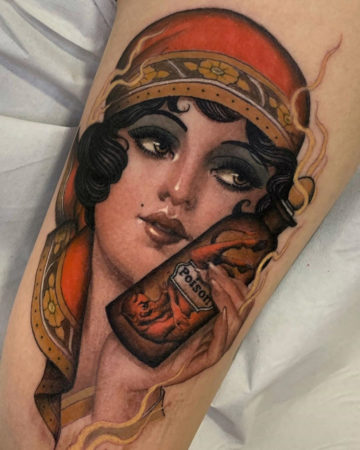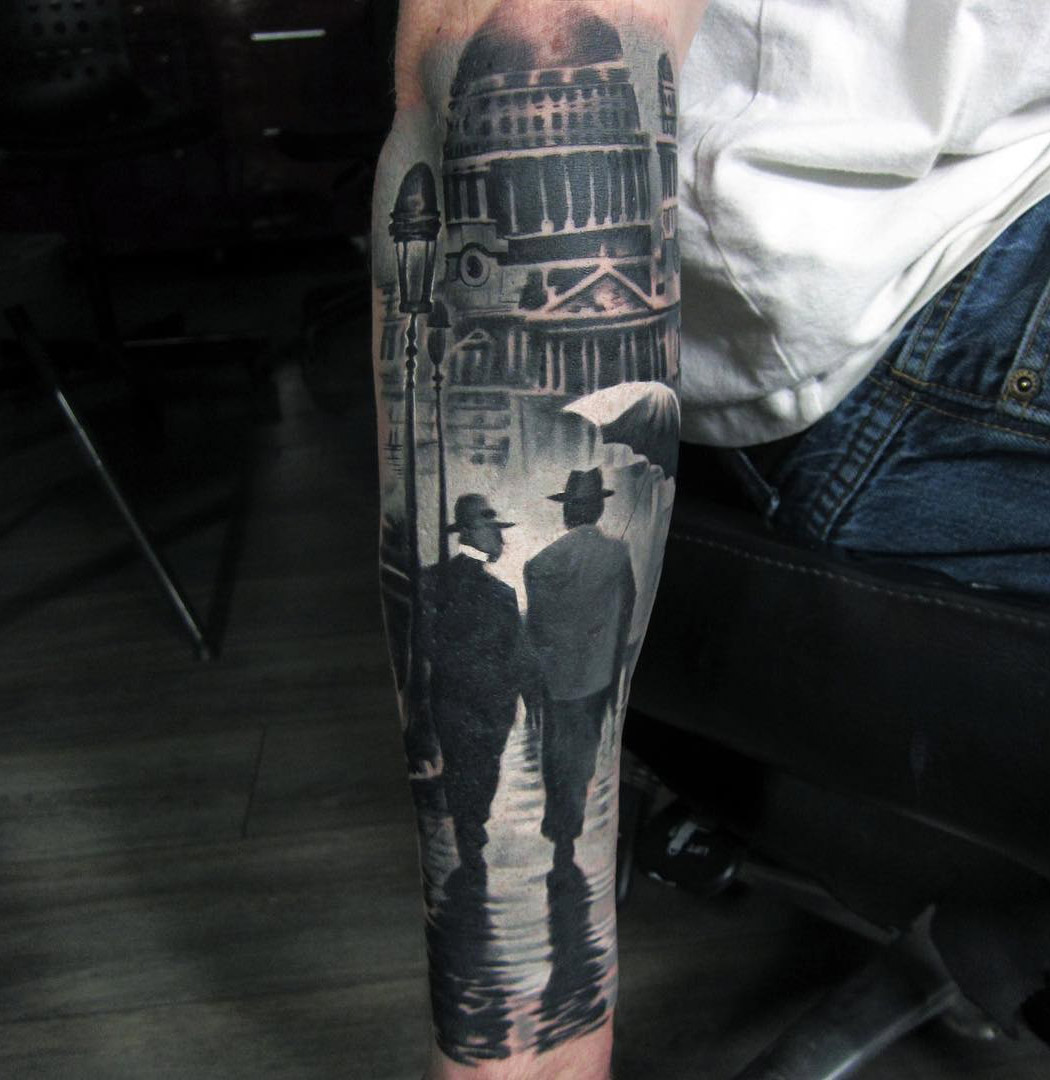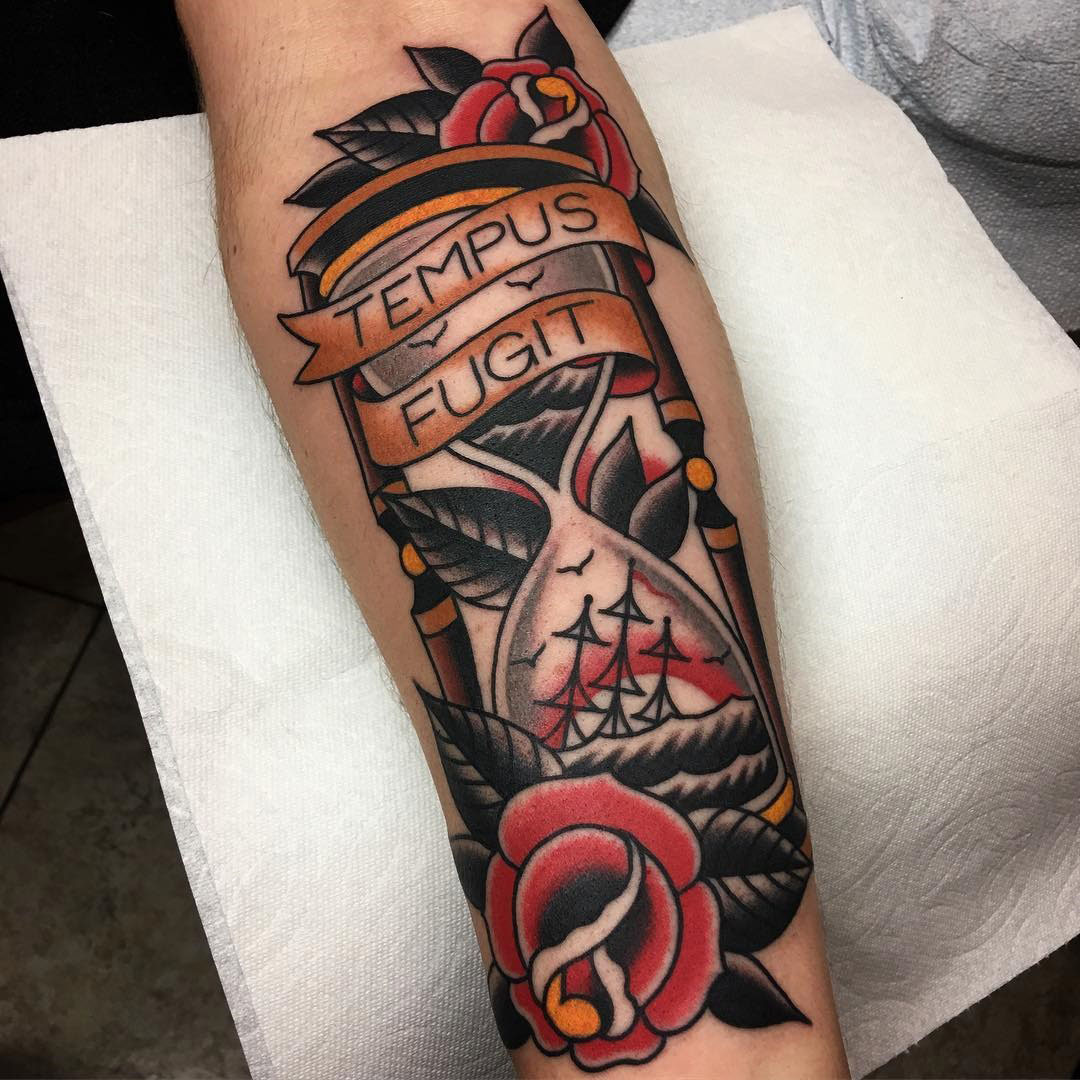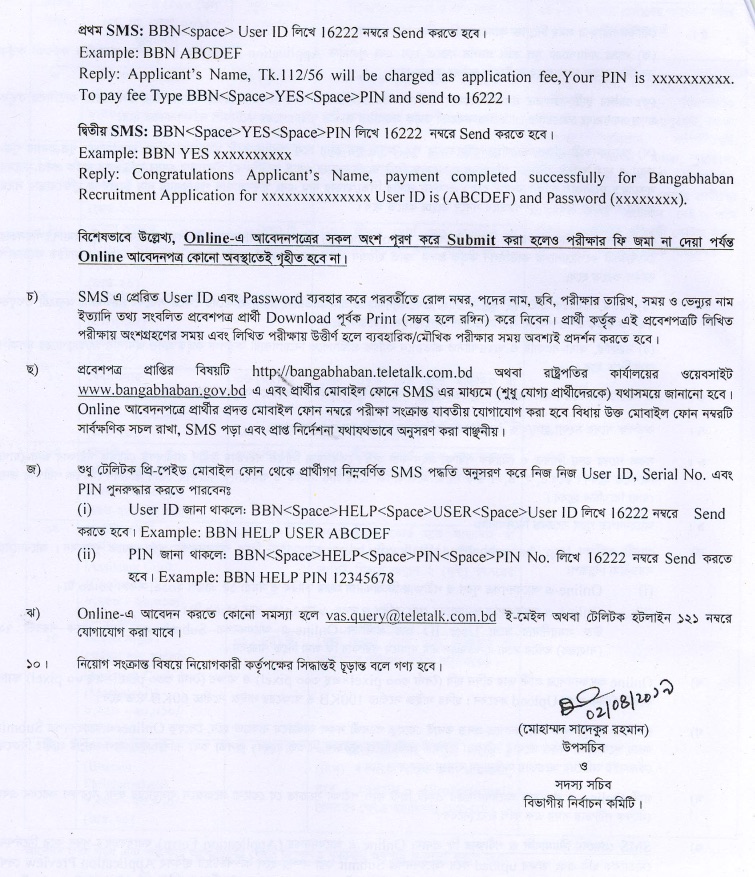500 Classic tattoos design And Meanings
A geisha tattoo is a symbol of true appreciation for Japanese culture and heritage. In this article, we’ll find out more about who geishas are and what their significance is in tattoos and beyond. We’ll also look at some beautiful examples of Japanese geisha tattoos in various styles and placements.
500 Classic tattoos design
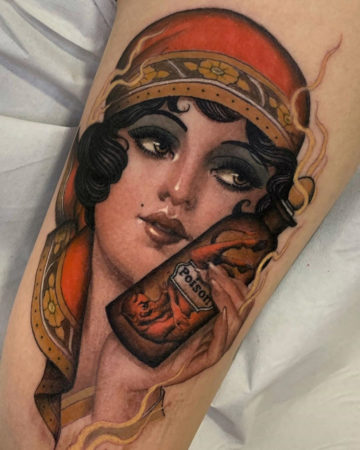
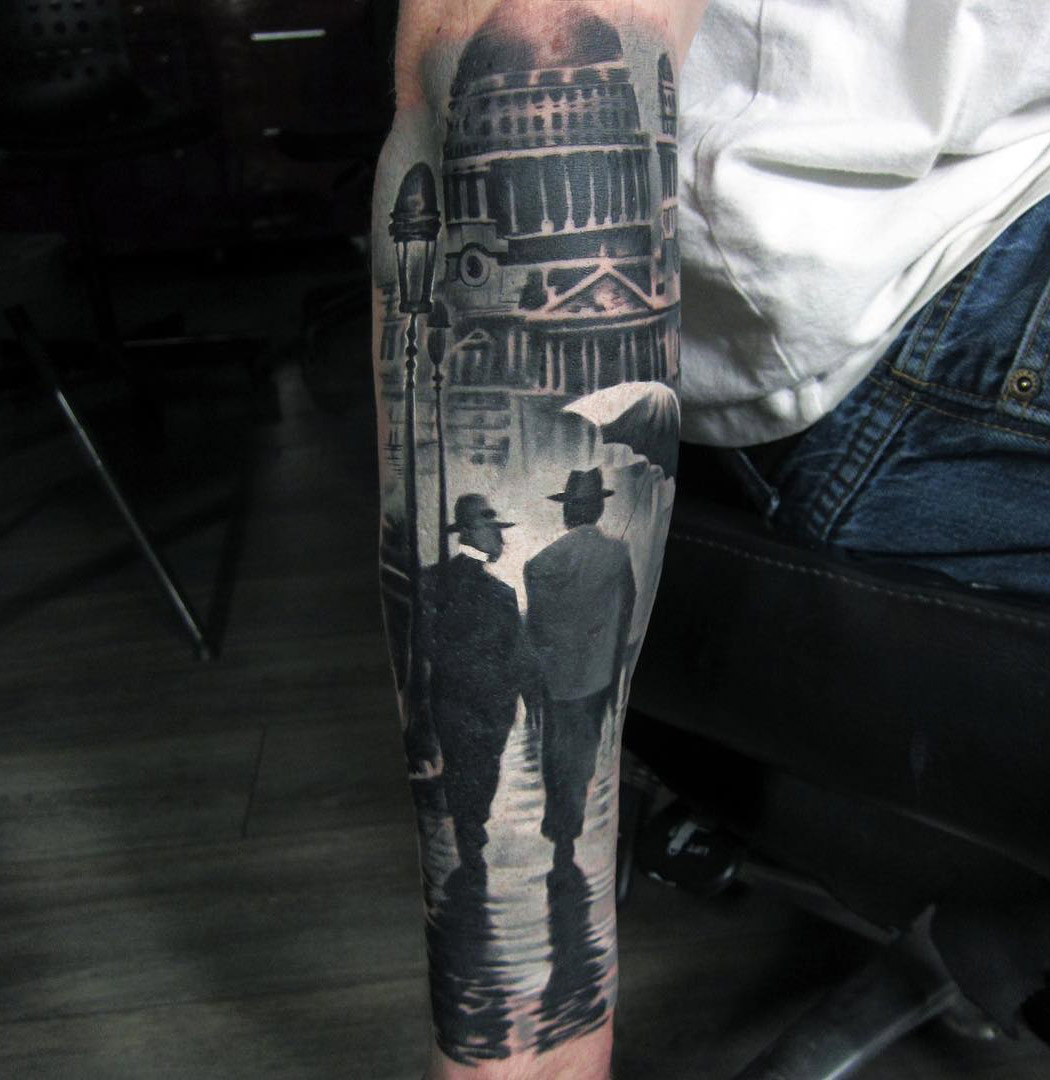
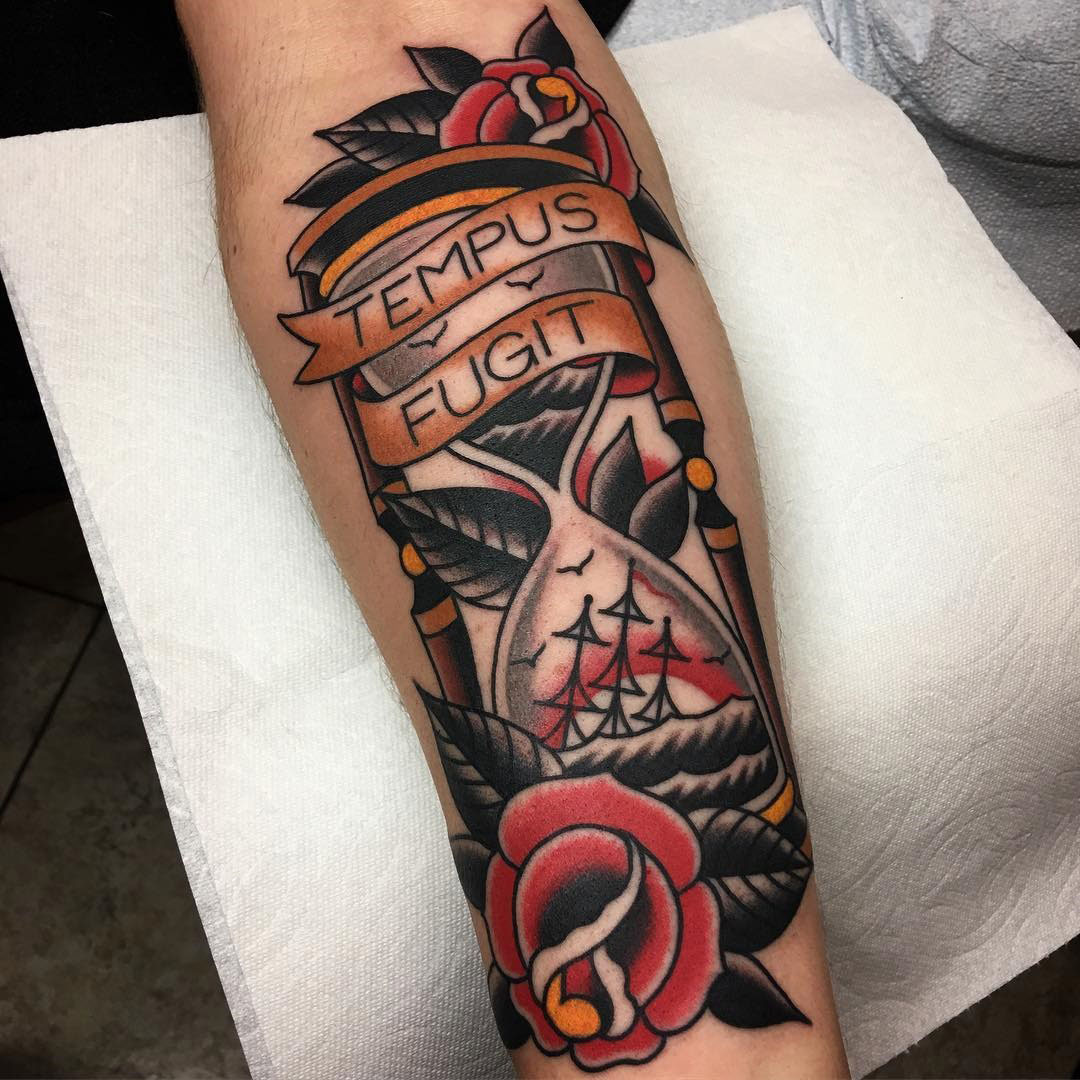
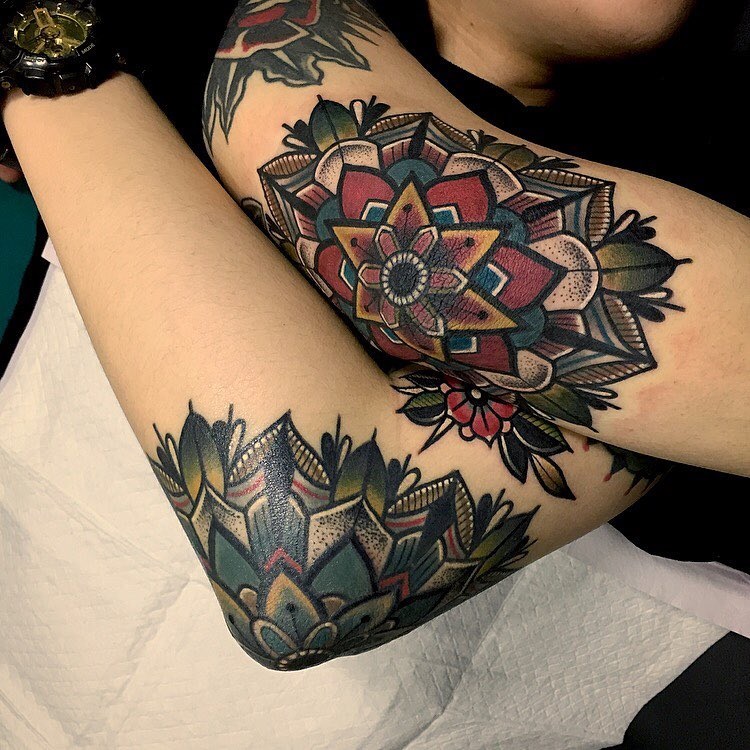
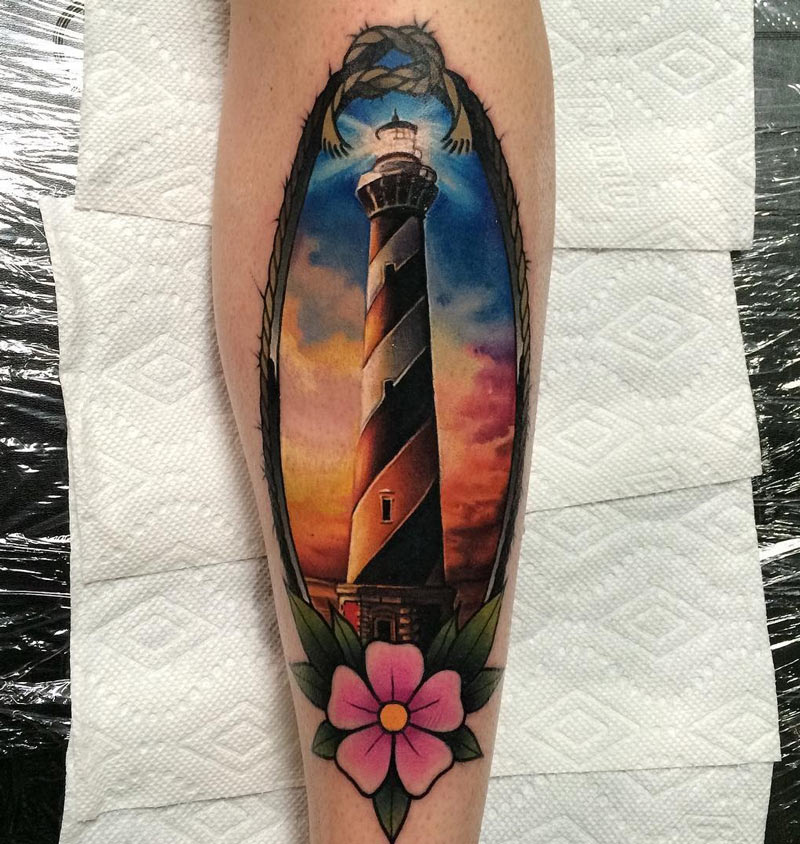
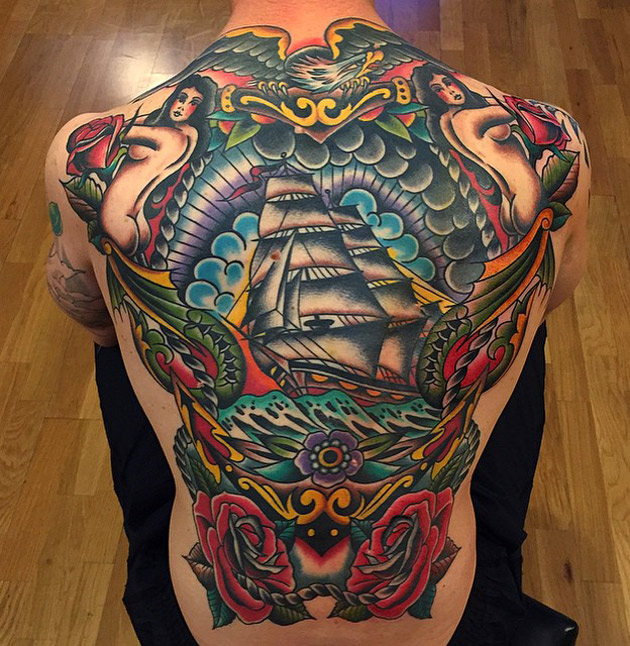
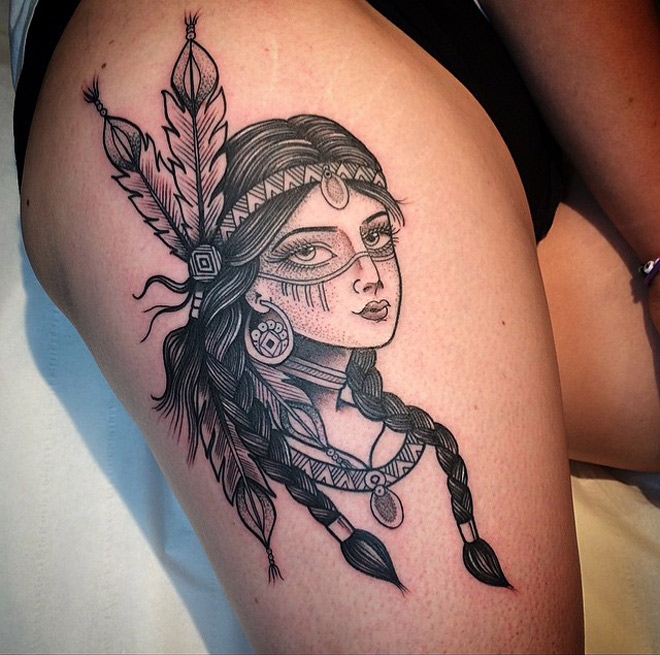
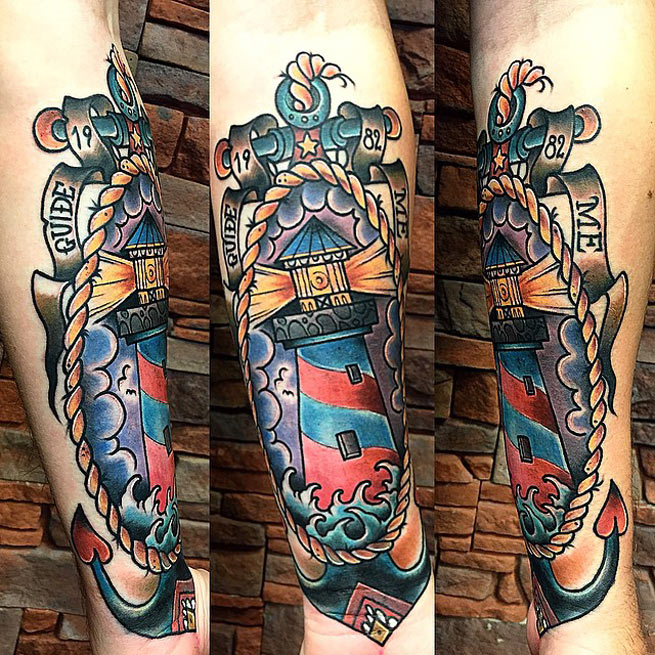
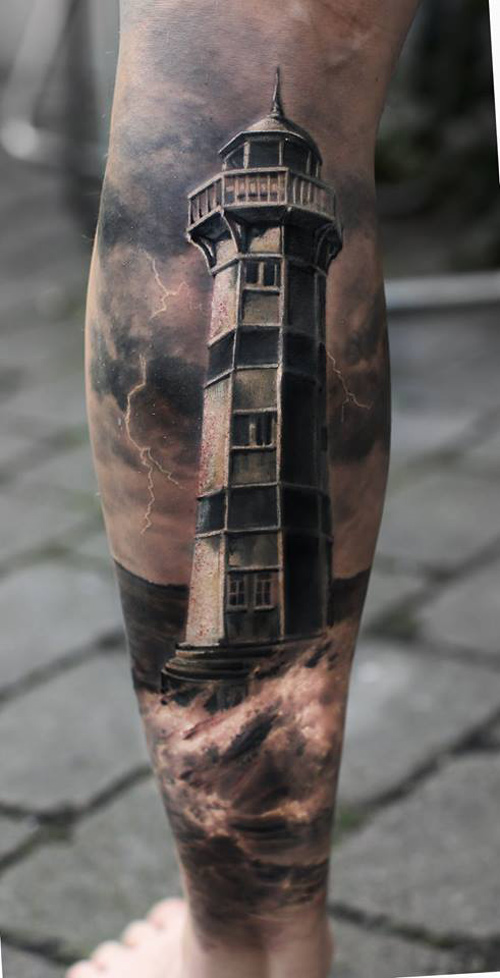
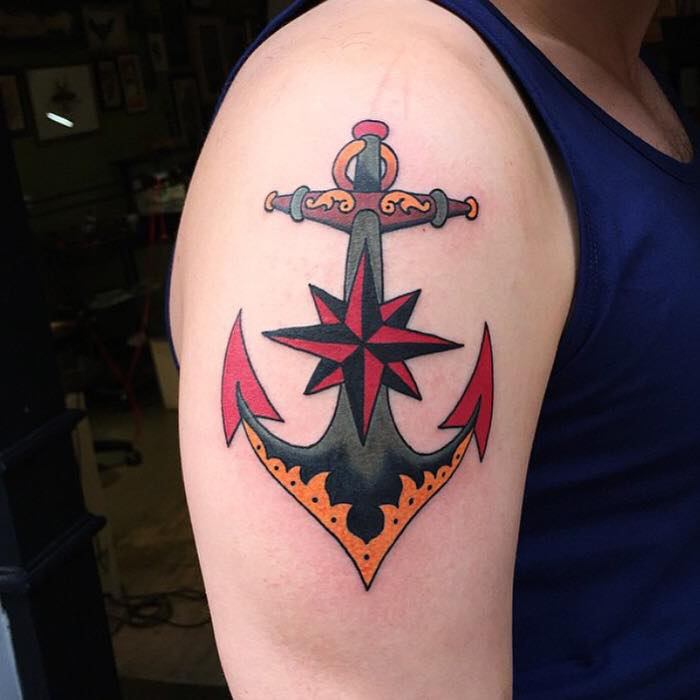
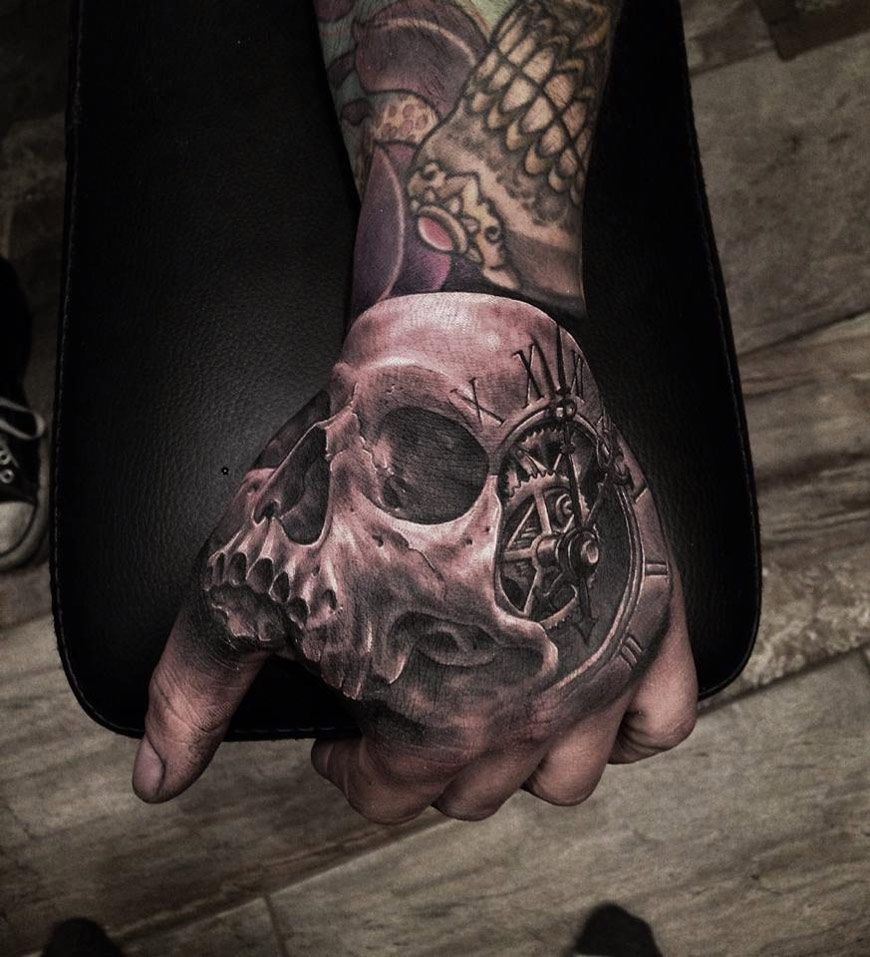
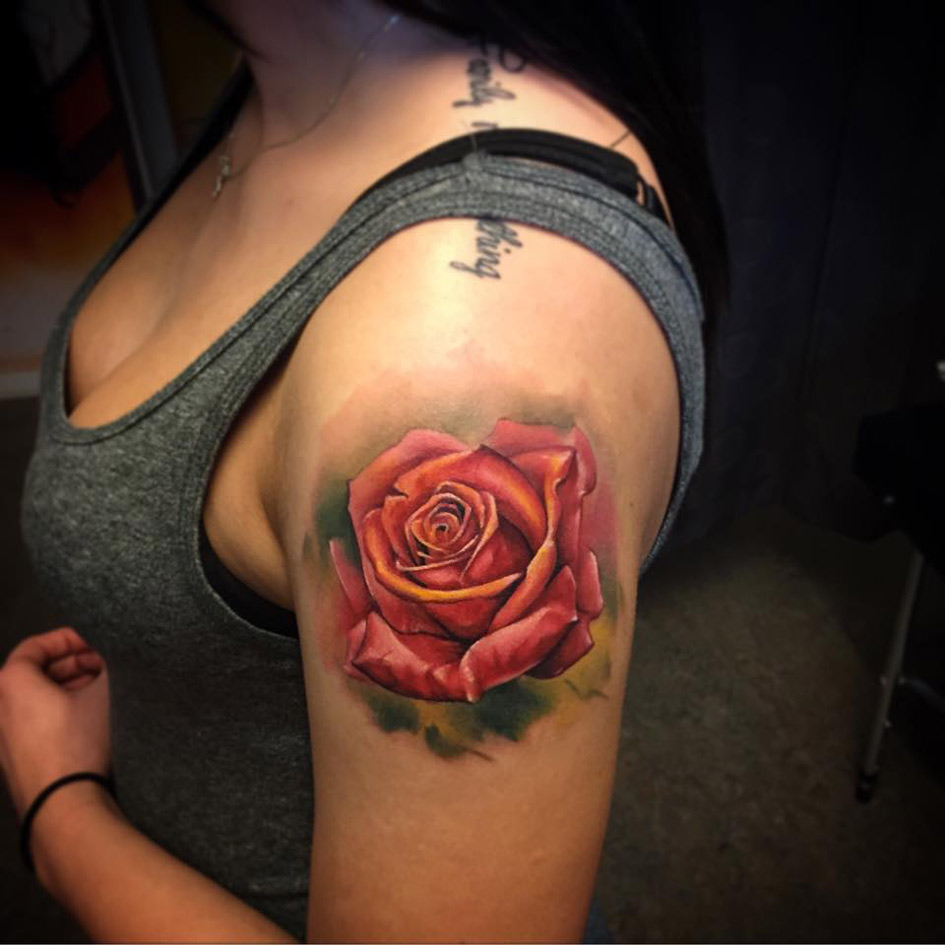


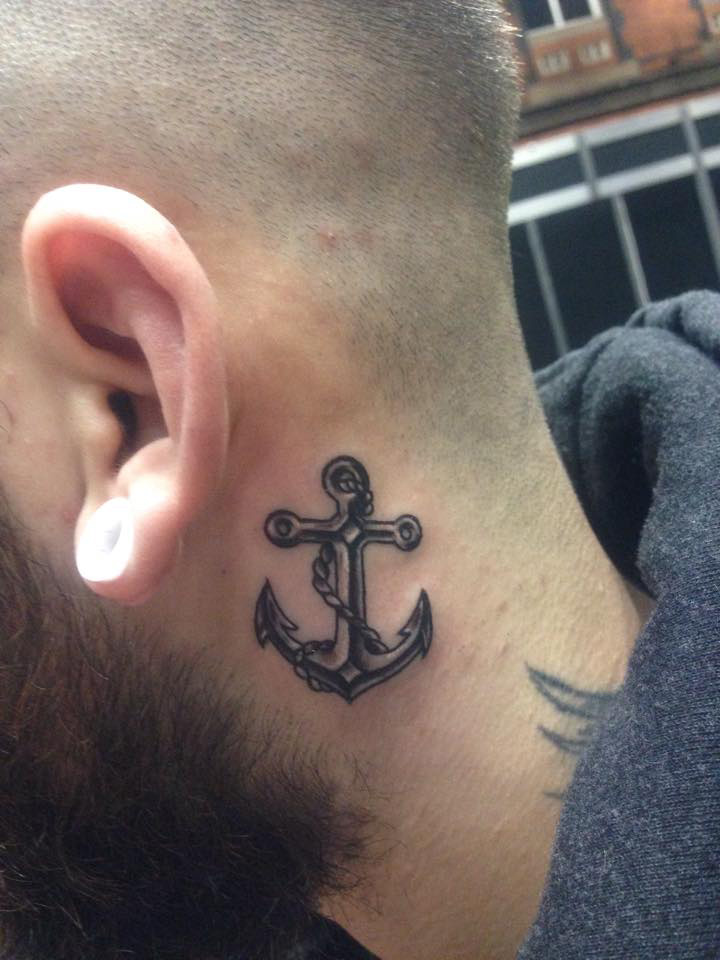
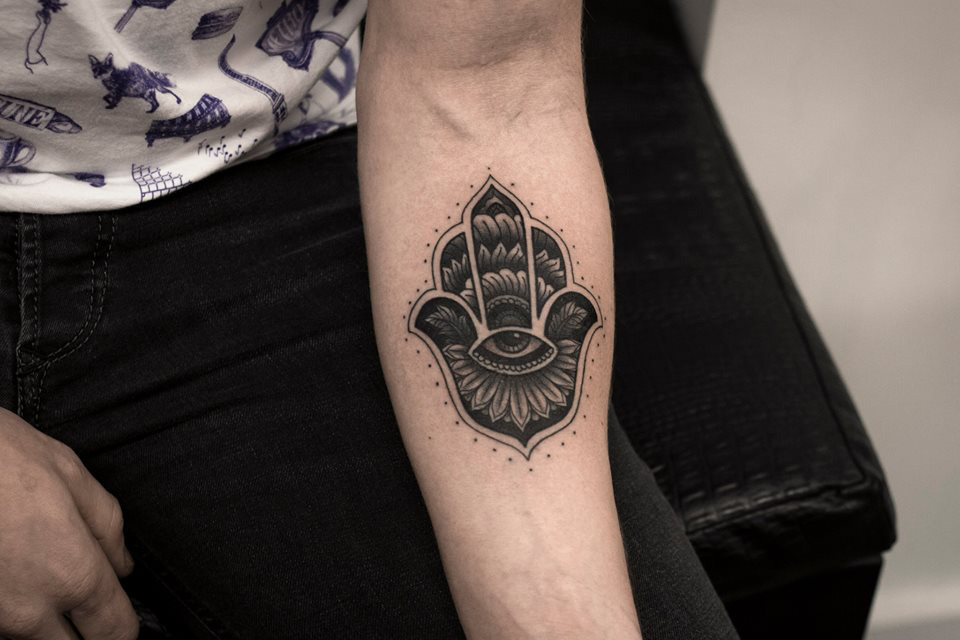
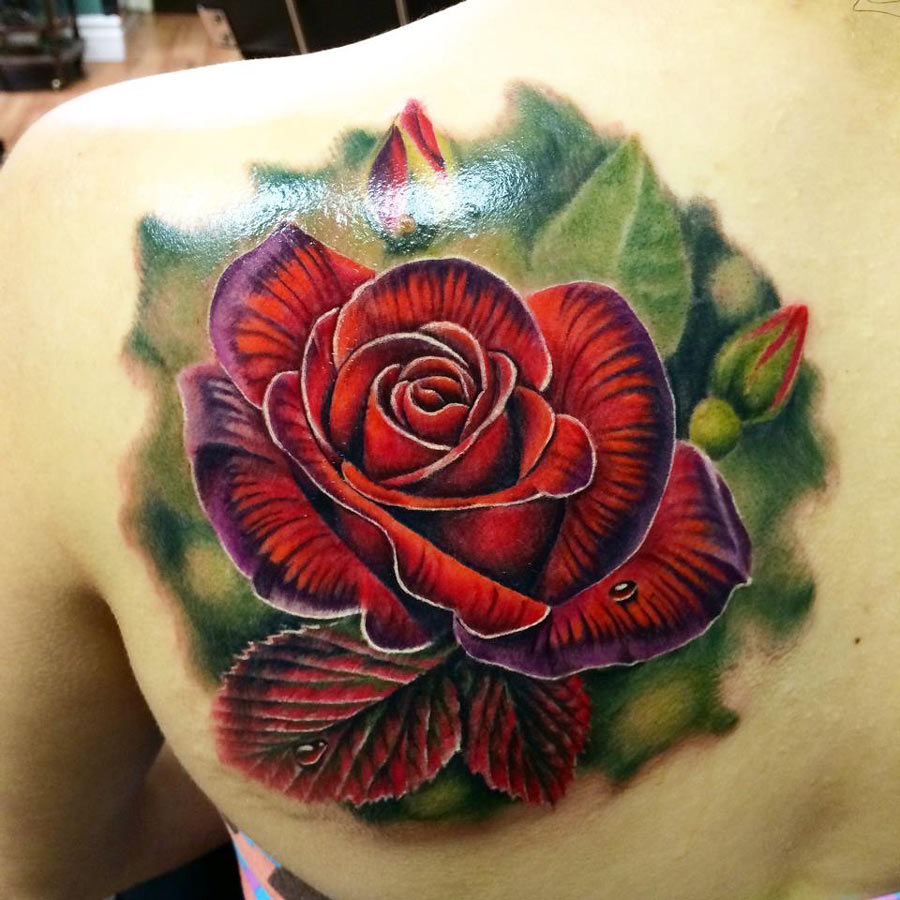
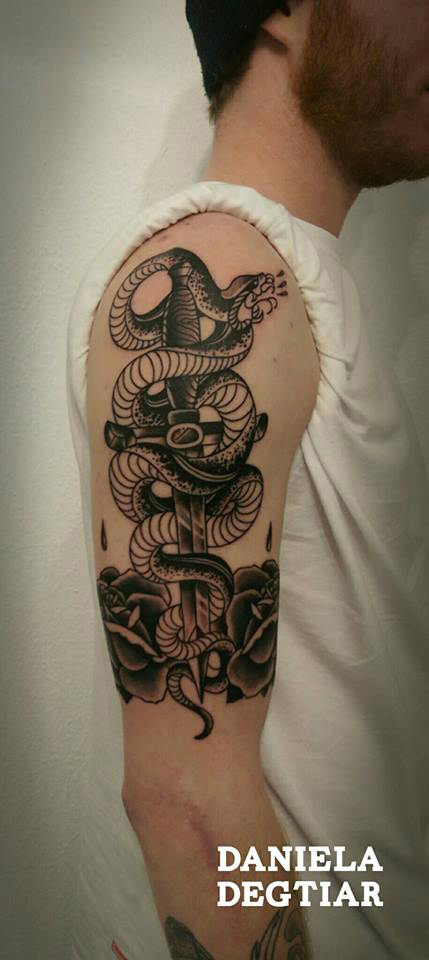
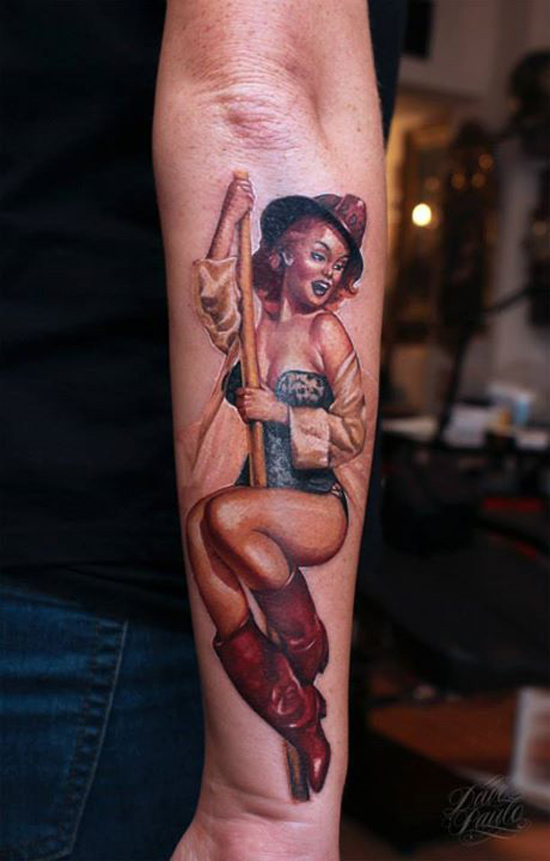
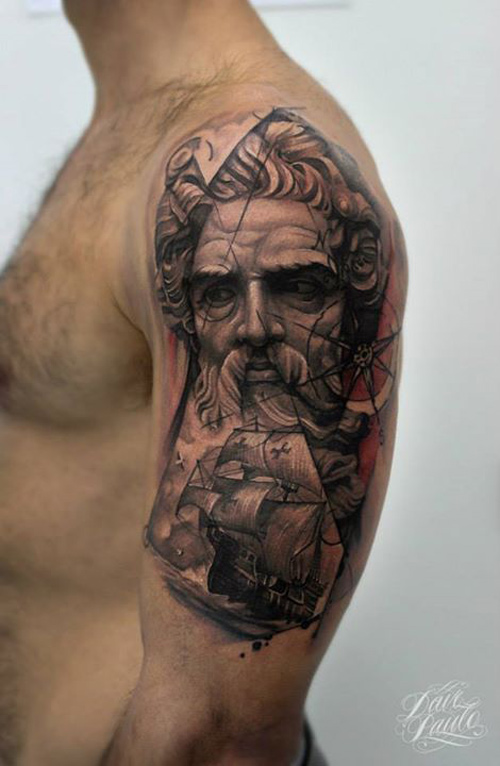
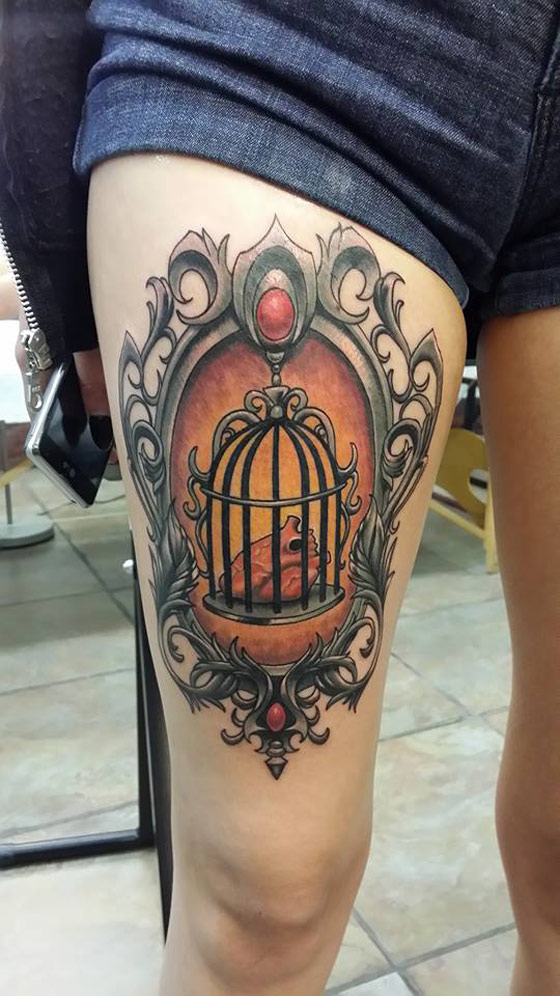
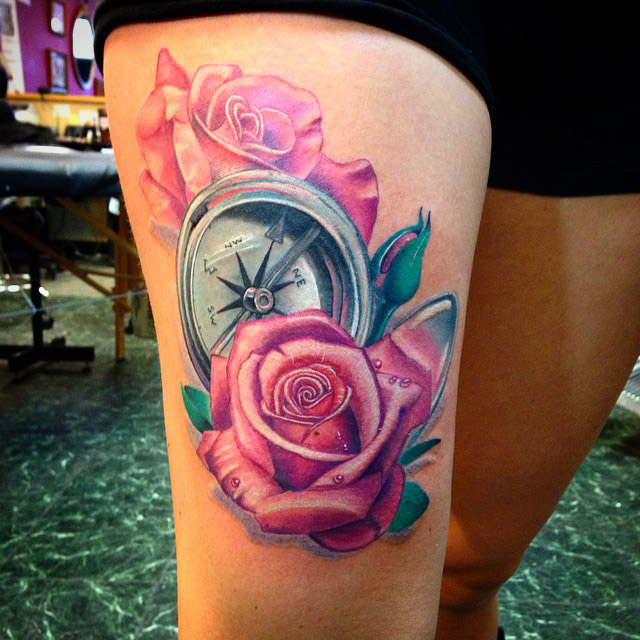
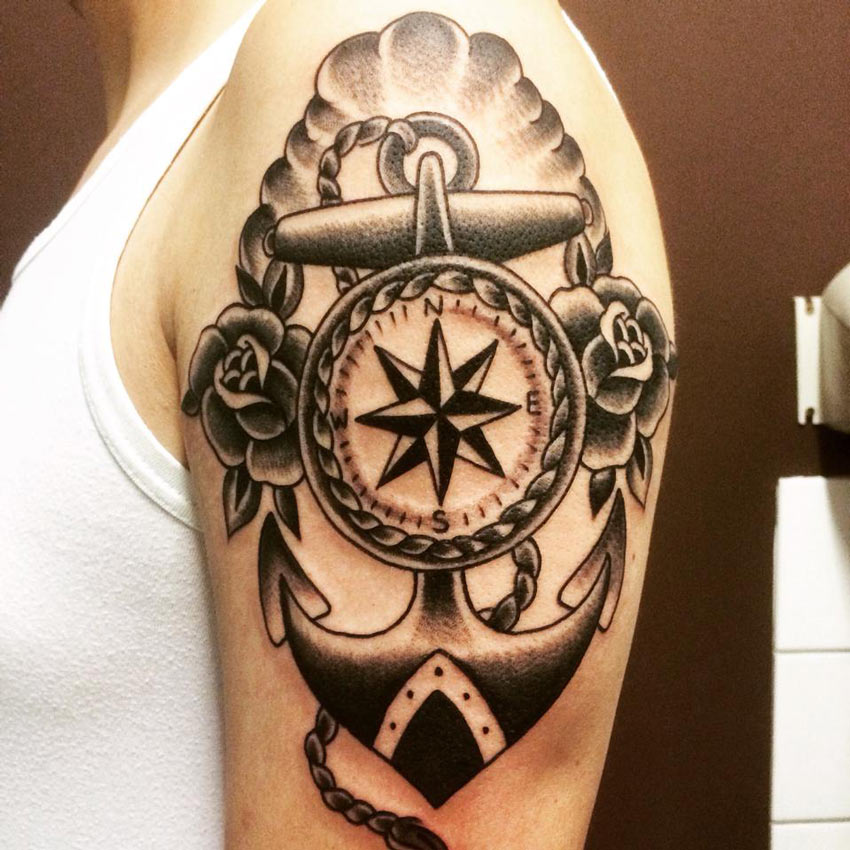
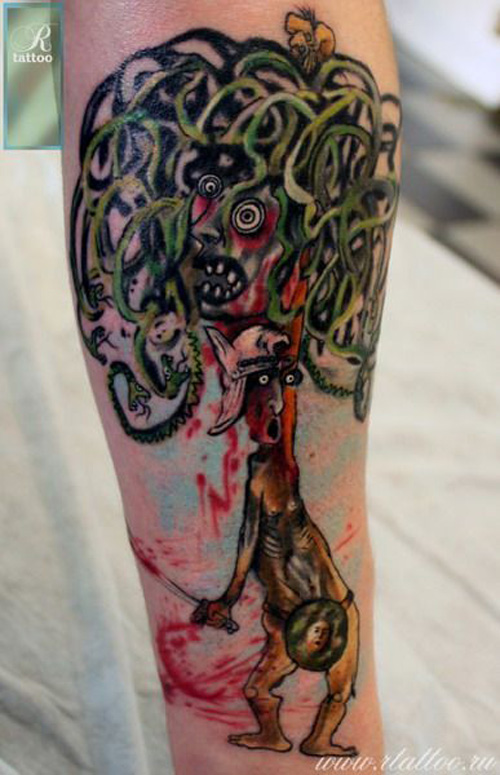
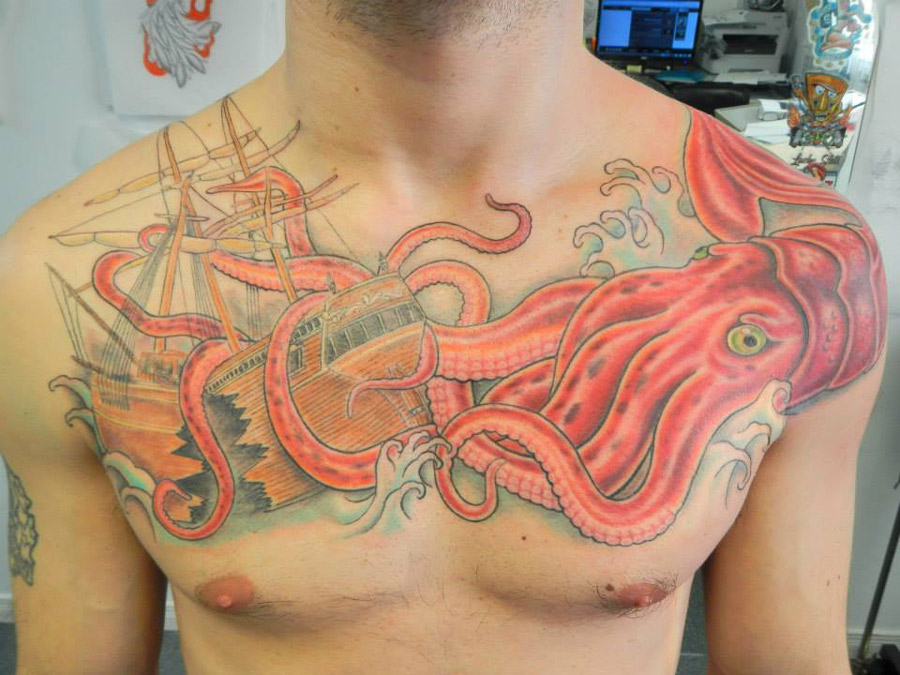

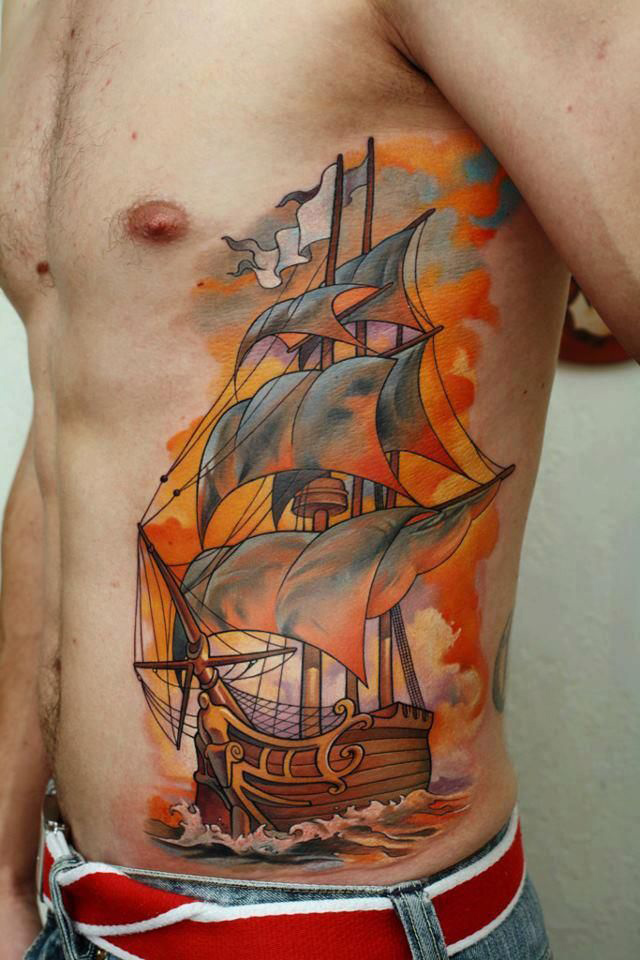
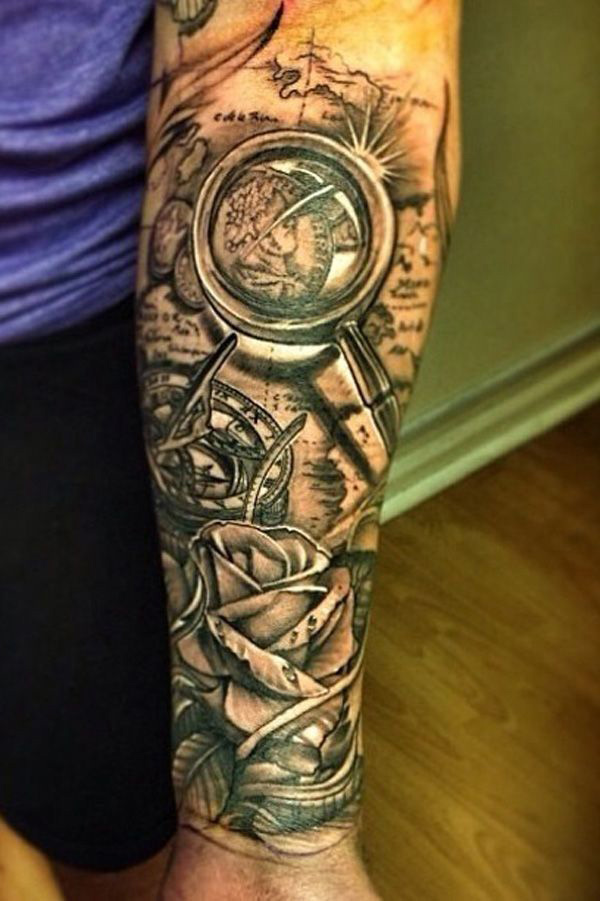

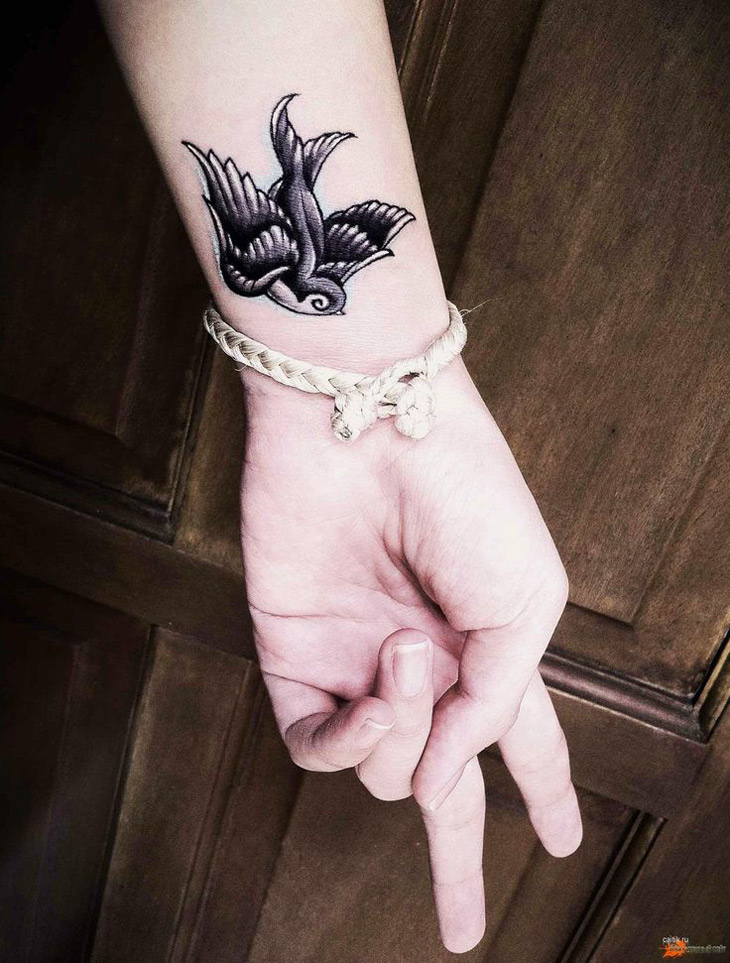
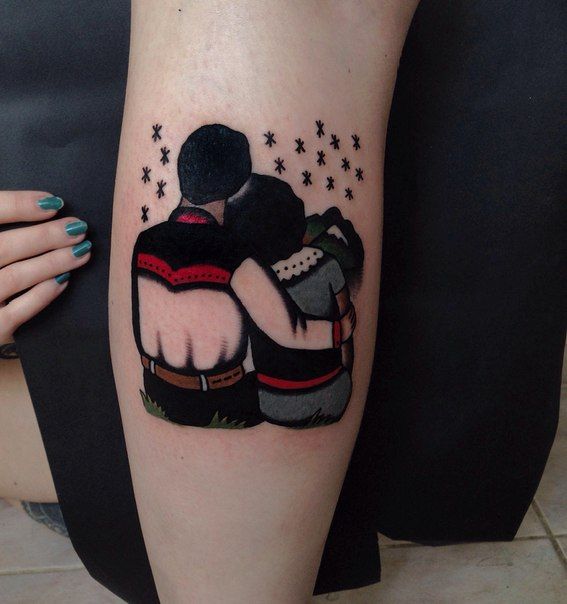
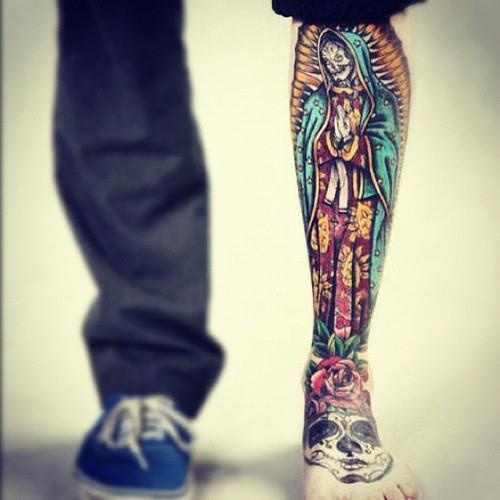
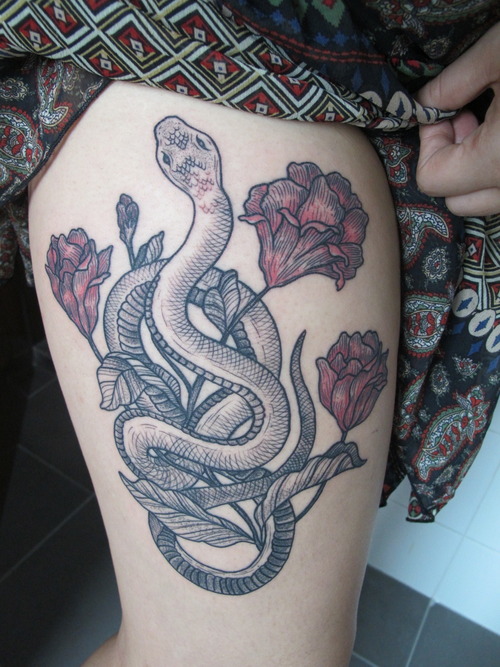
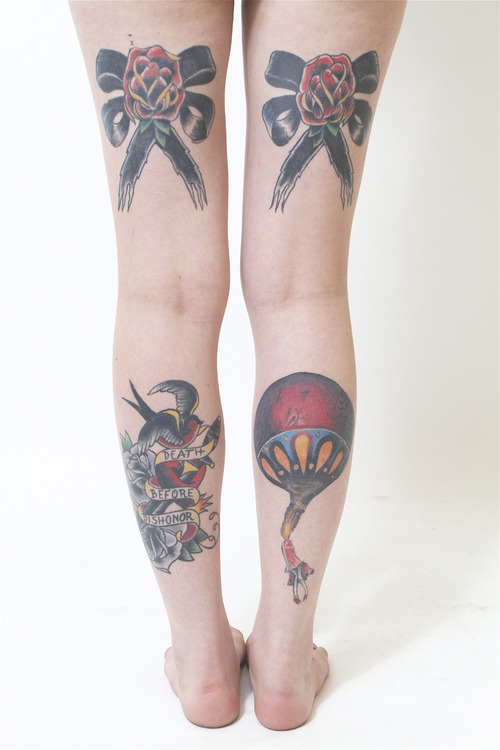

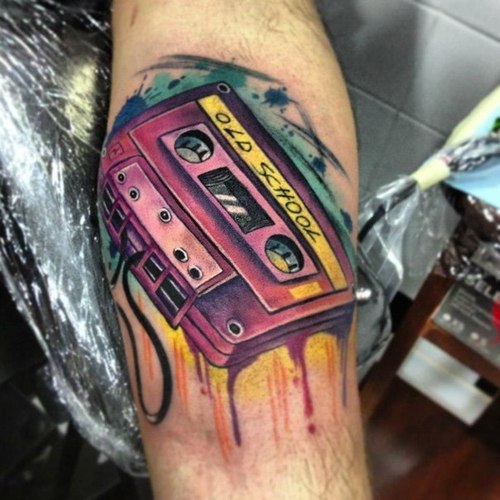
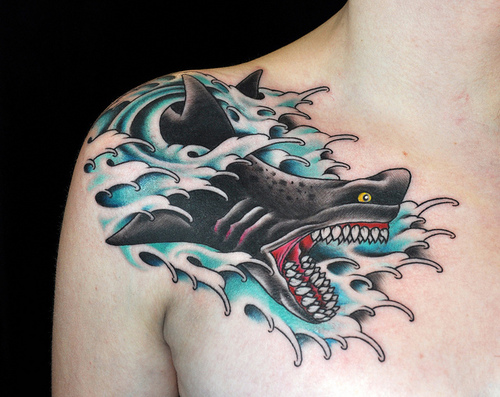

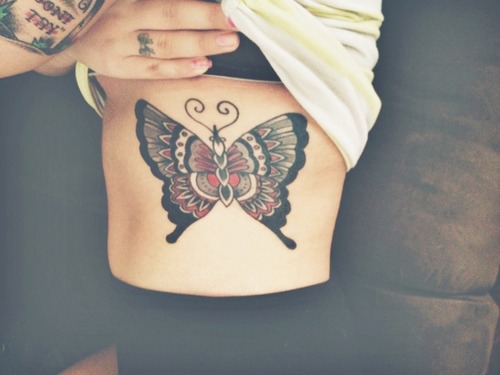

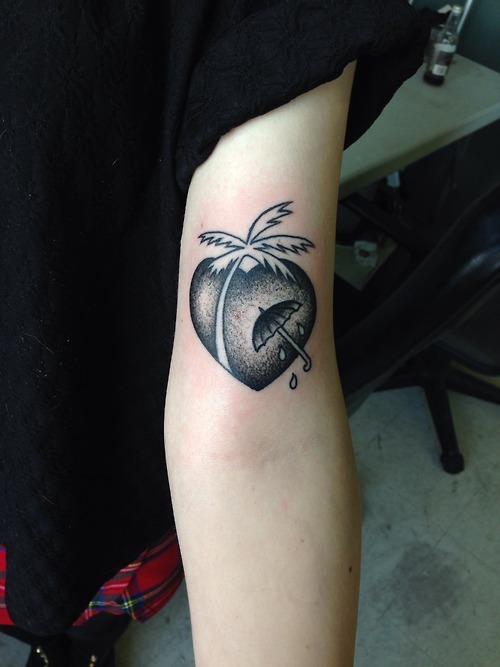
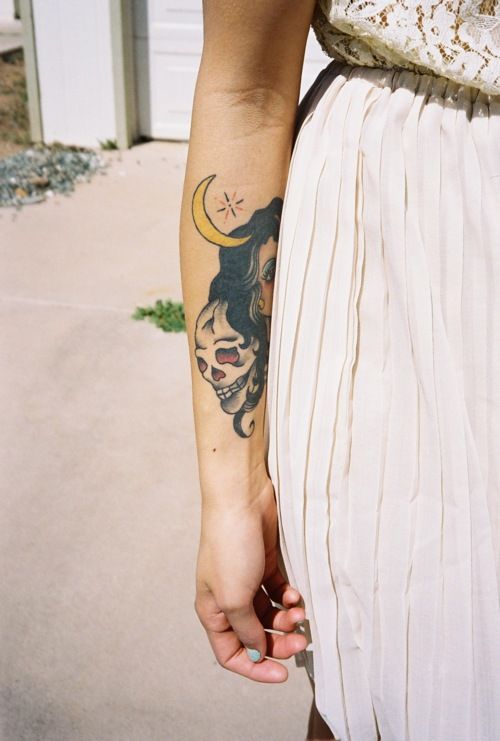
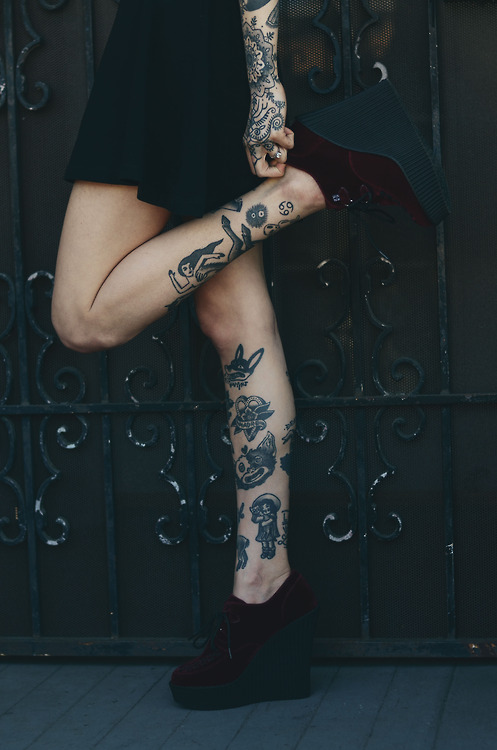
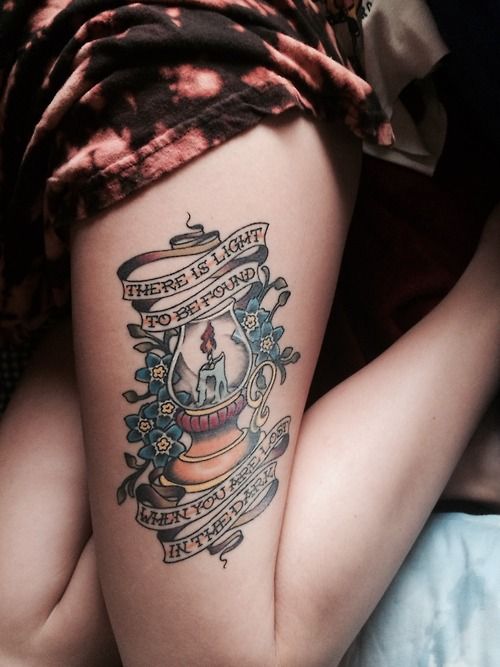
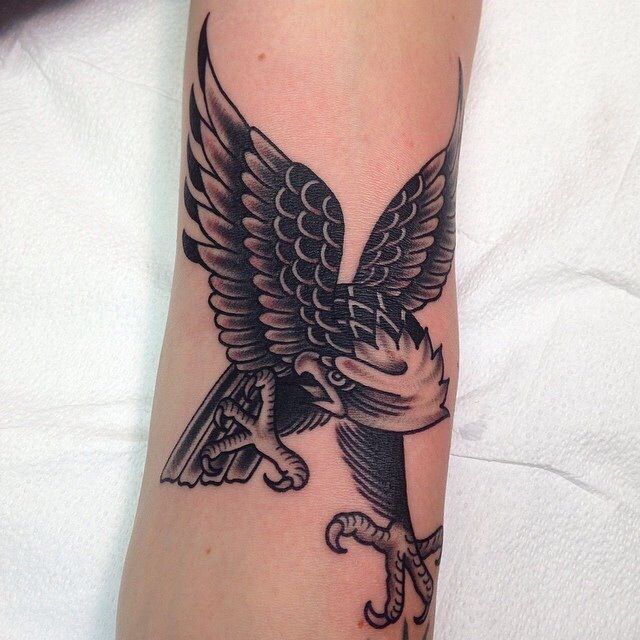
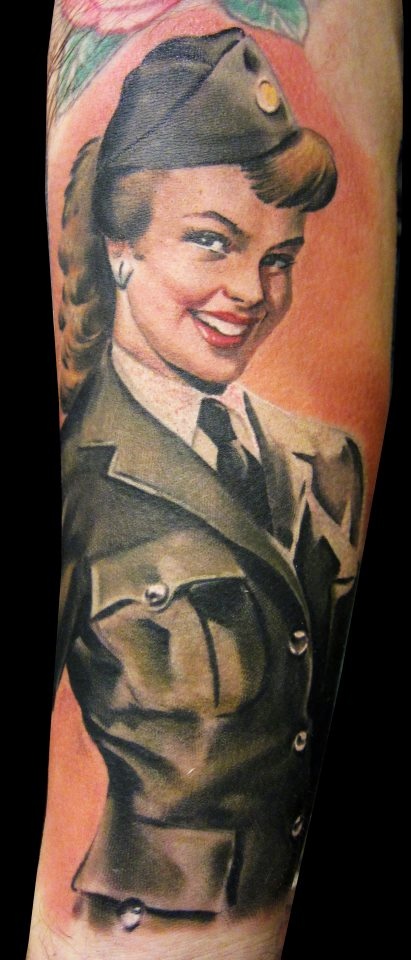
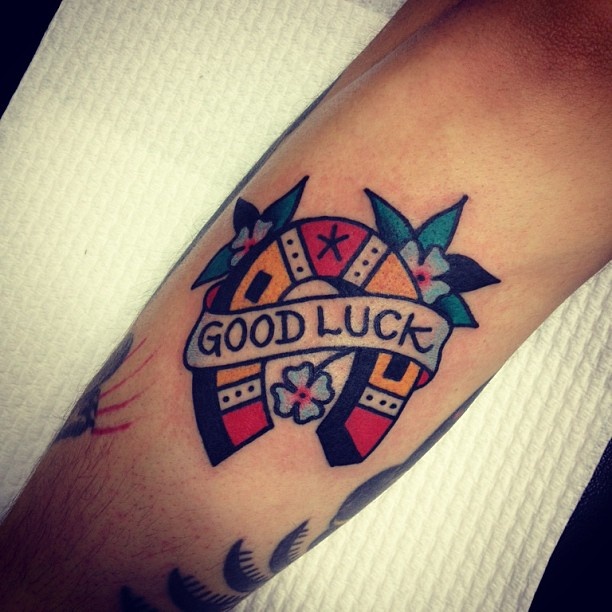
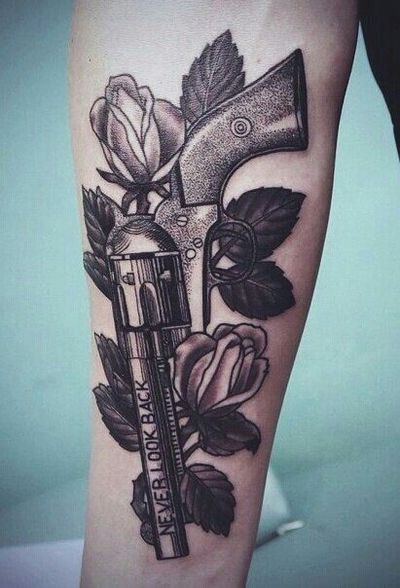
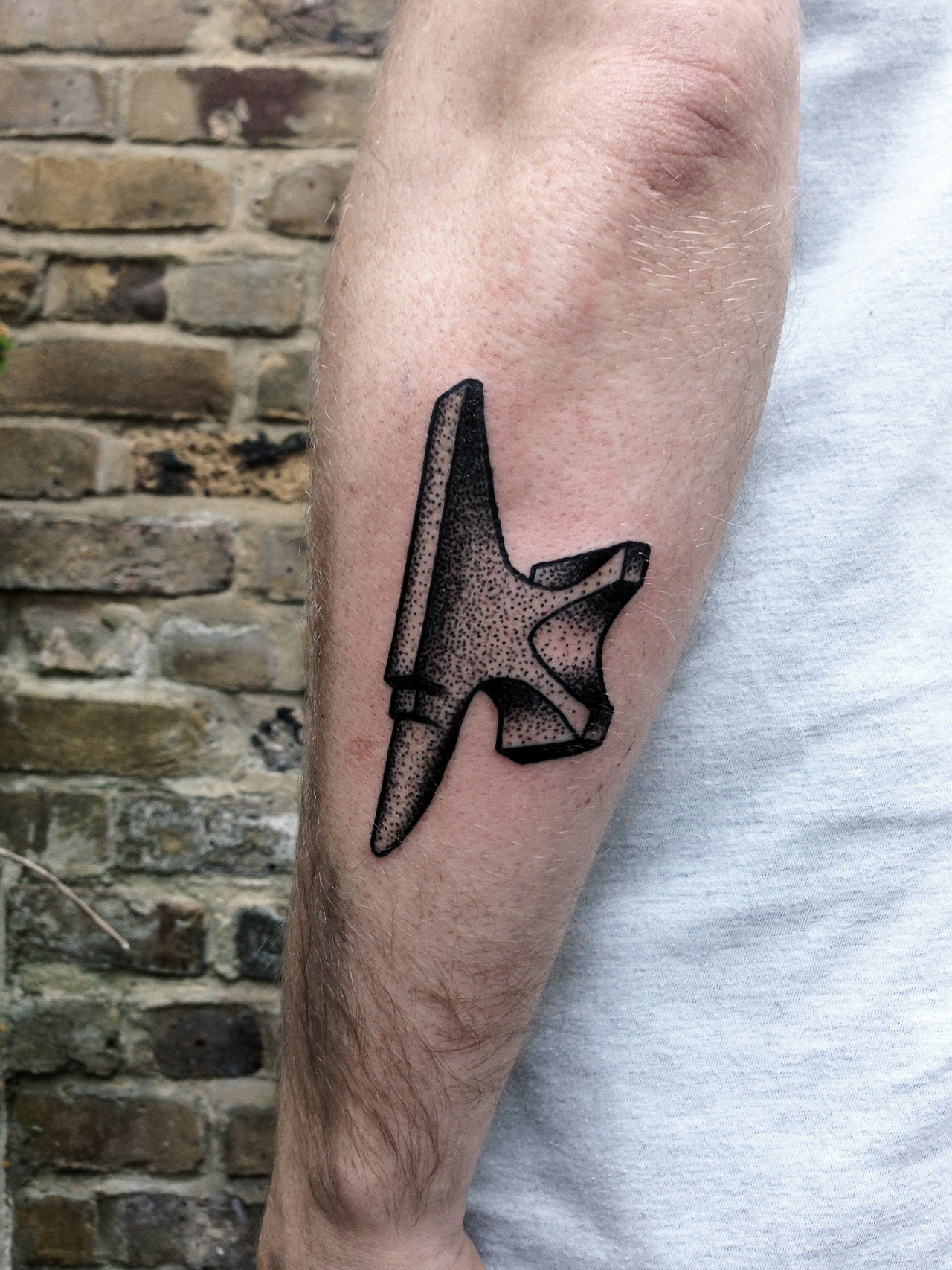
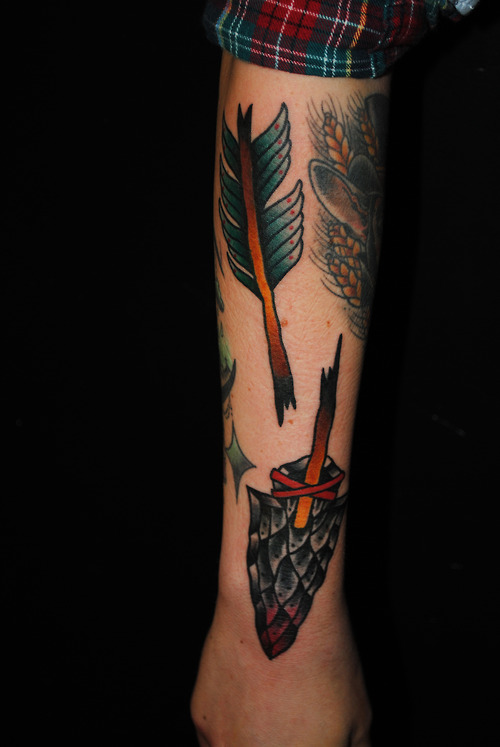
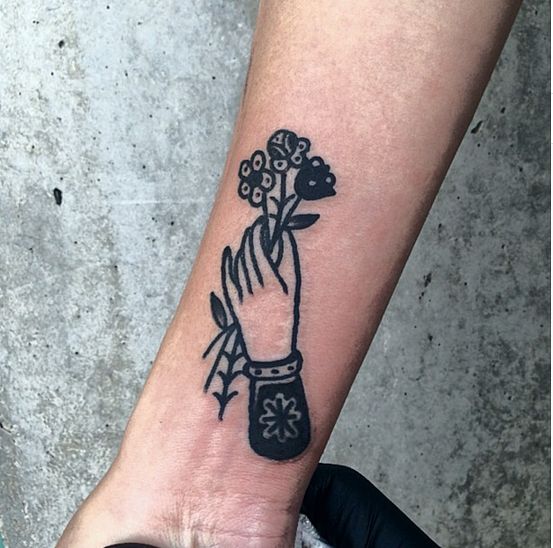

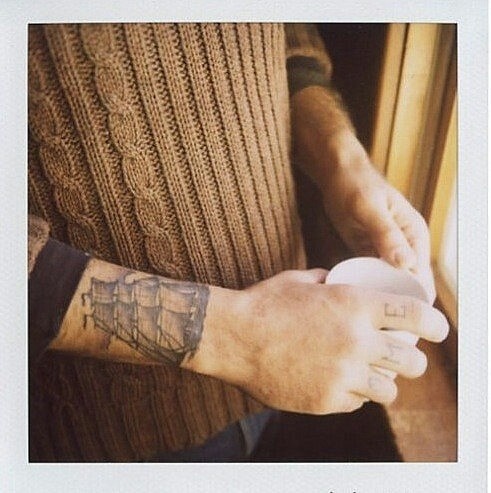
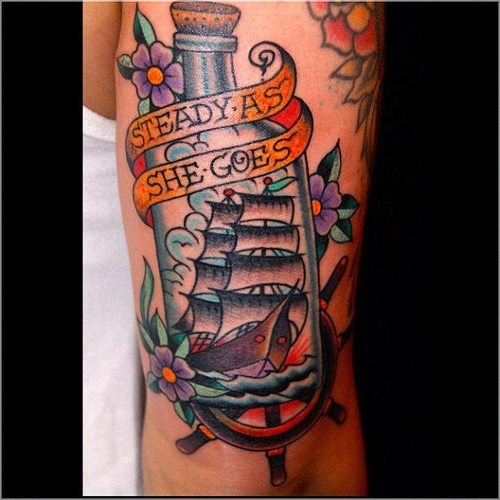
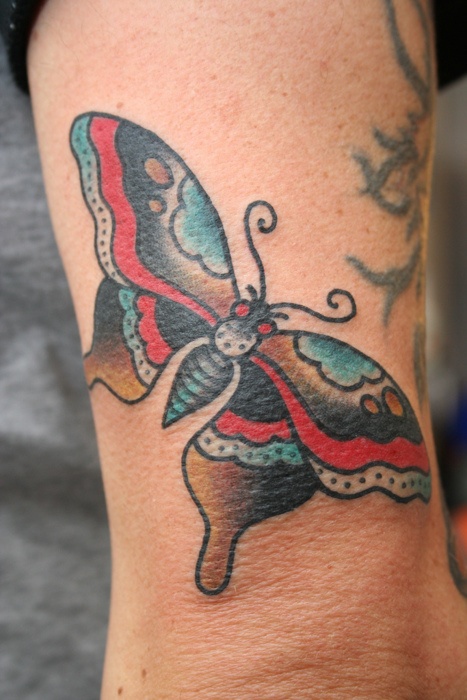
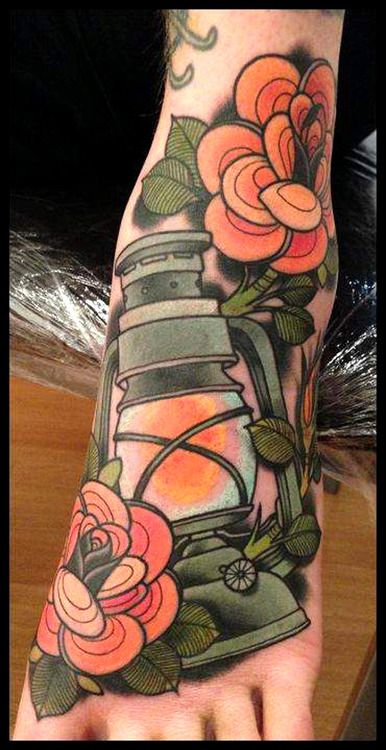
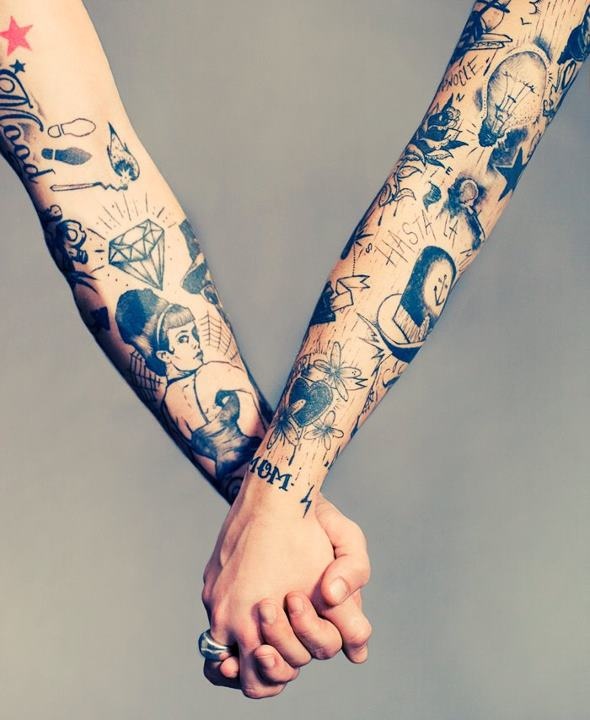
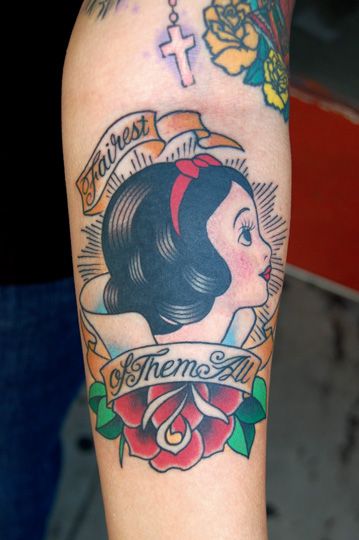
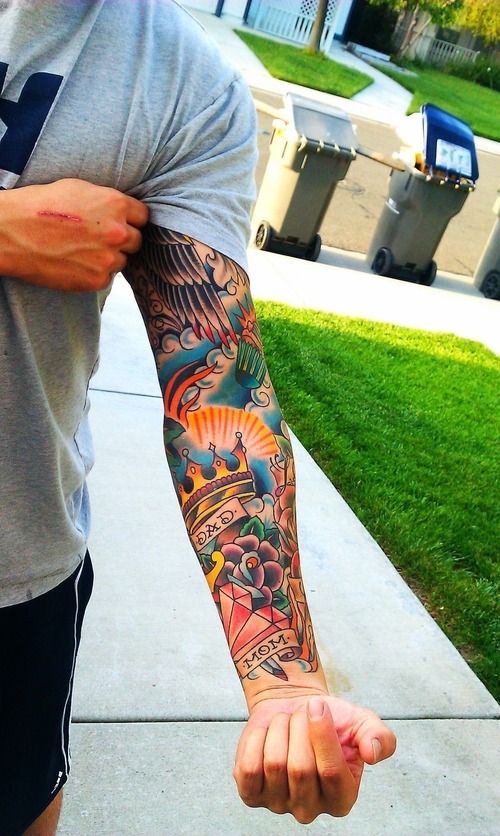
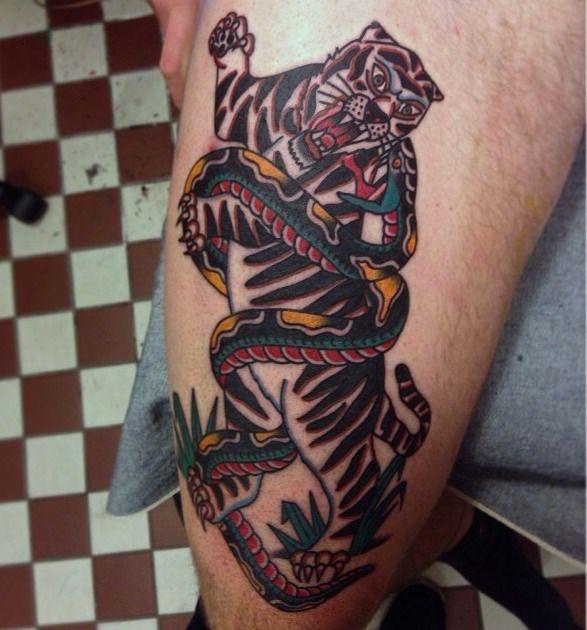
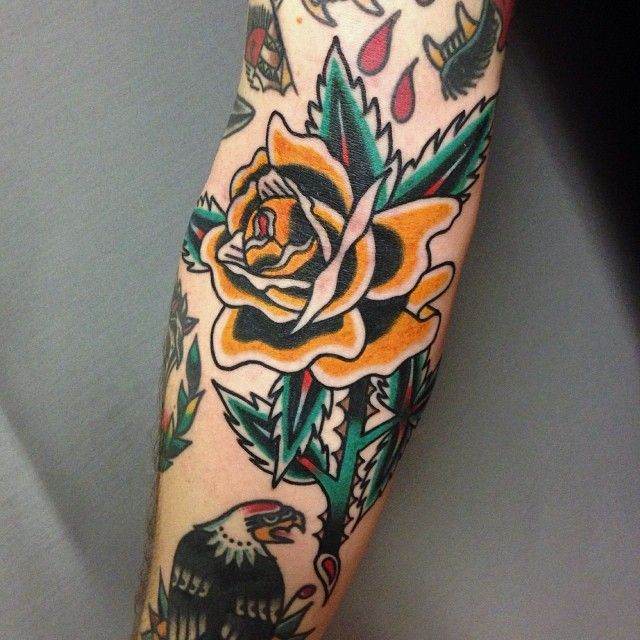
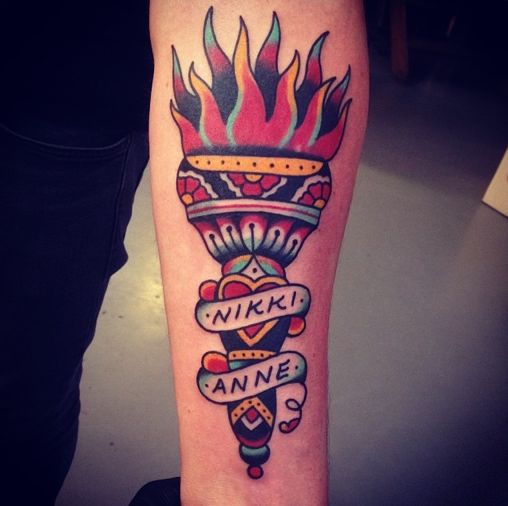
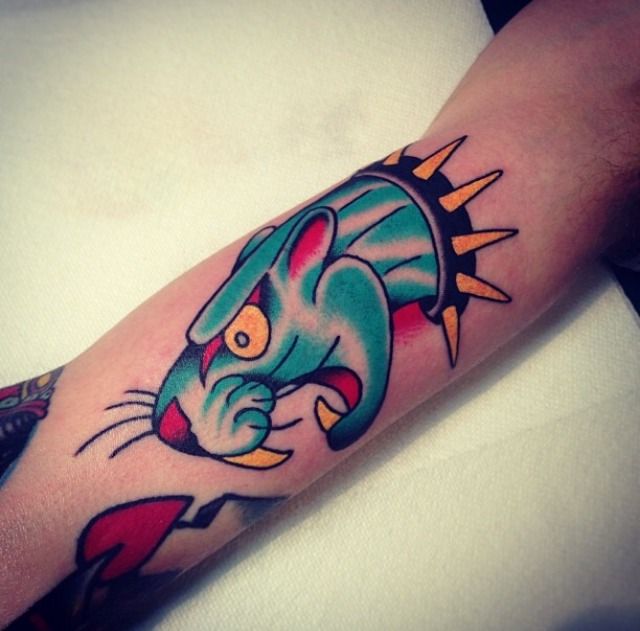


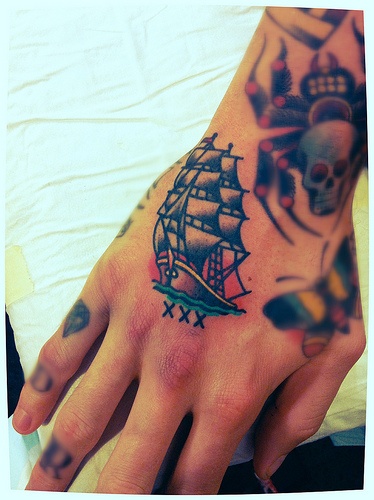
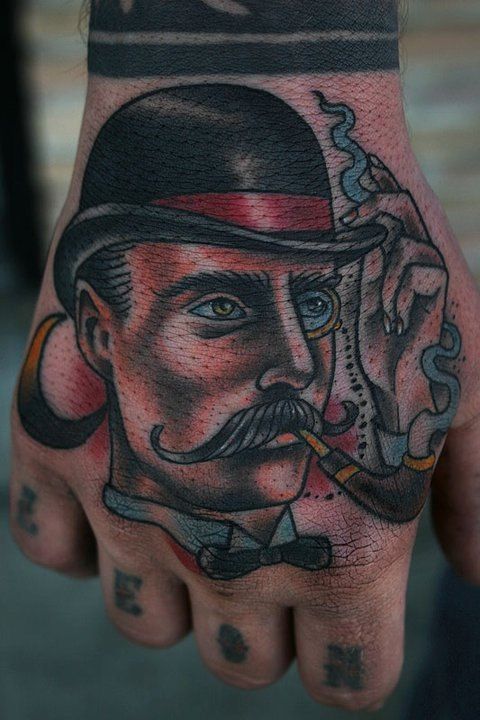
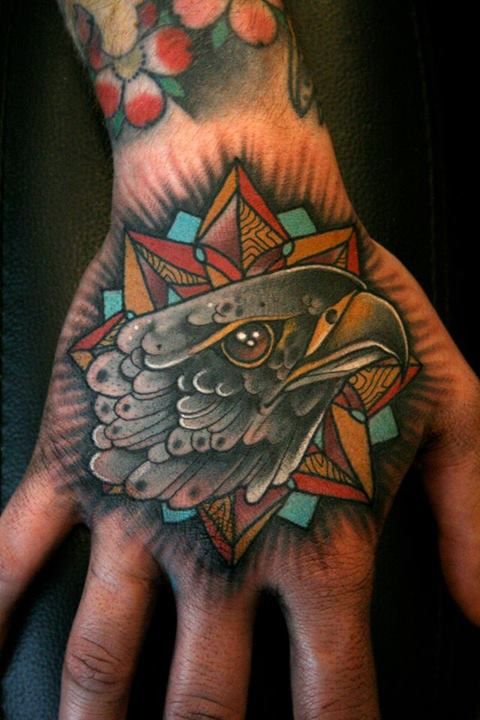

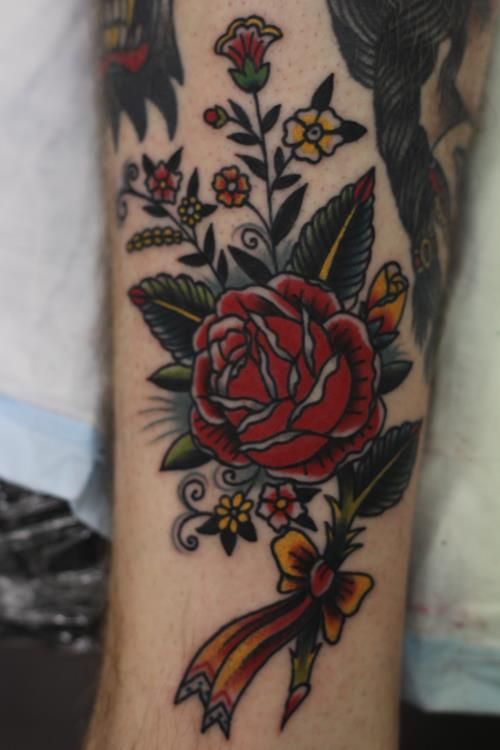
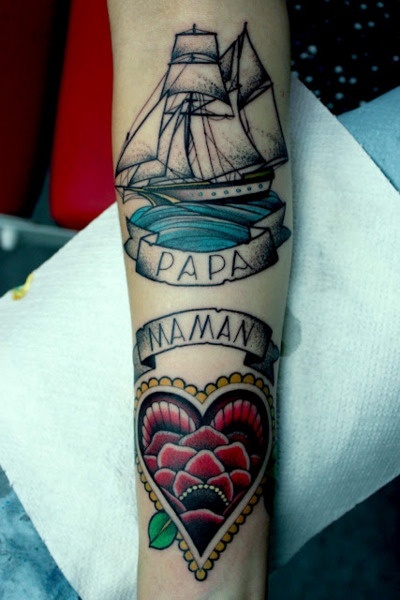
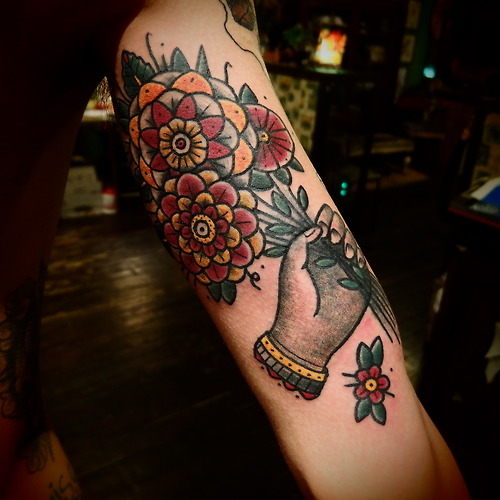
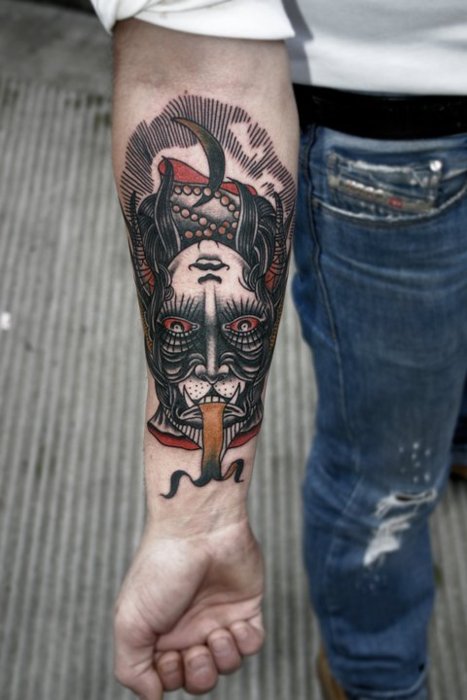
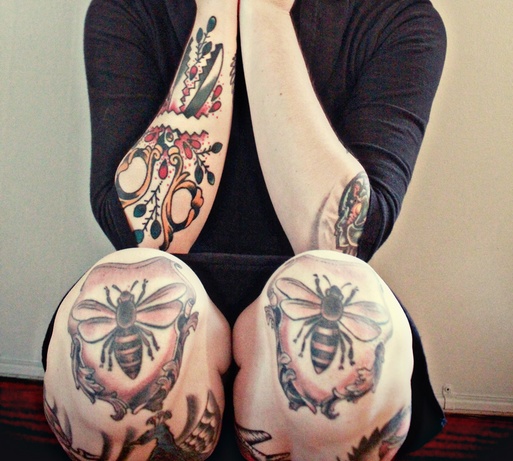

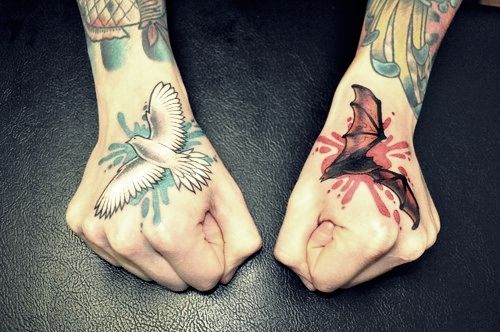
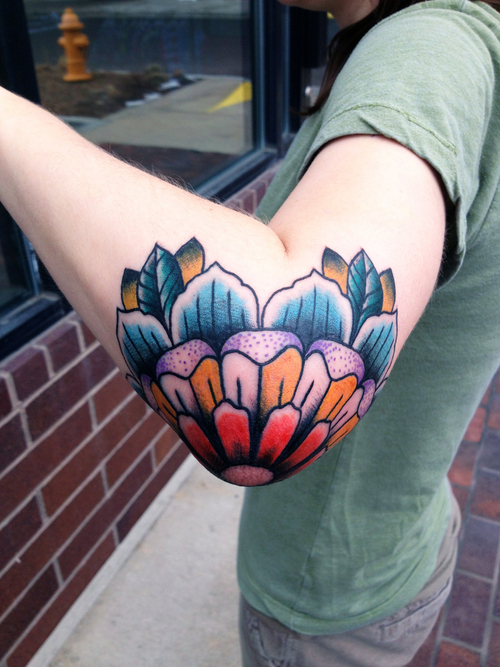
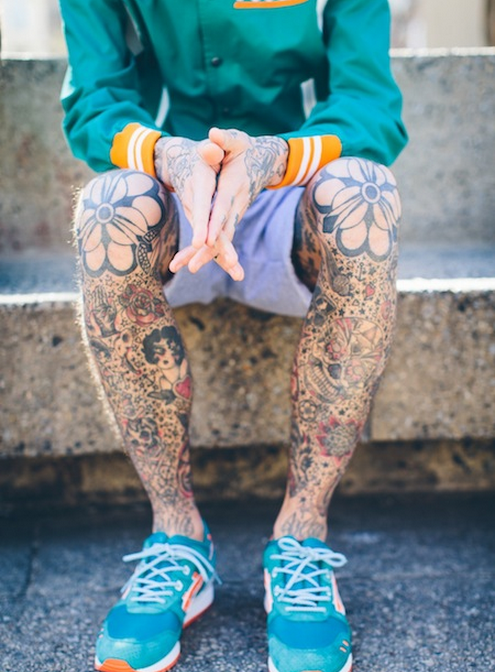
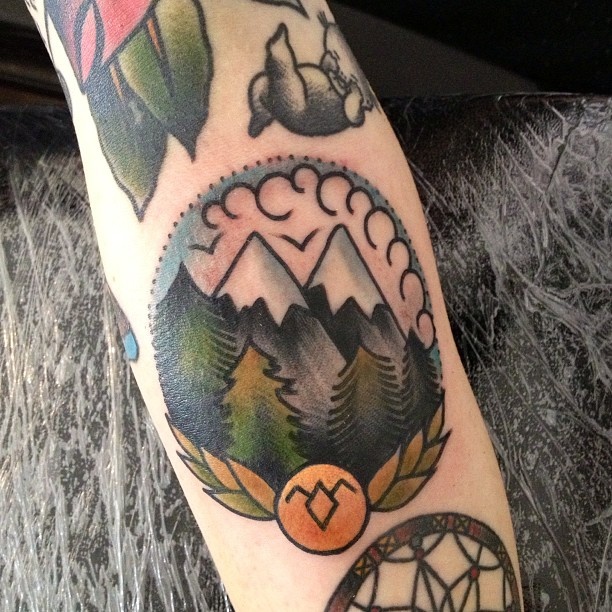
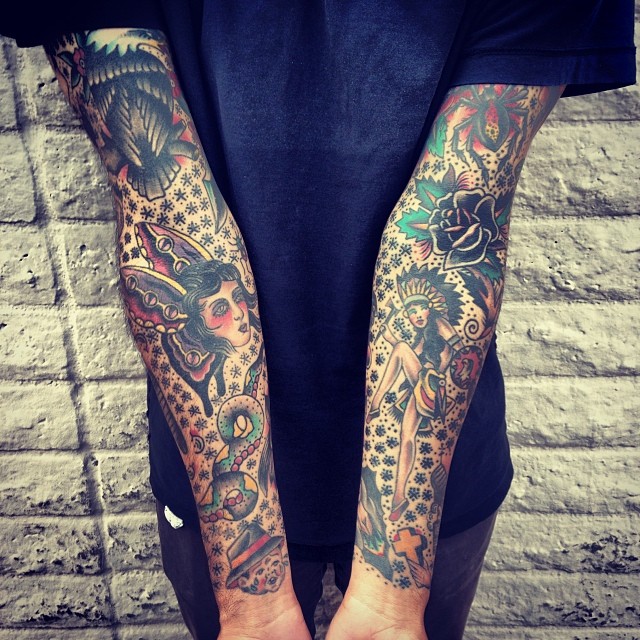
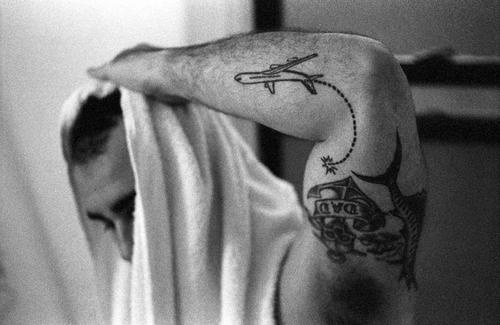
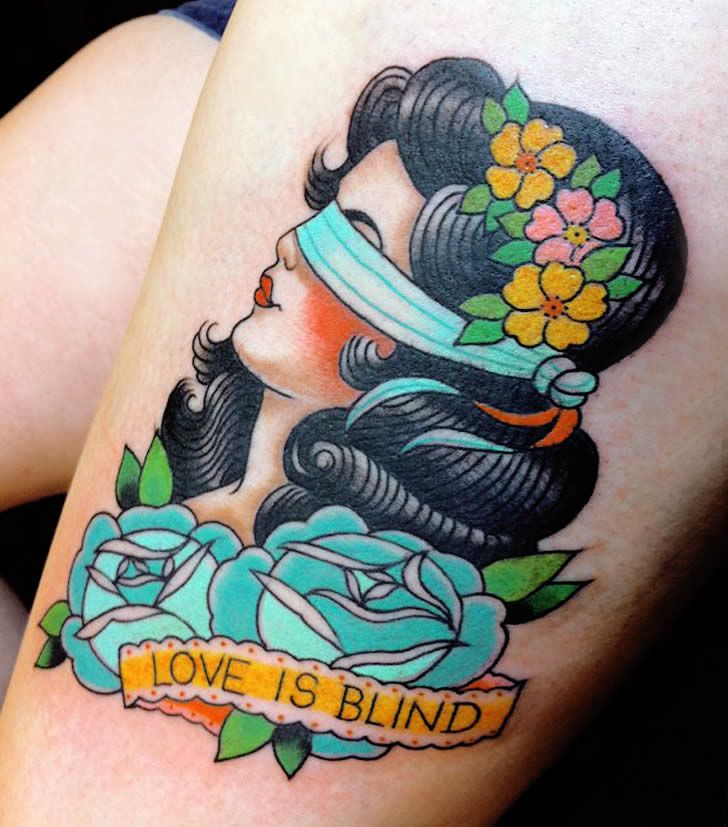
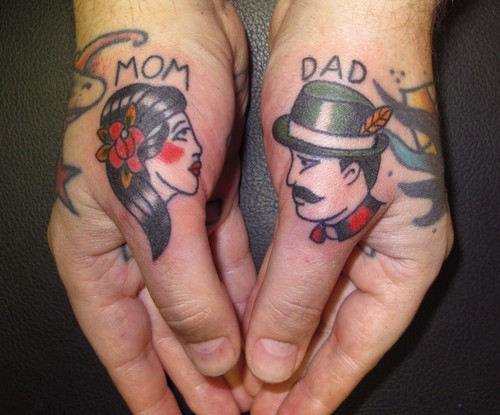
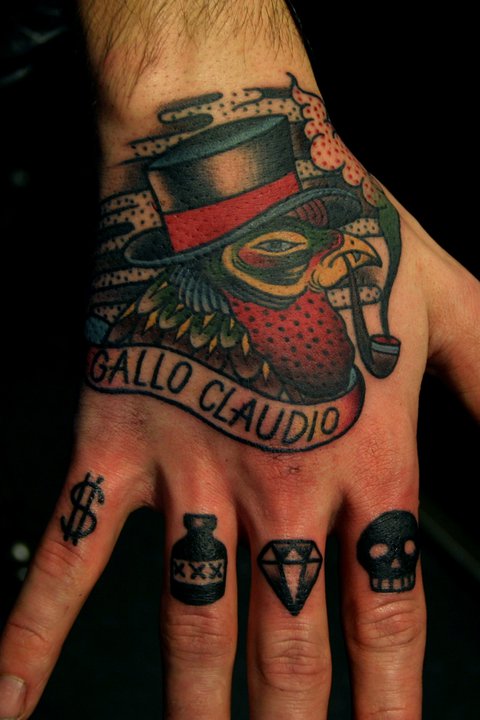
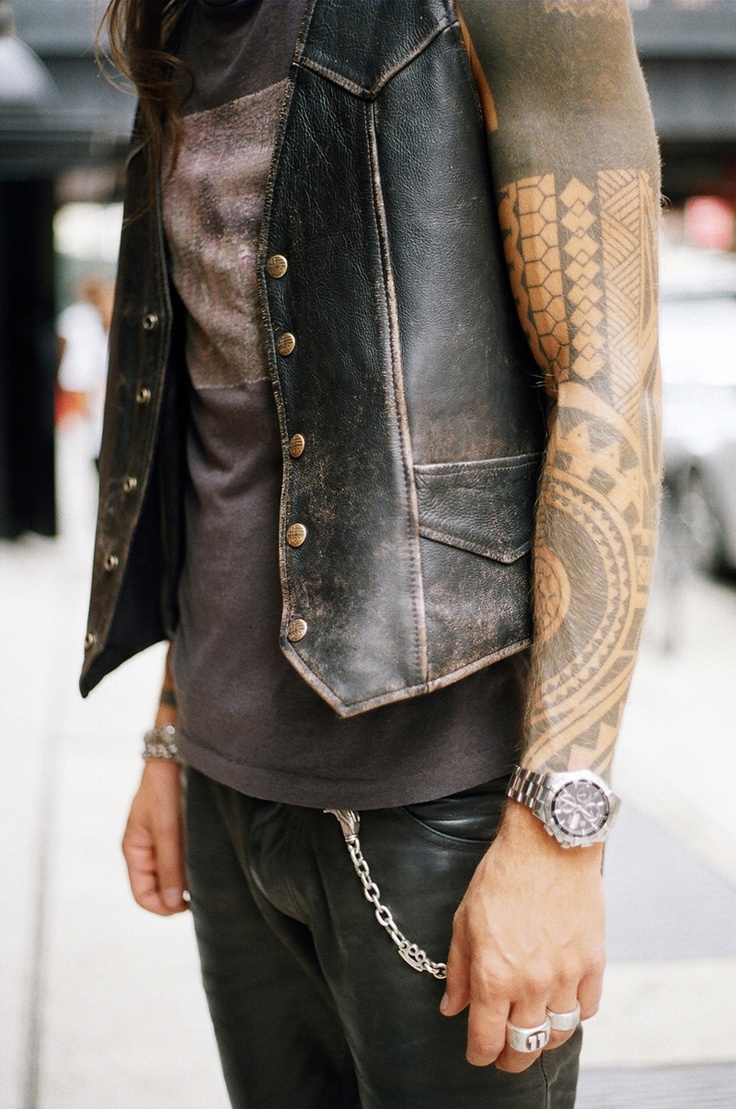
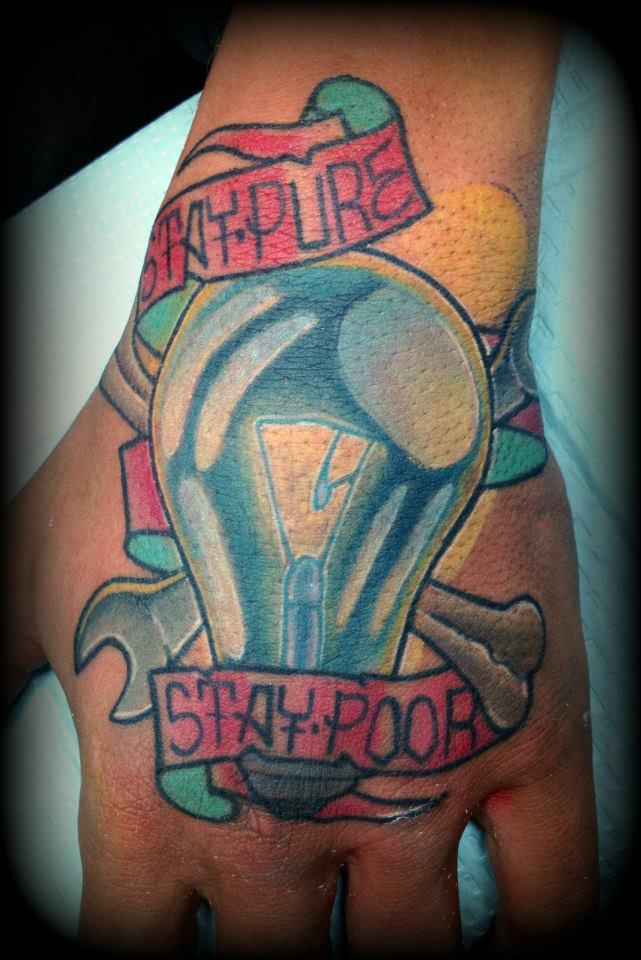
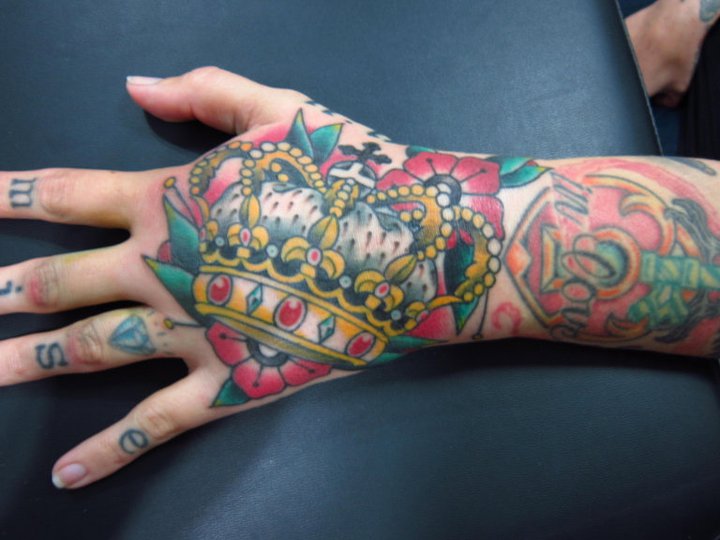
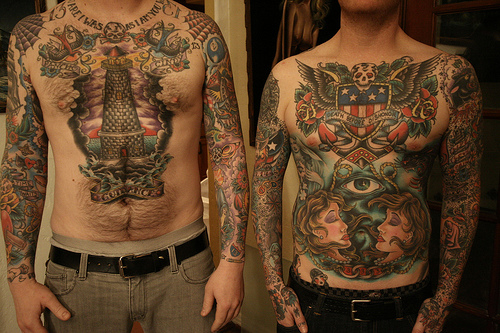
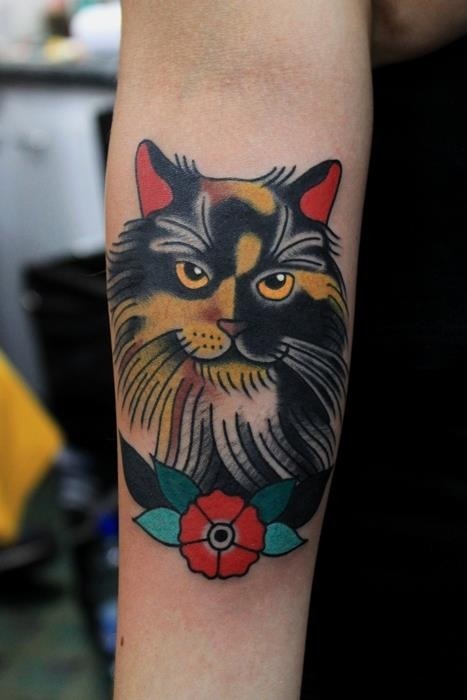
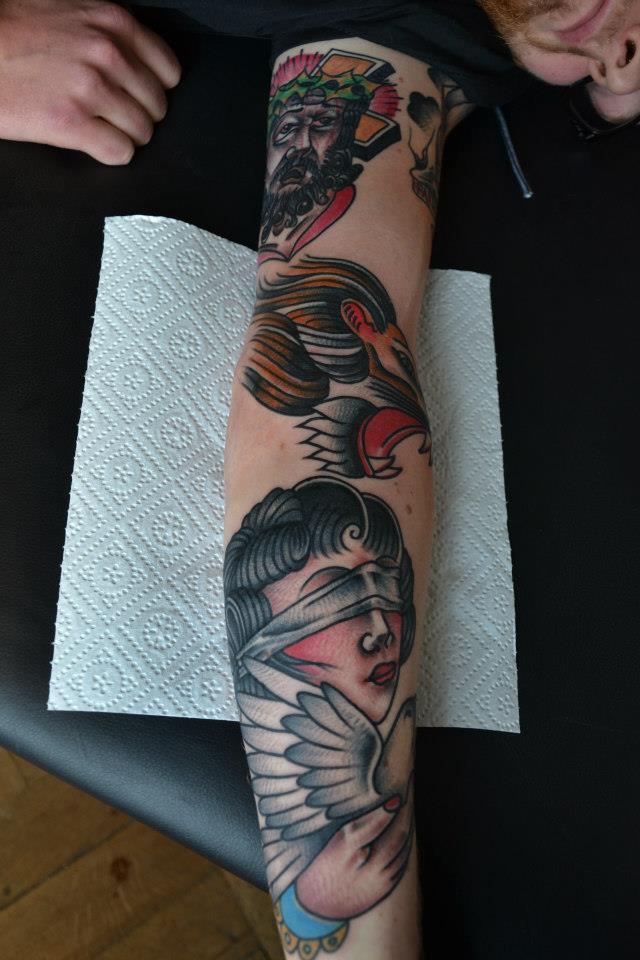
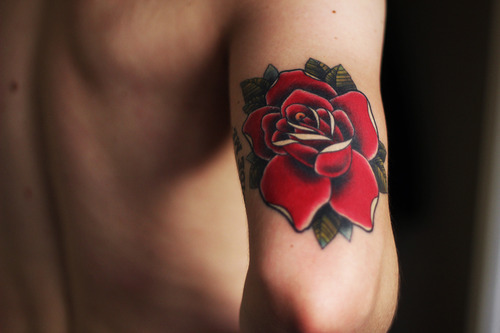
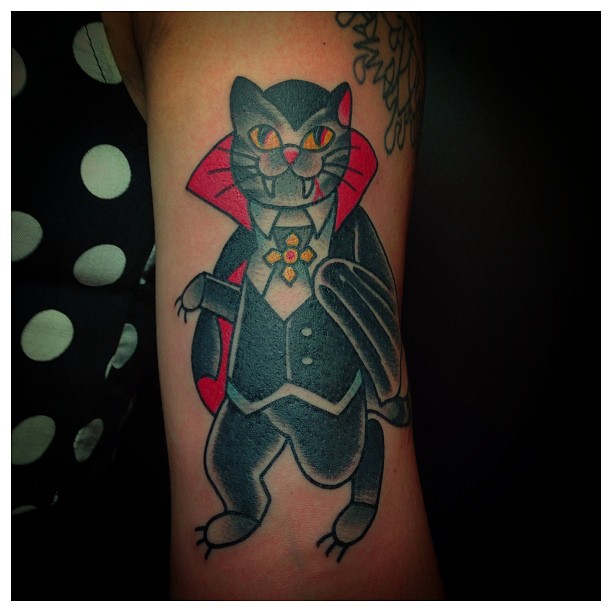
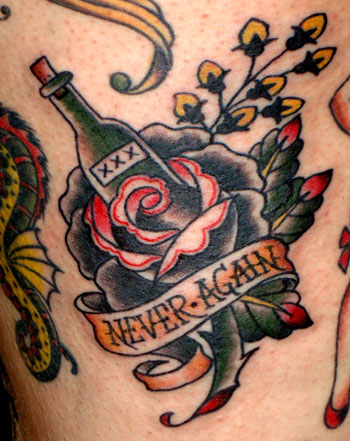
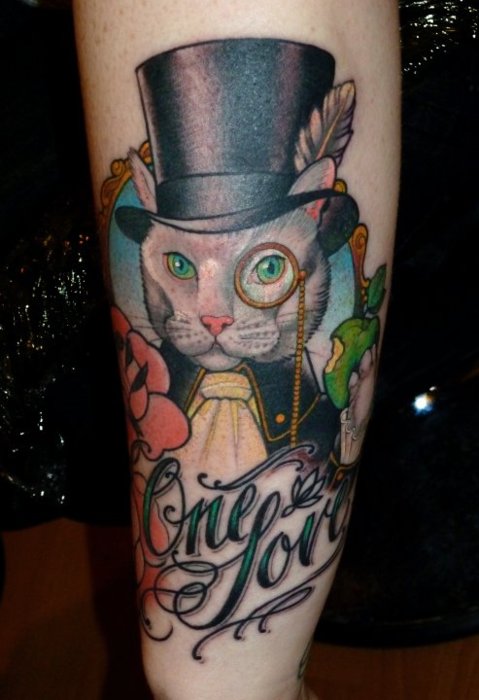

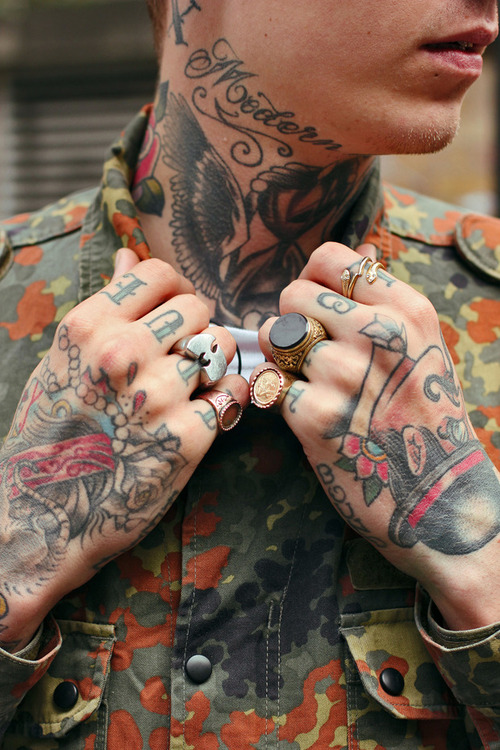
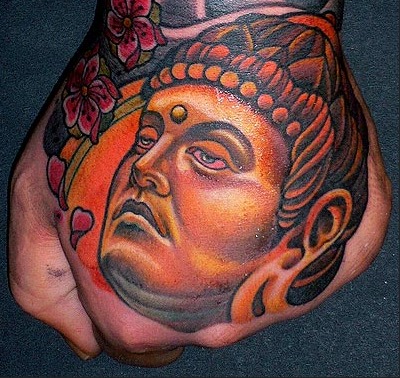
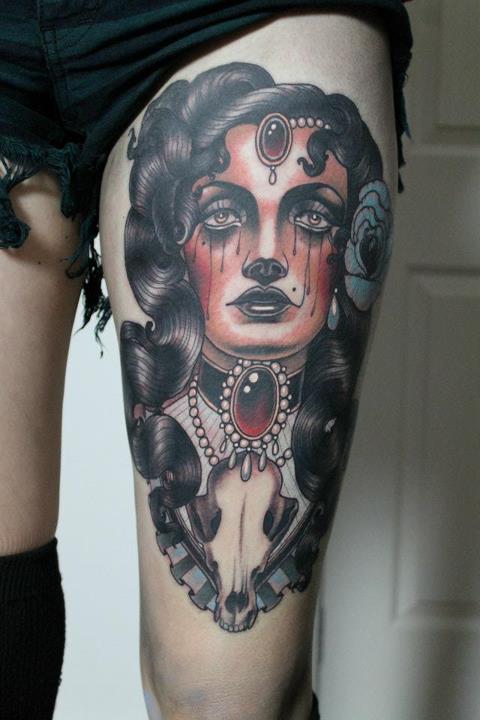
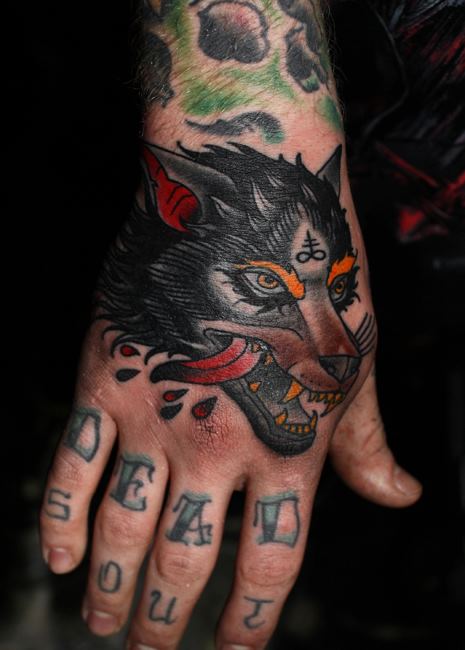
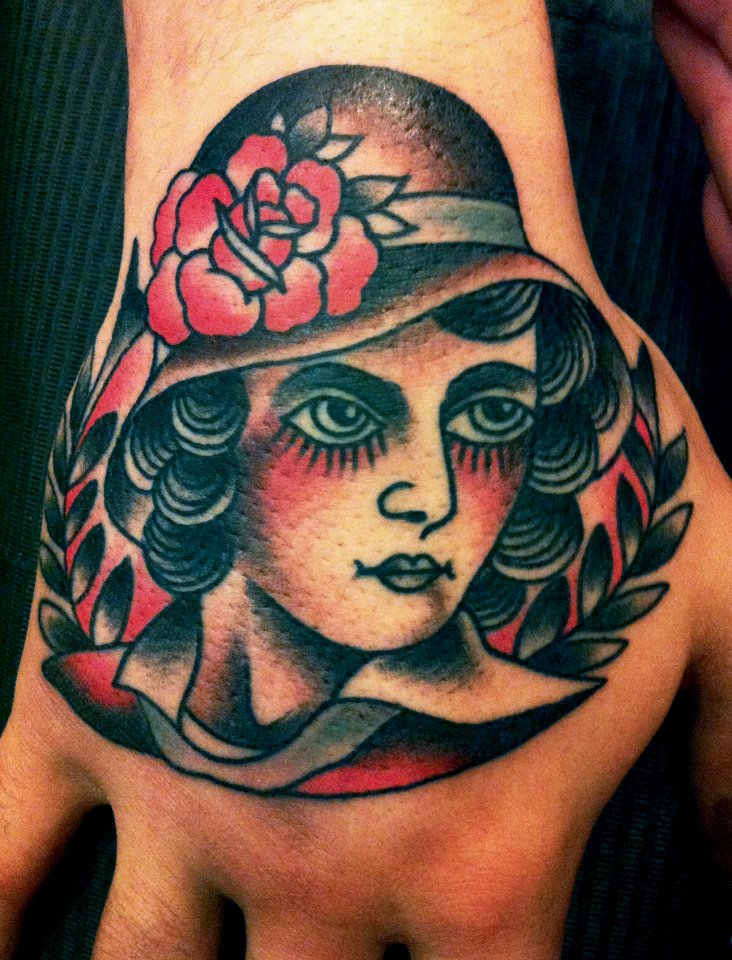
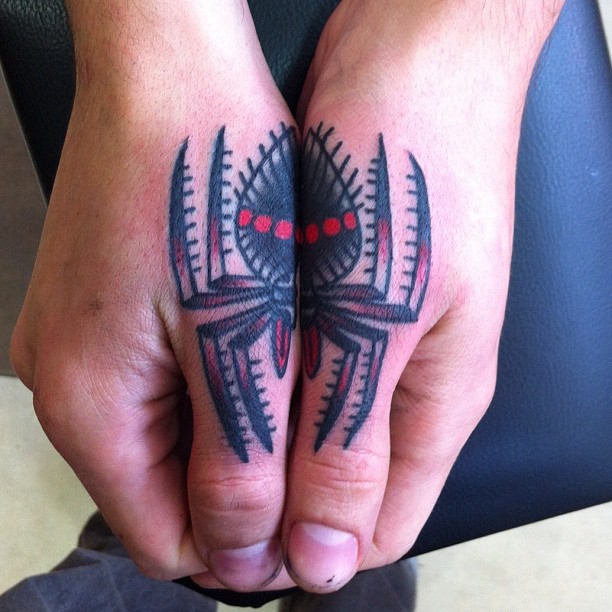
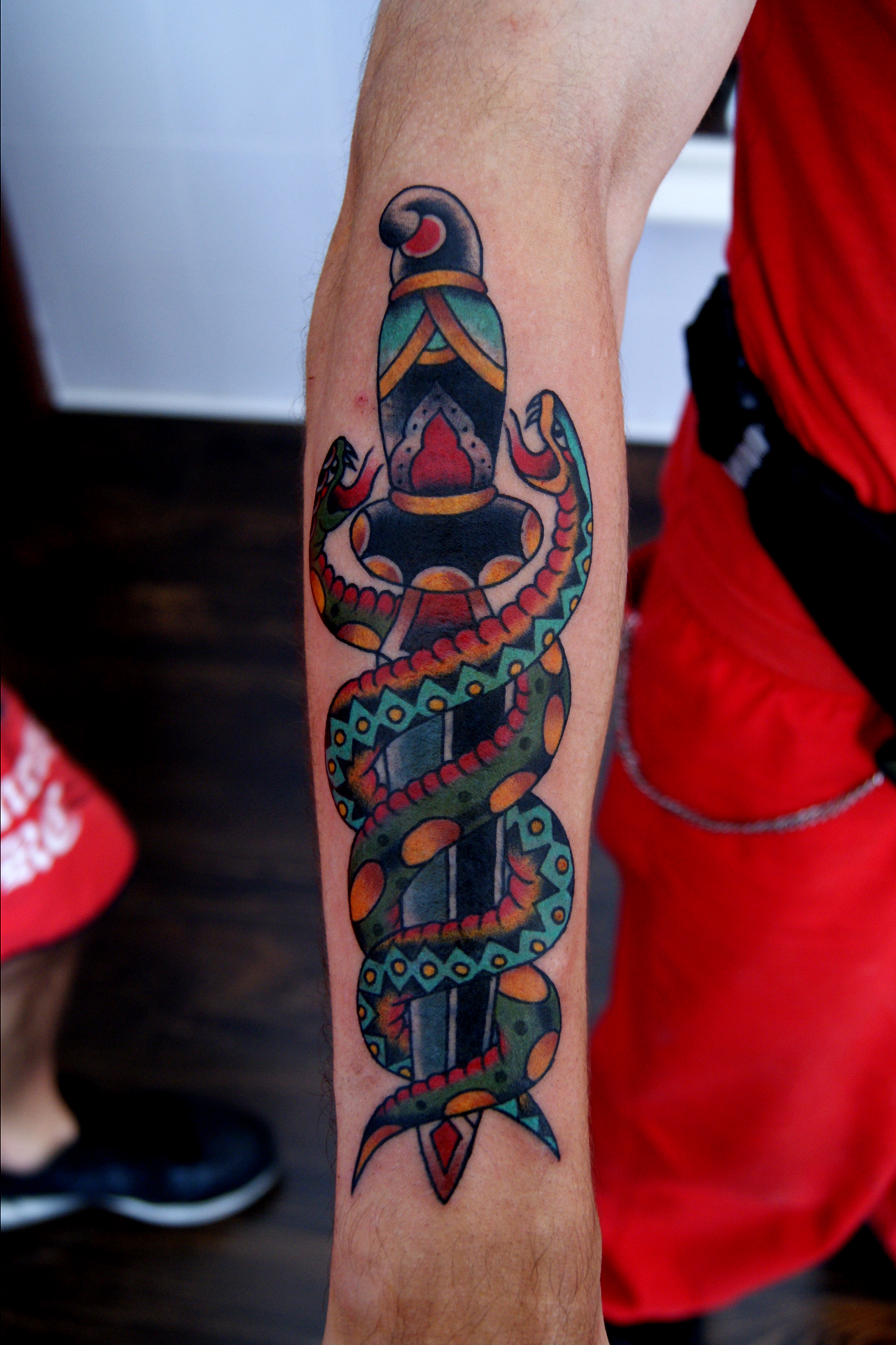
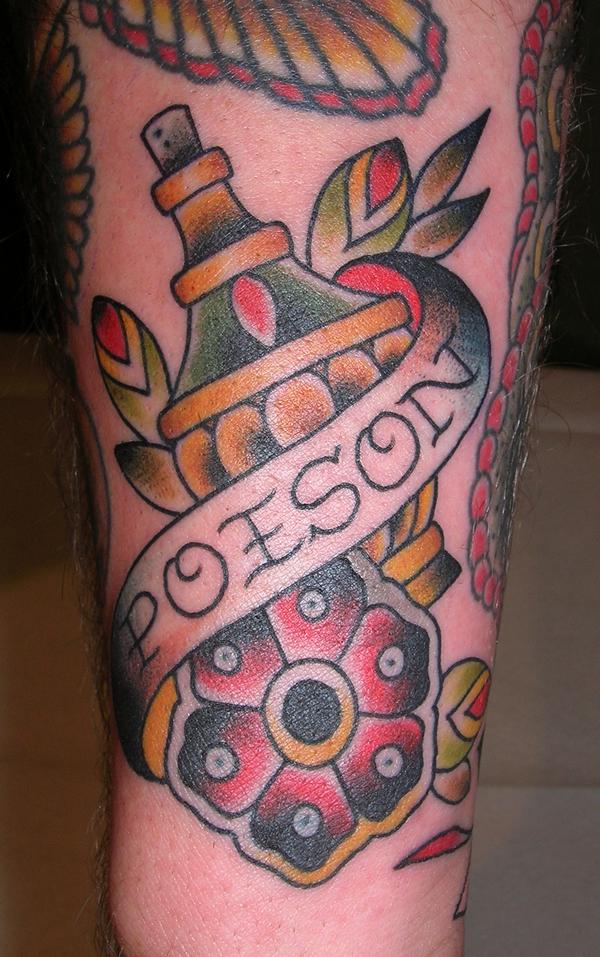
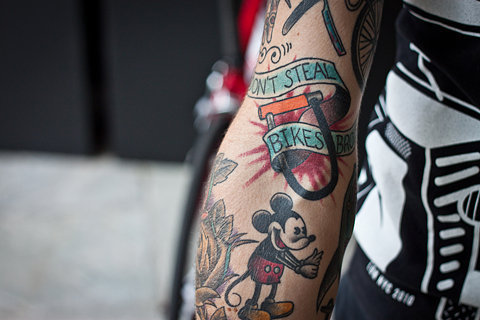

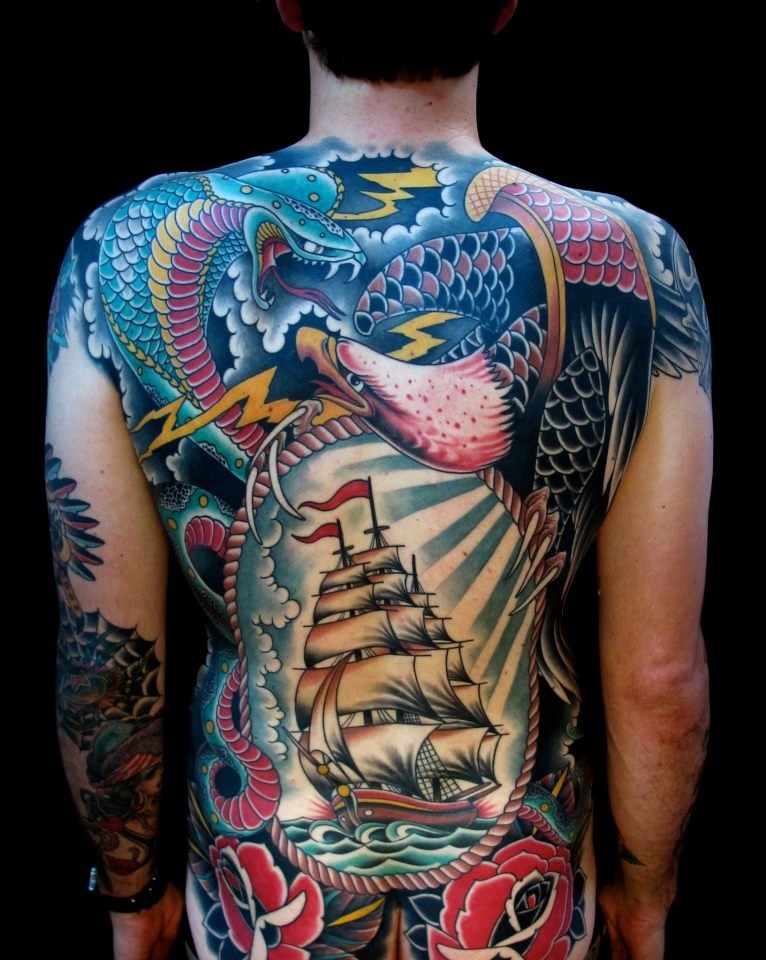

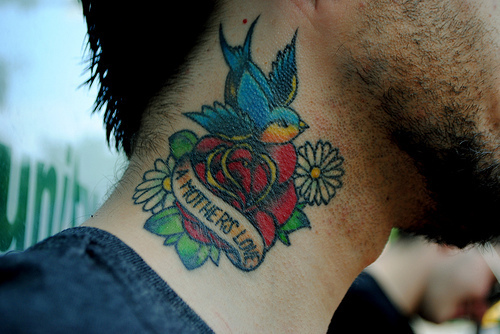
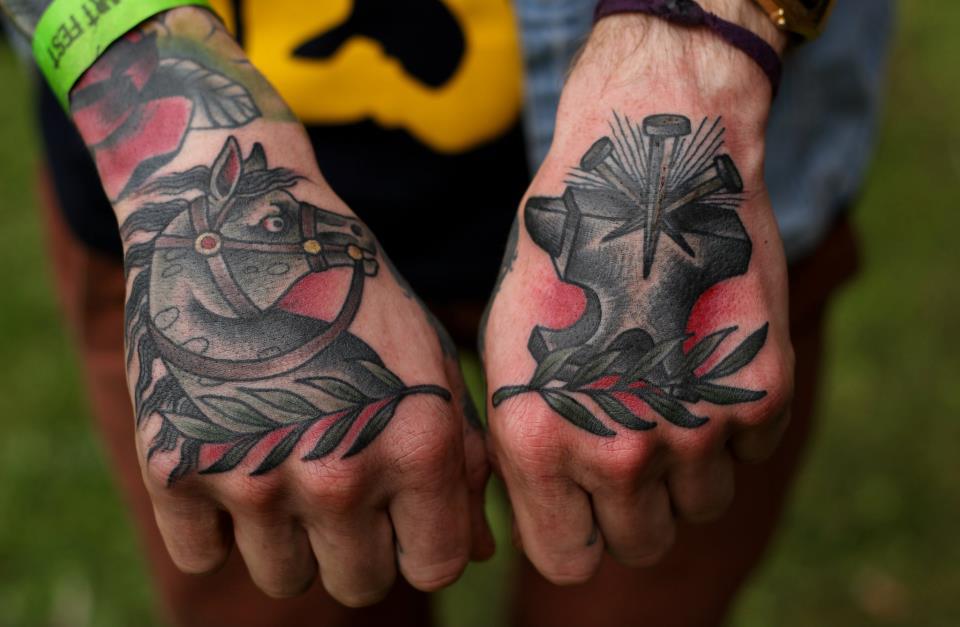
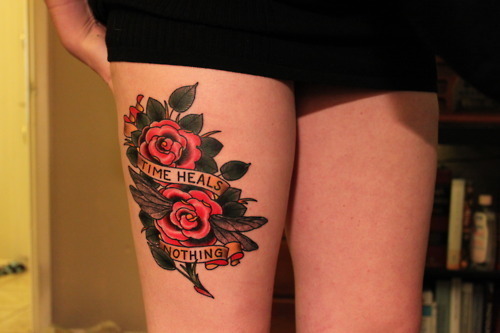
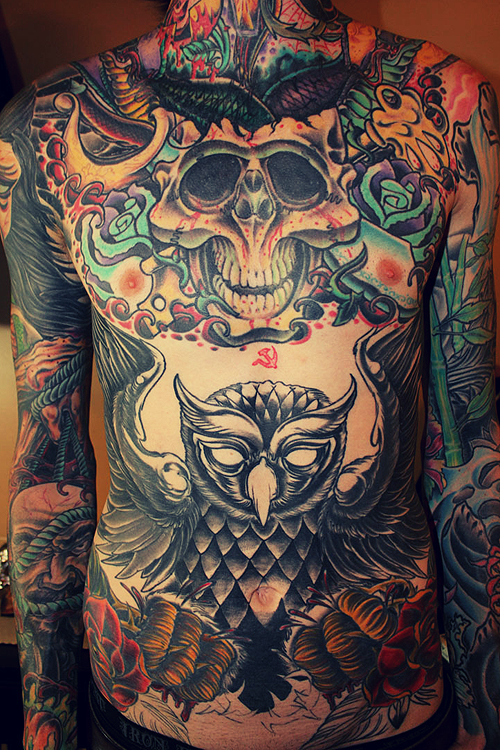
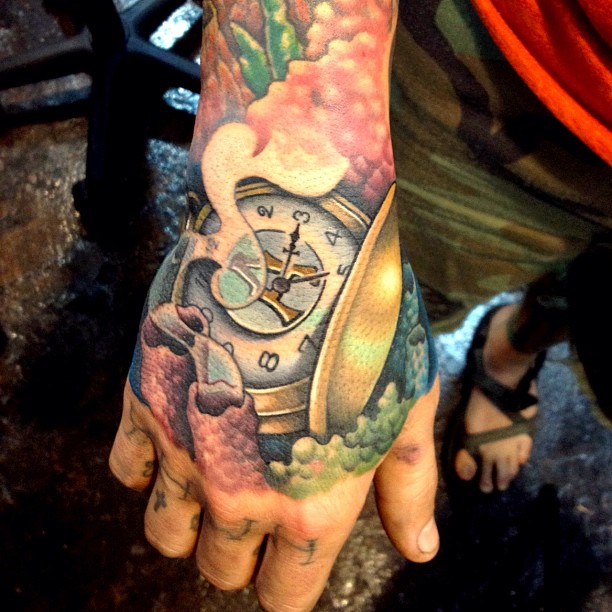
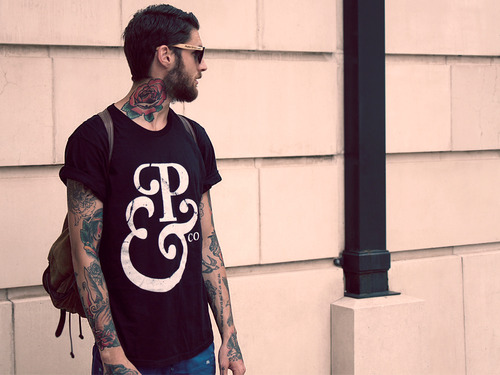
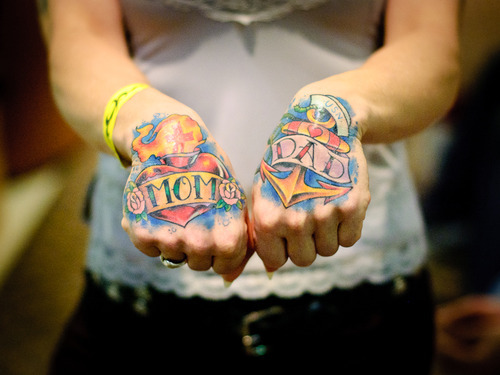

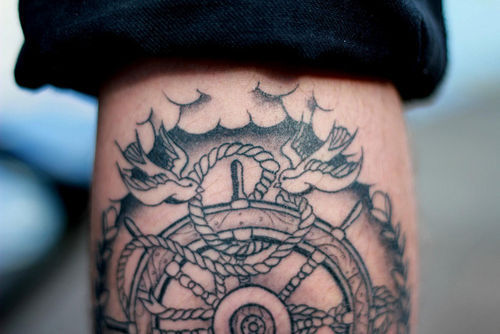
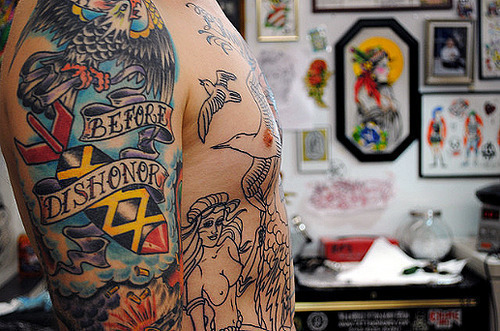
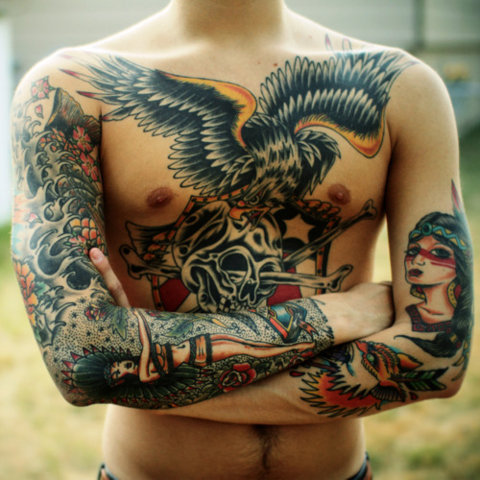
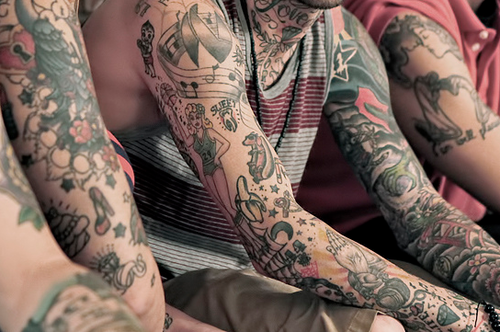
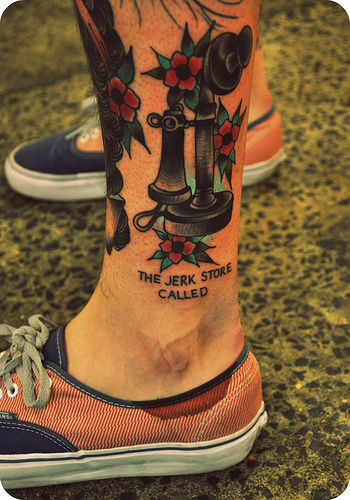
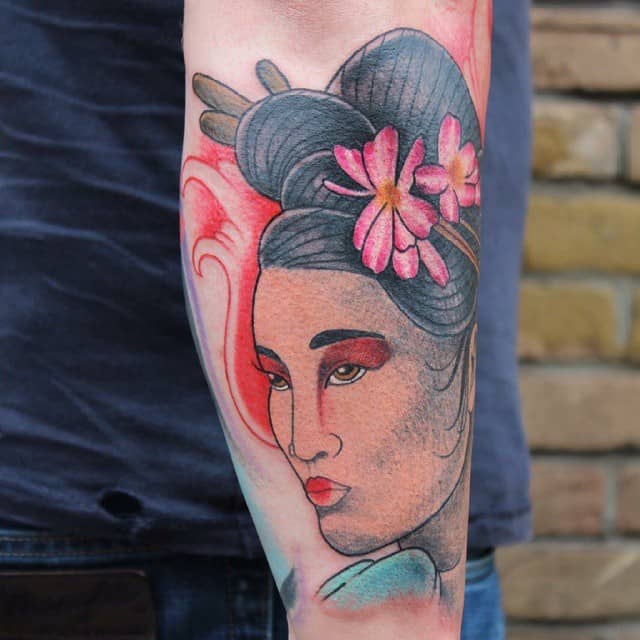
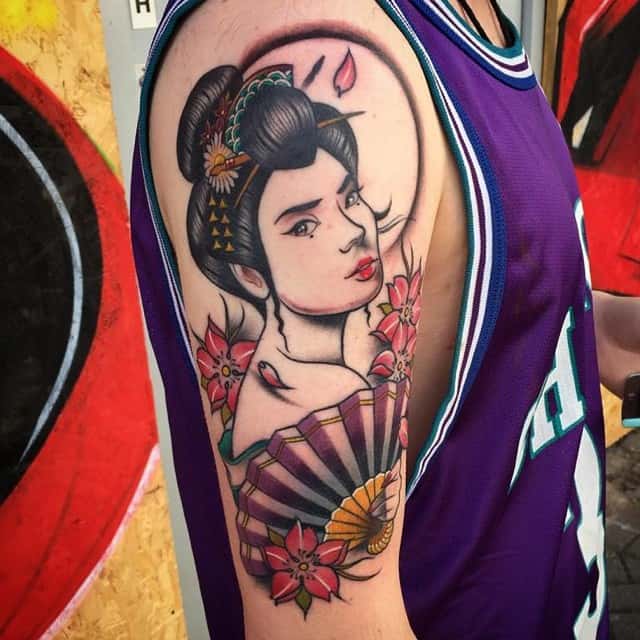
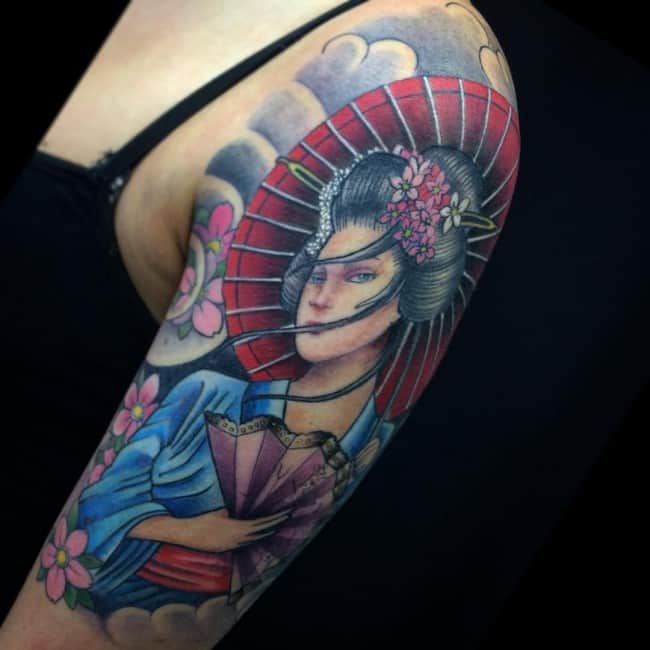
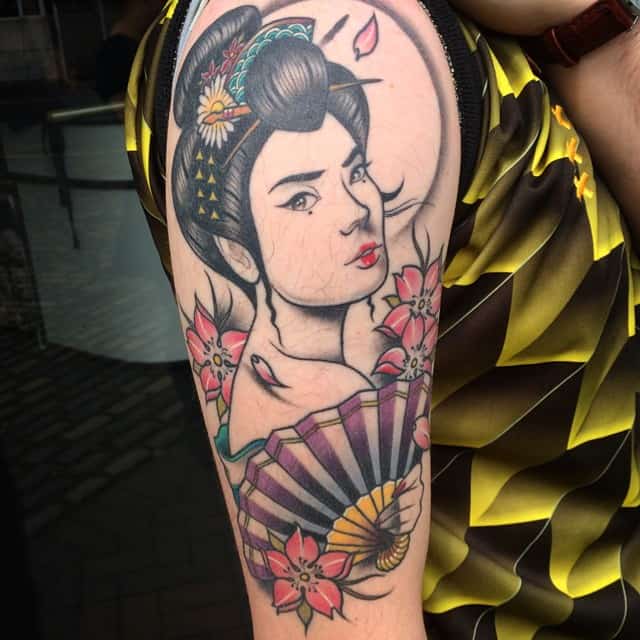
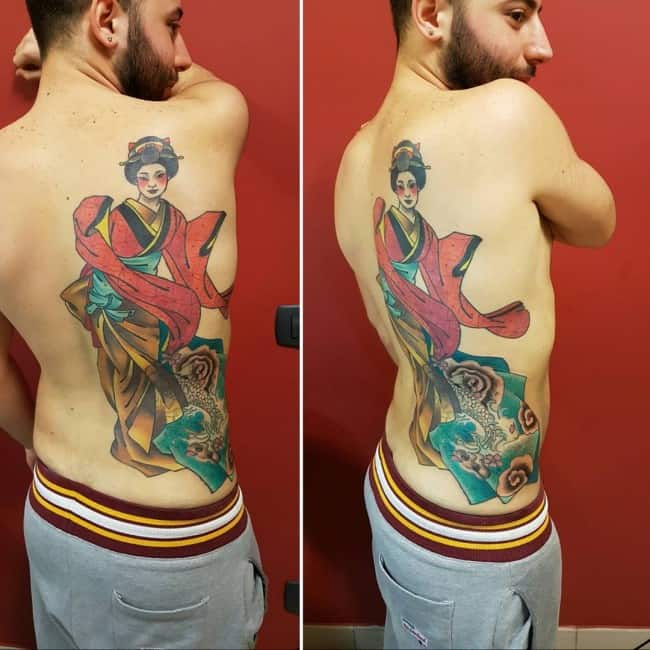
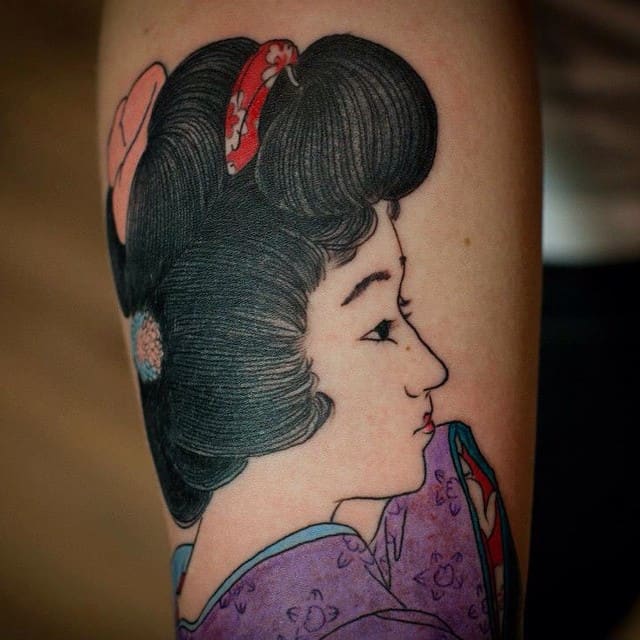
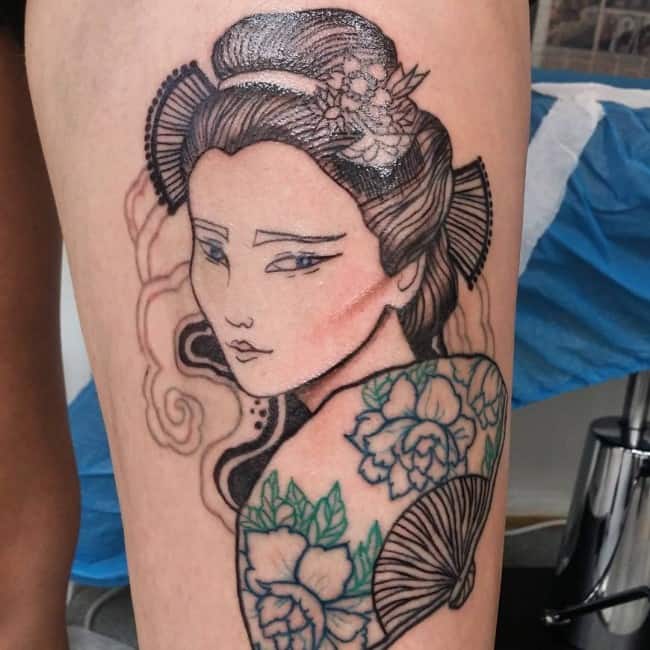
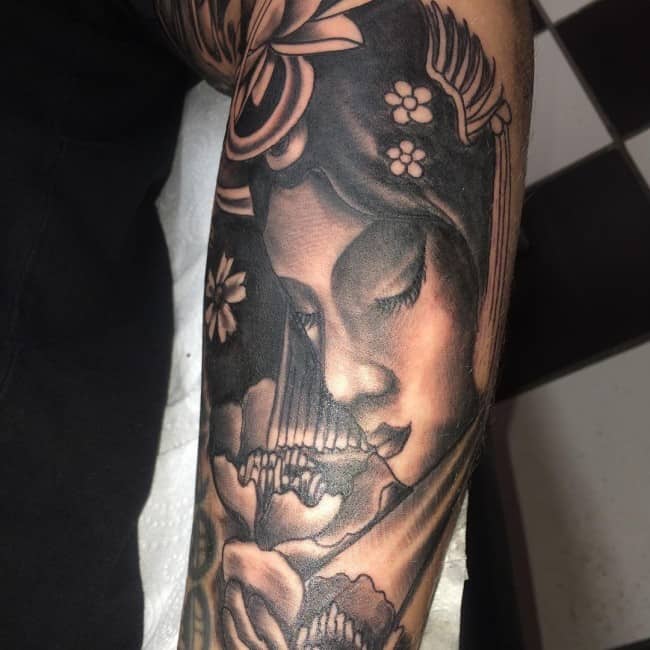
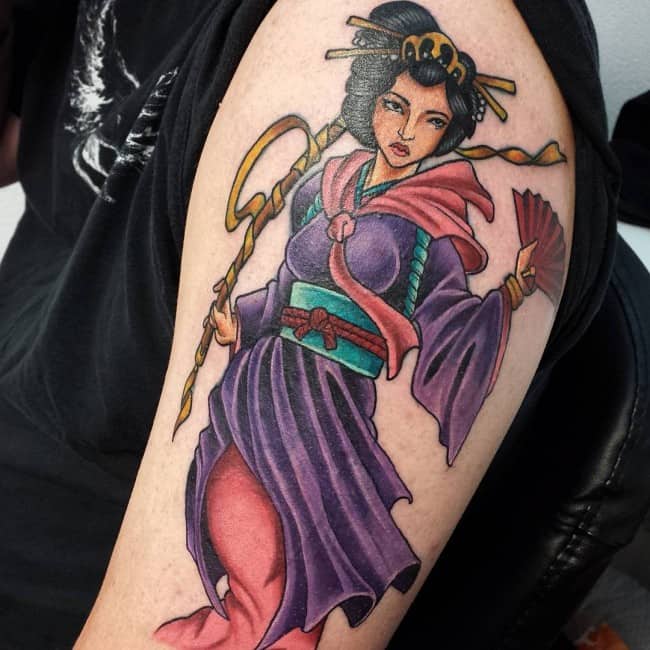
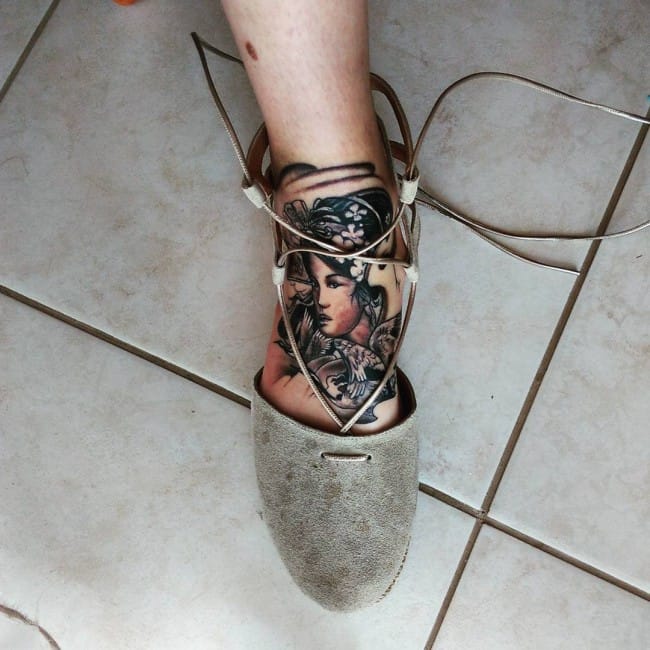
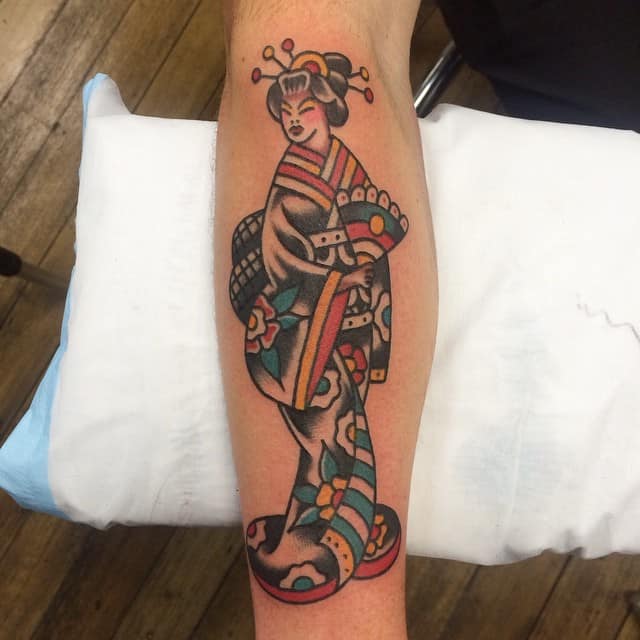
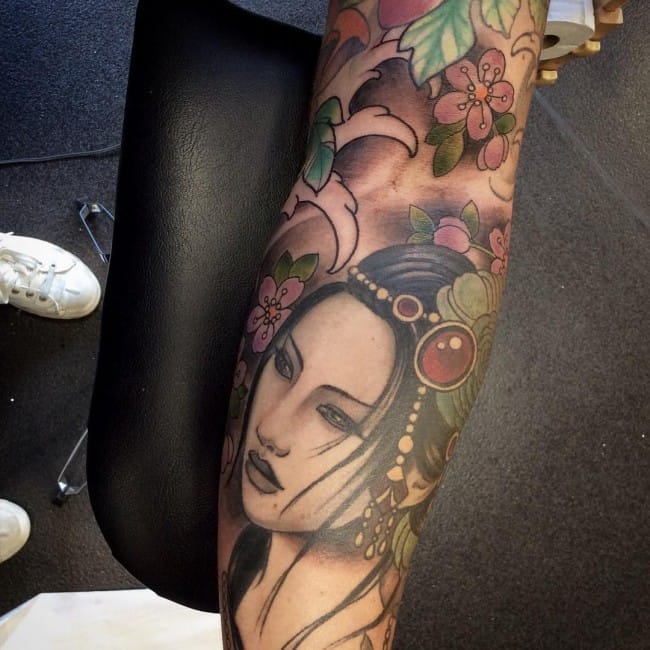
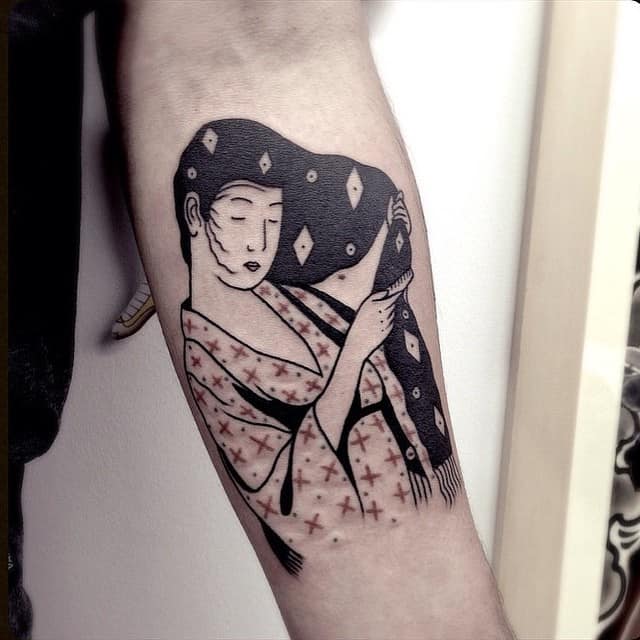
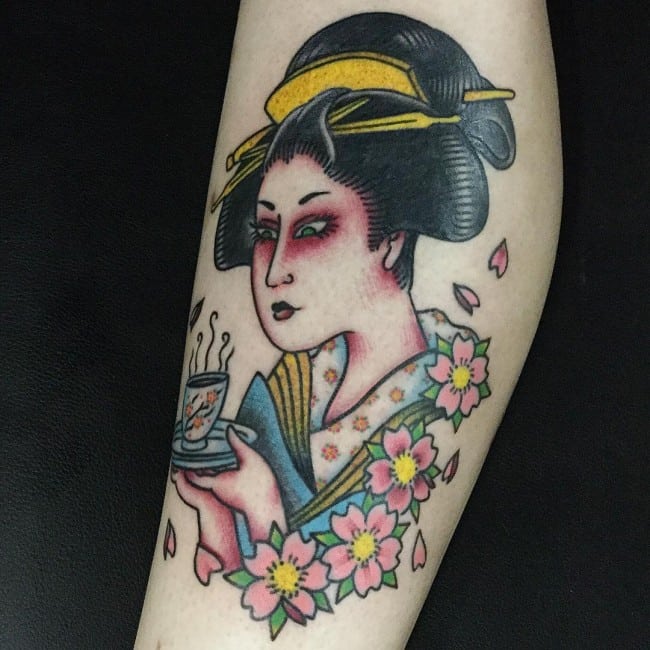
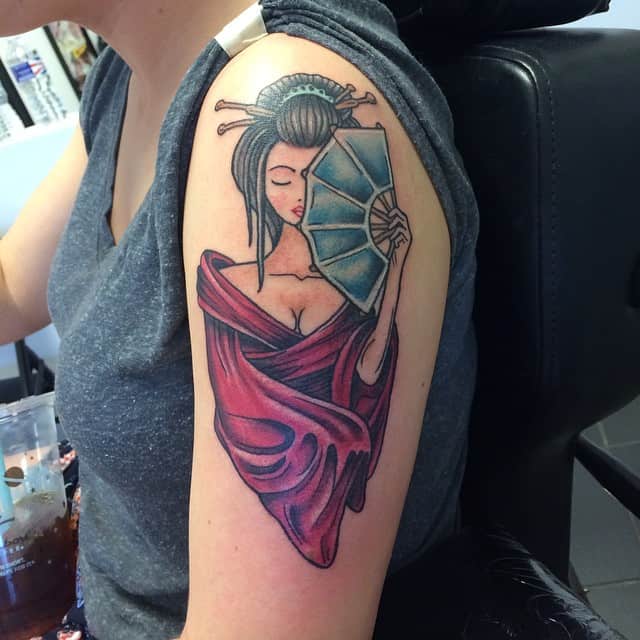
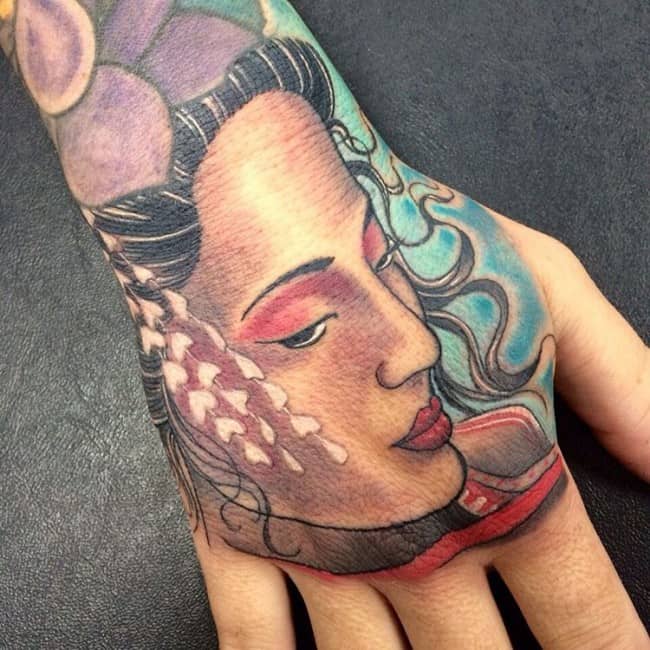
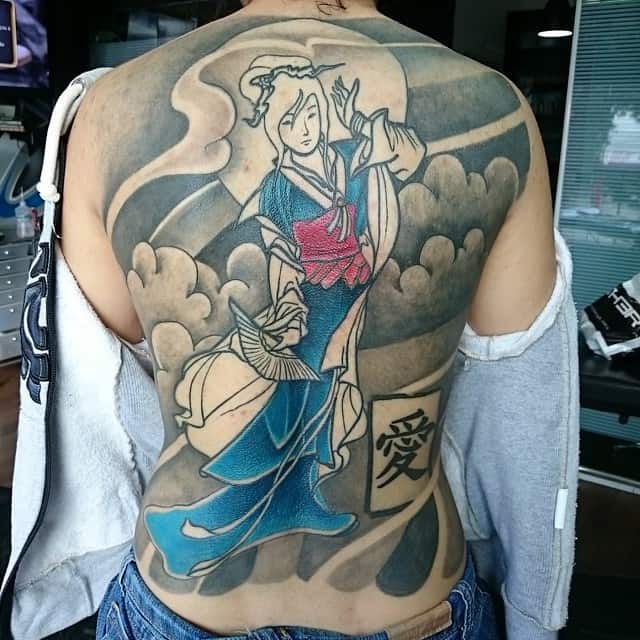
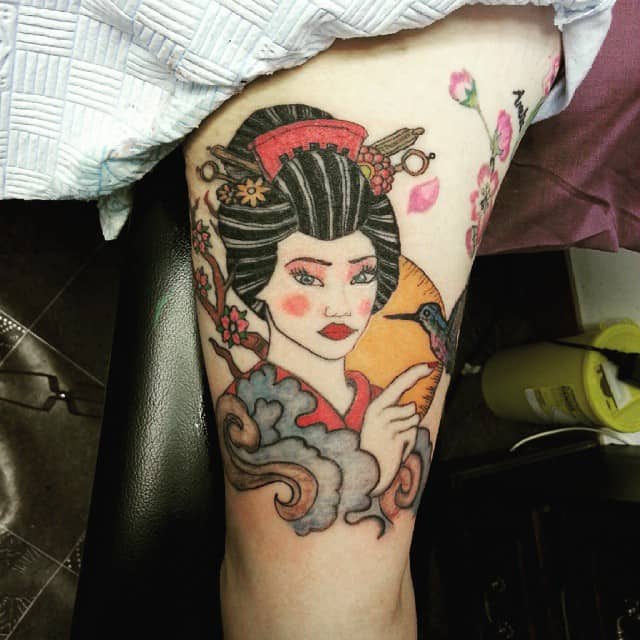
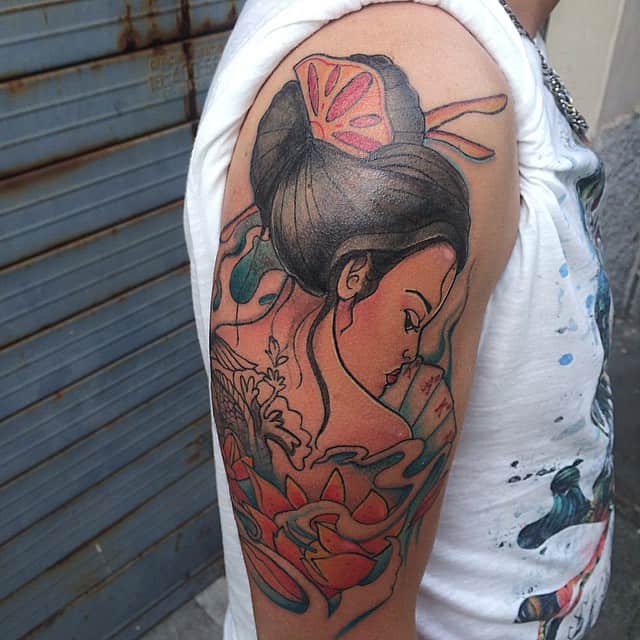
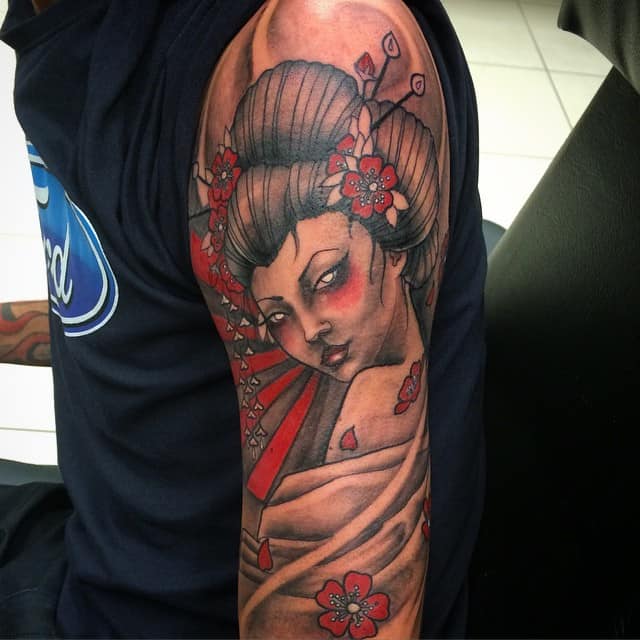
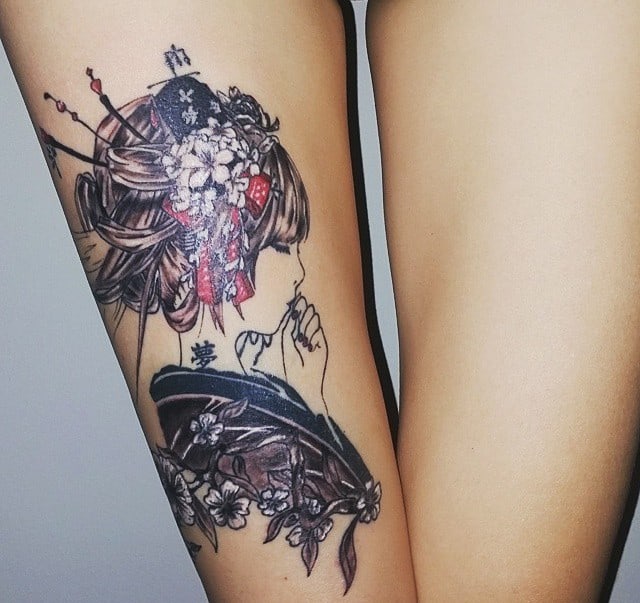
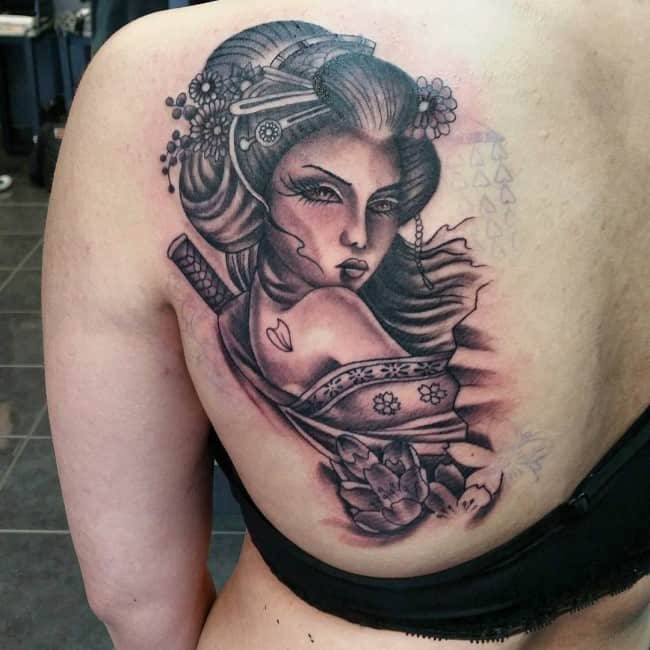
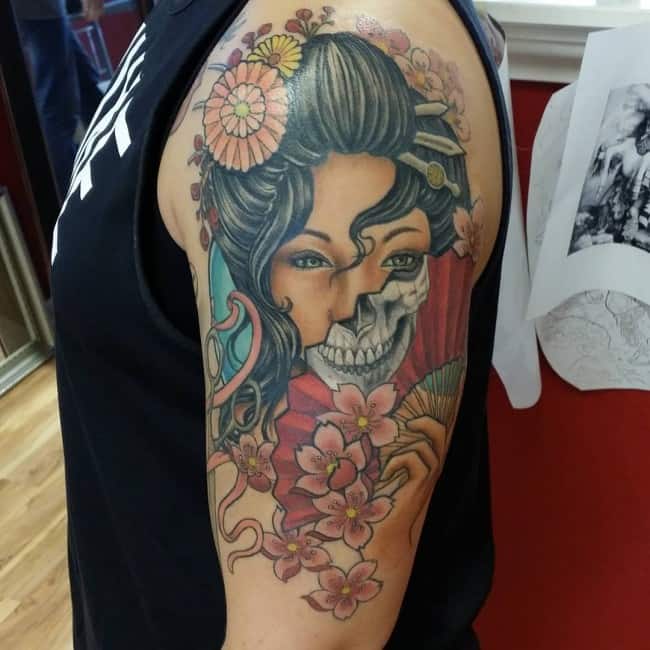
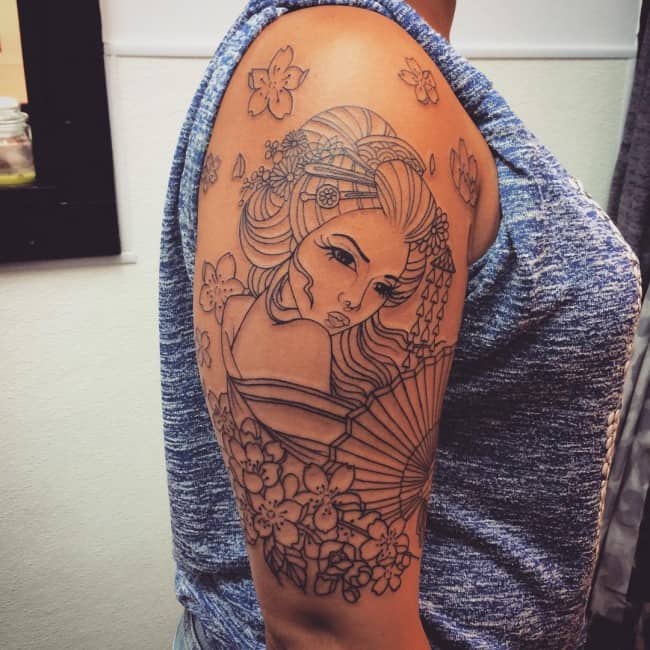
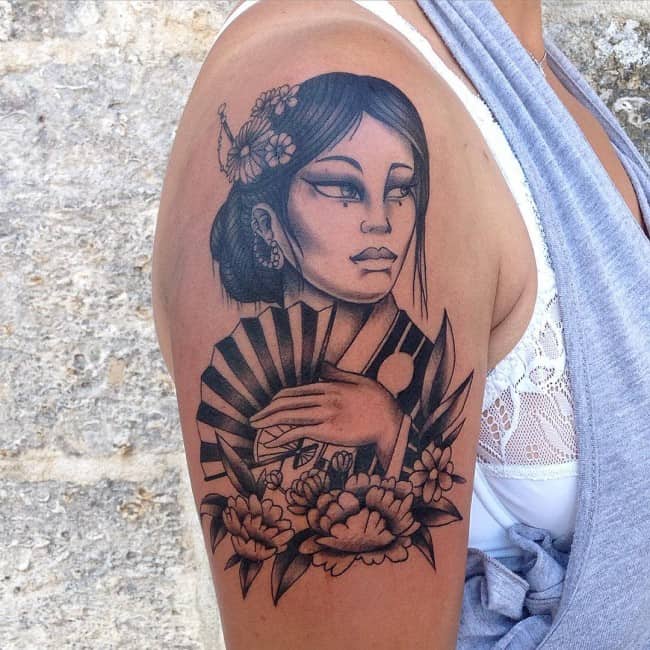
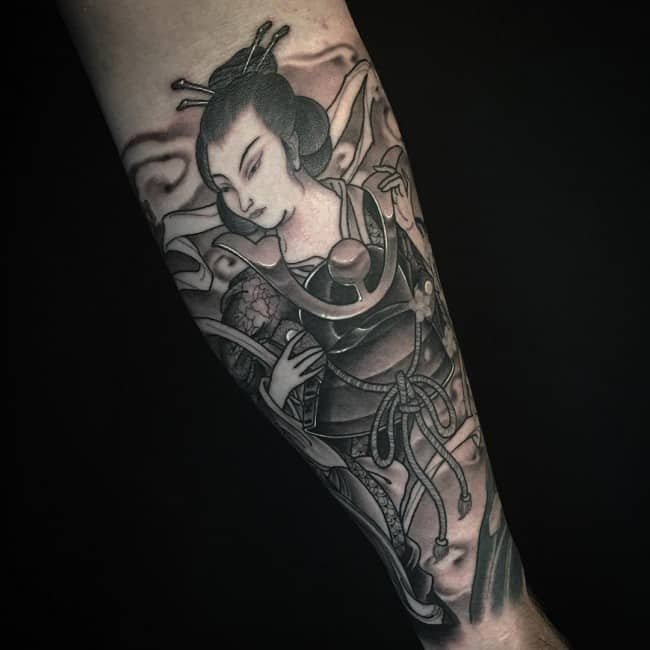
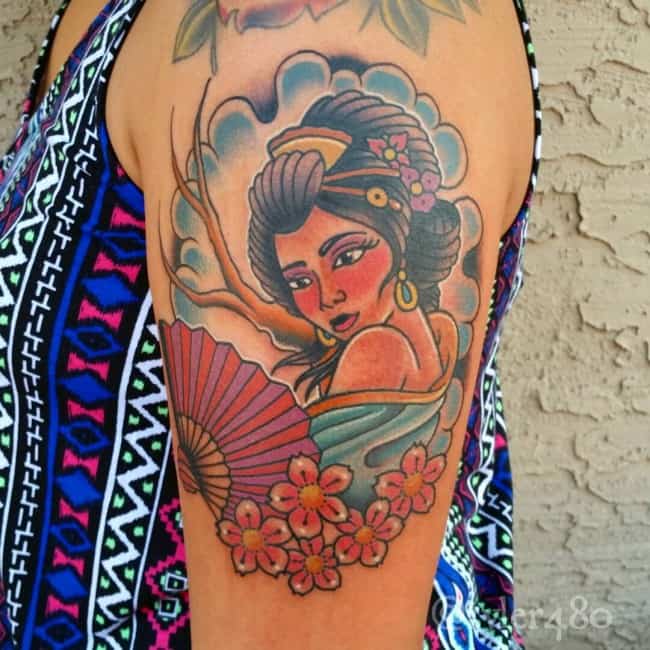
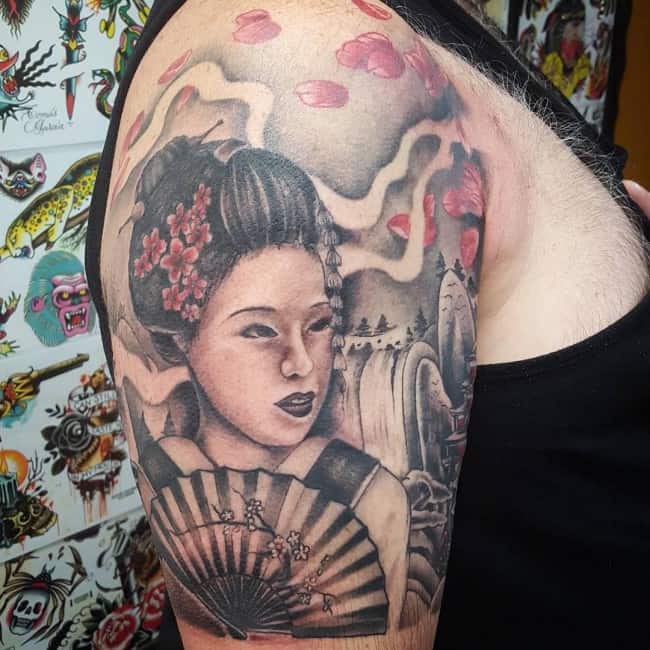
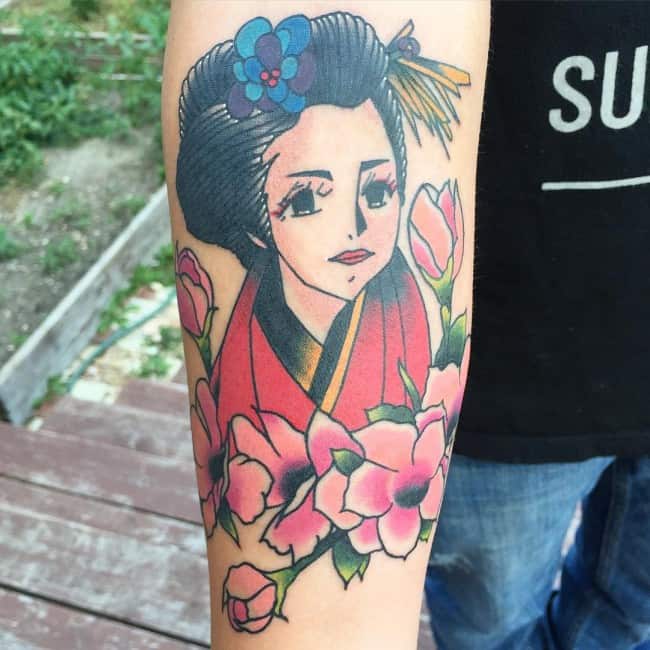
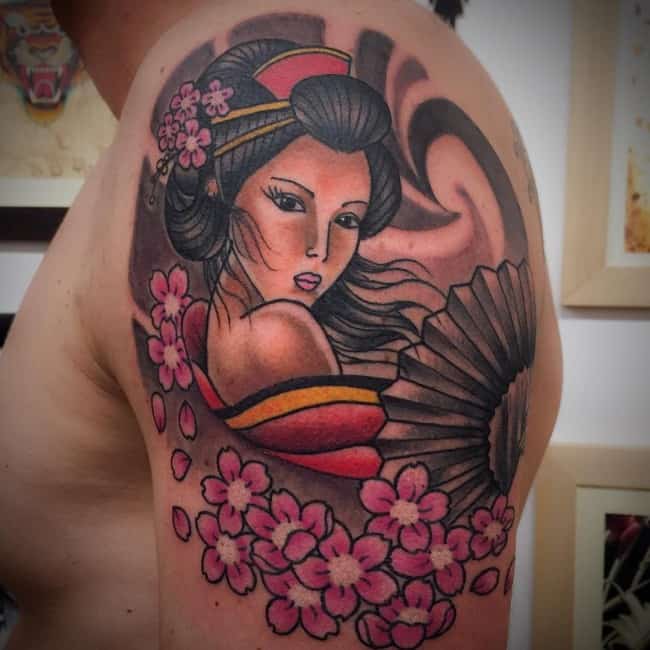
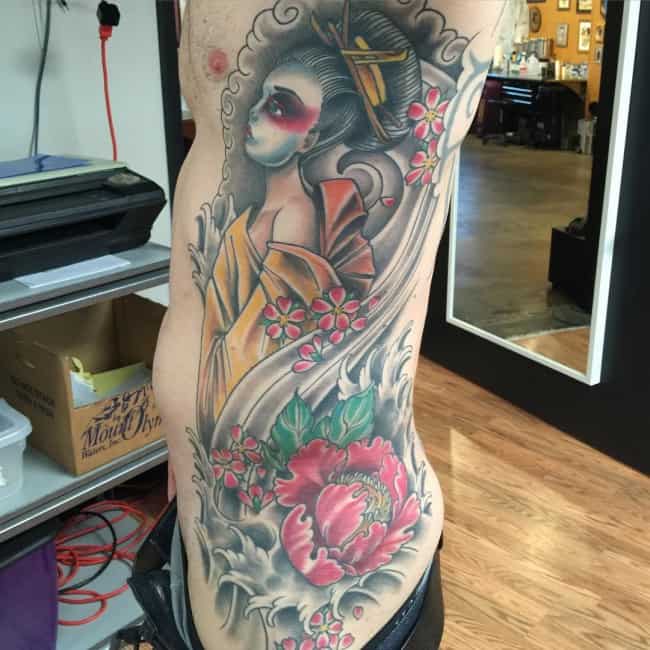
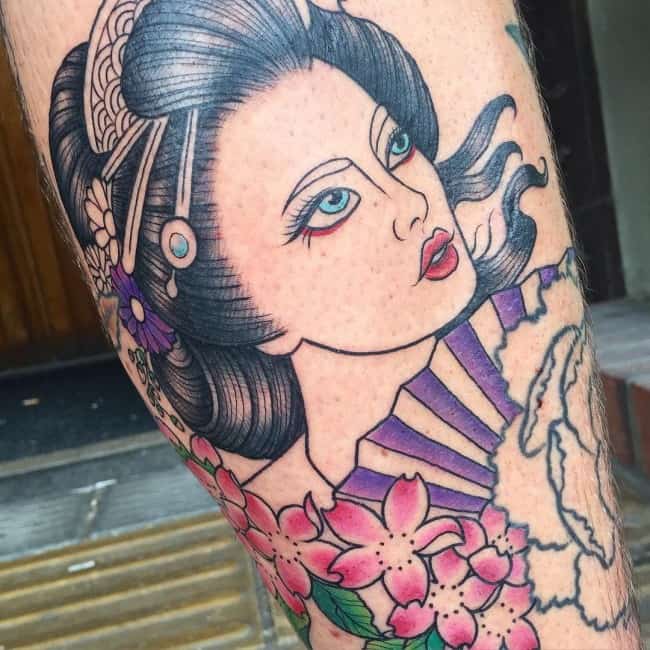
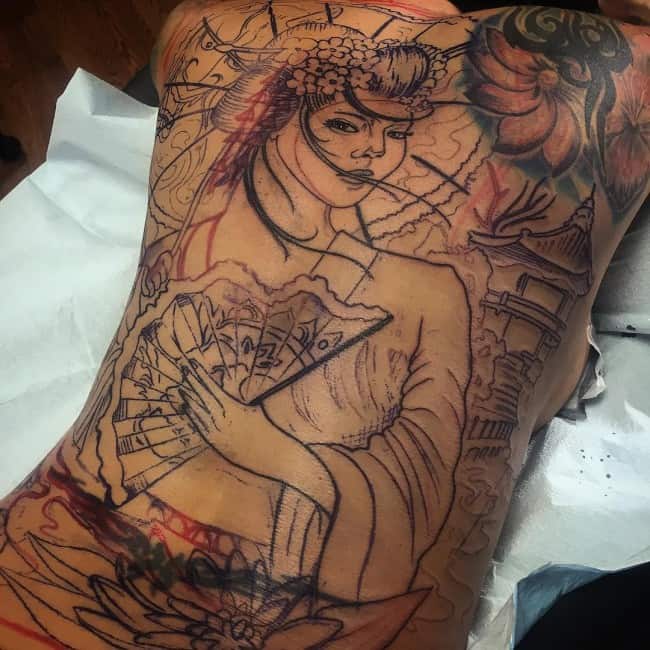
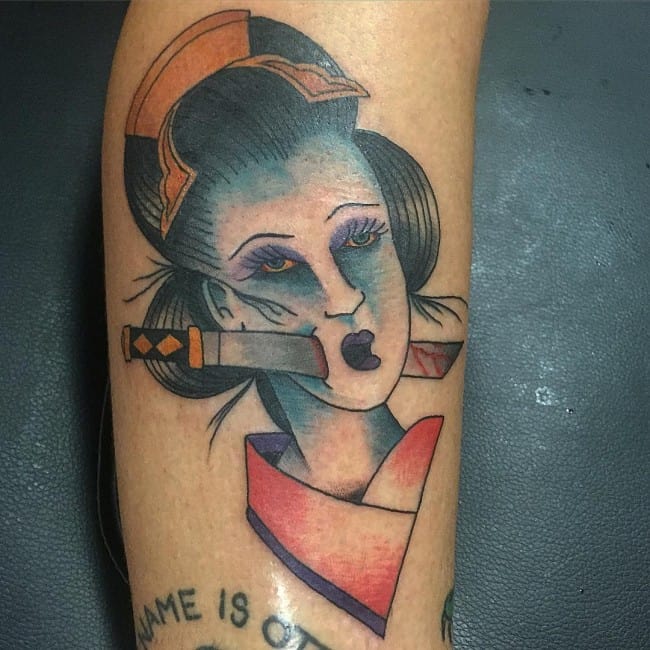
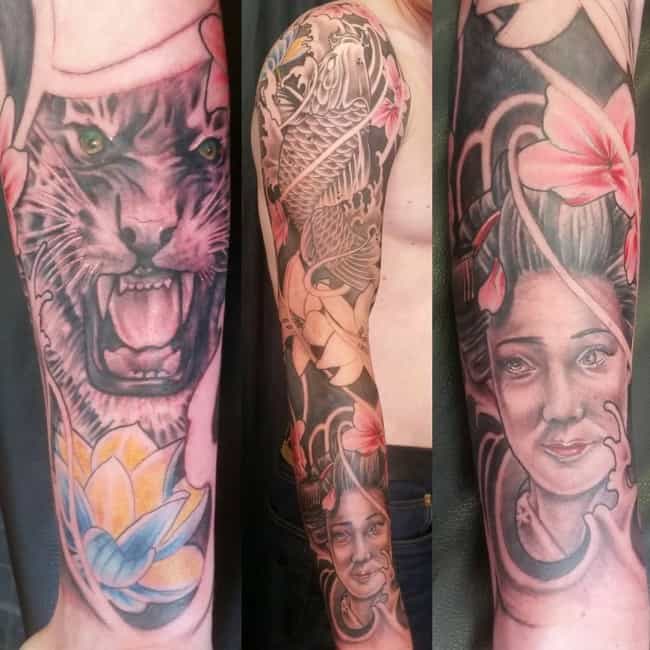
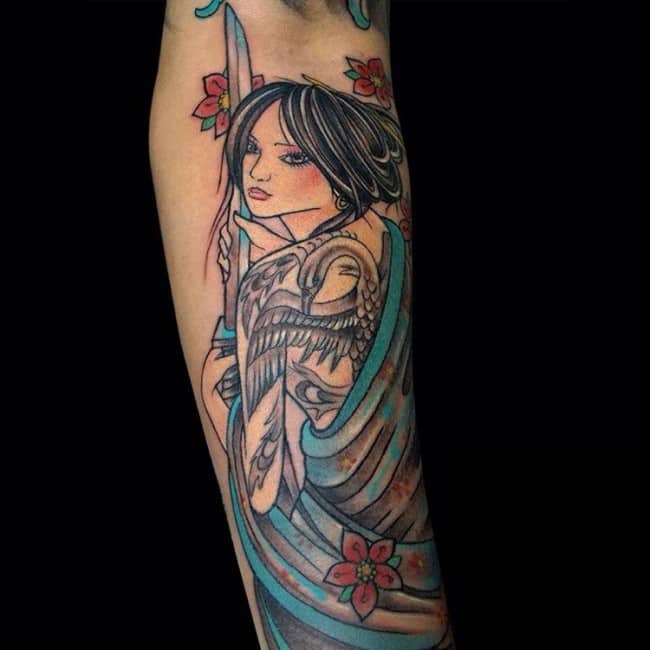
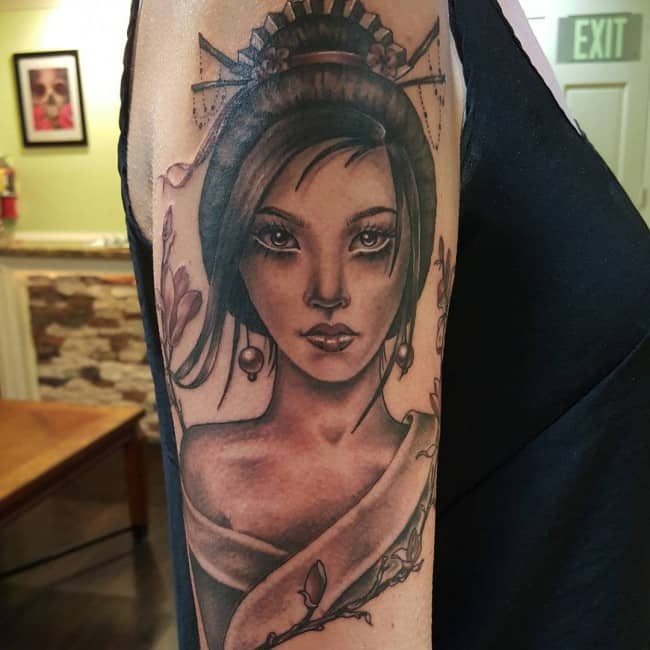
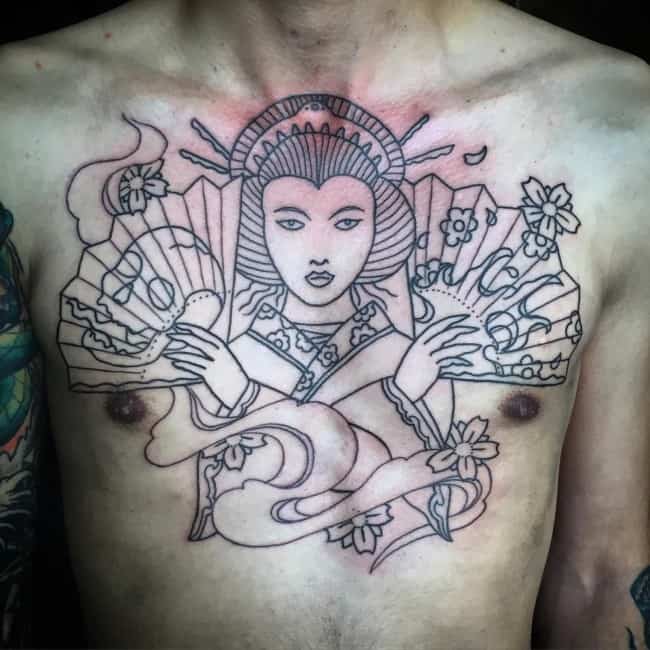
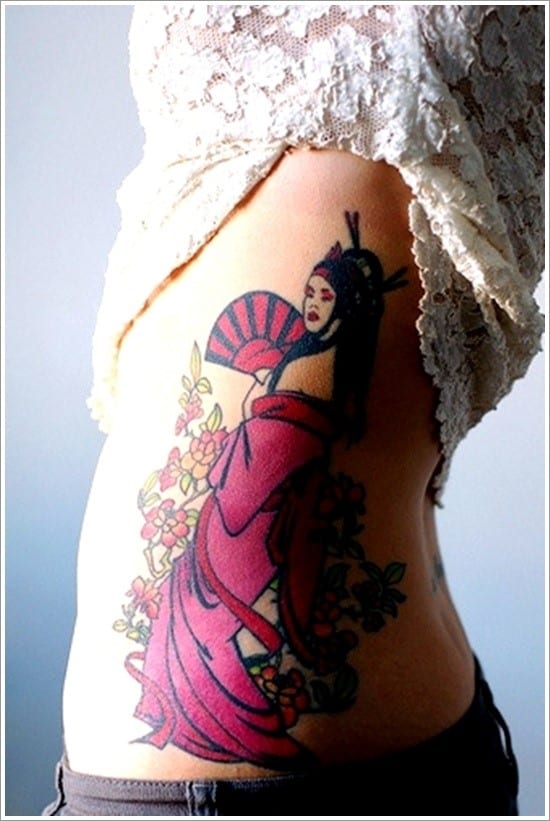
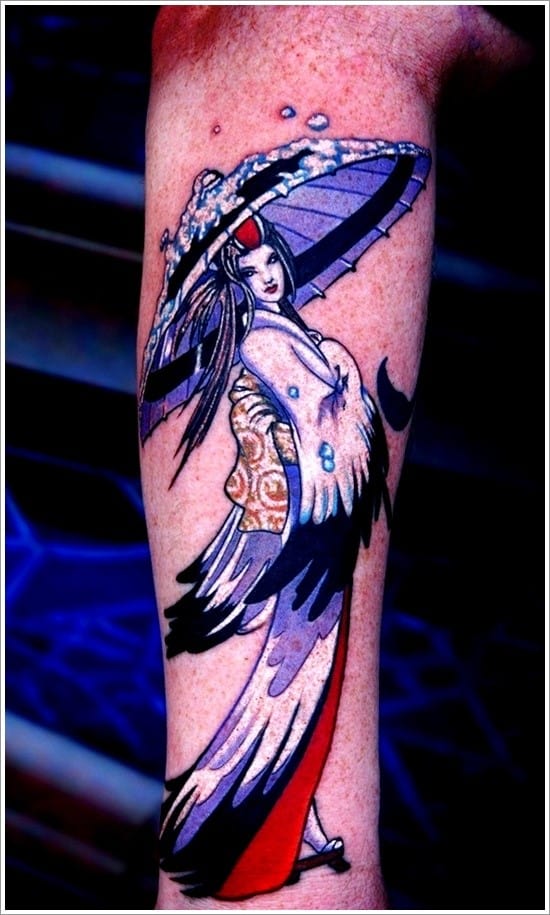
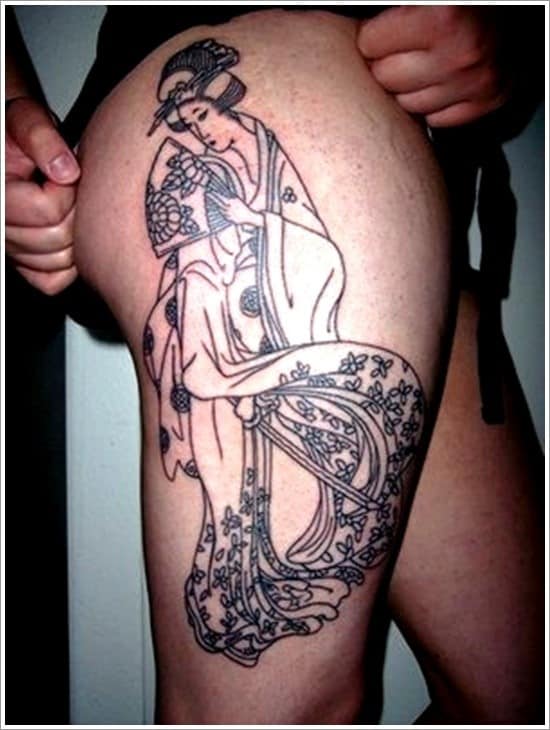
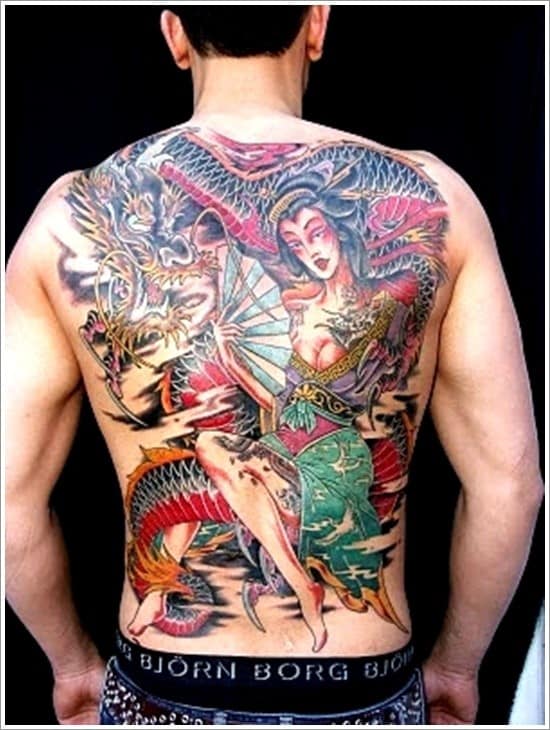
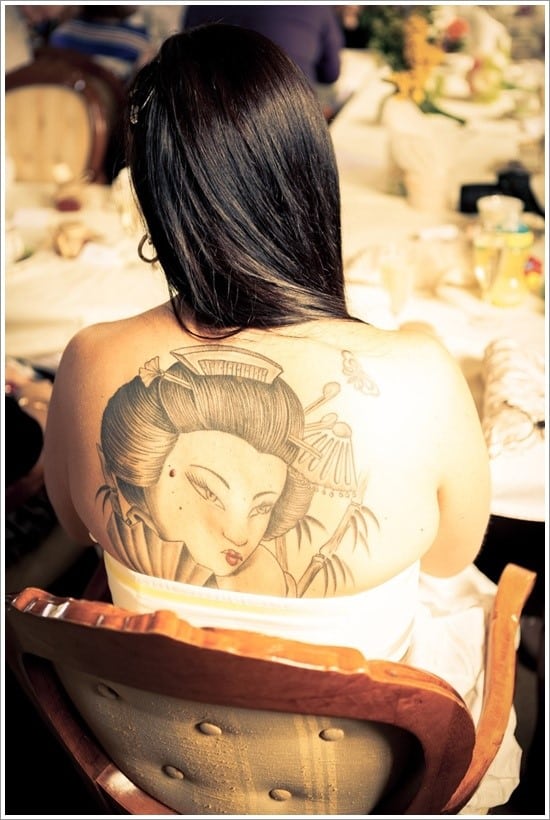
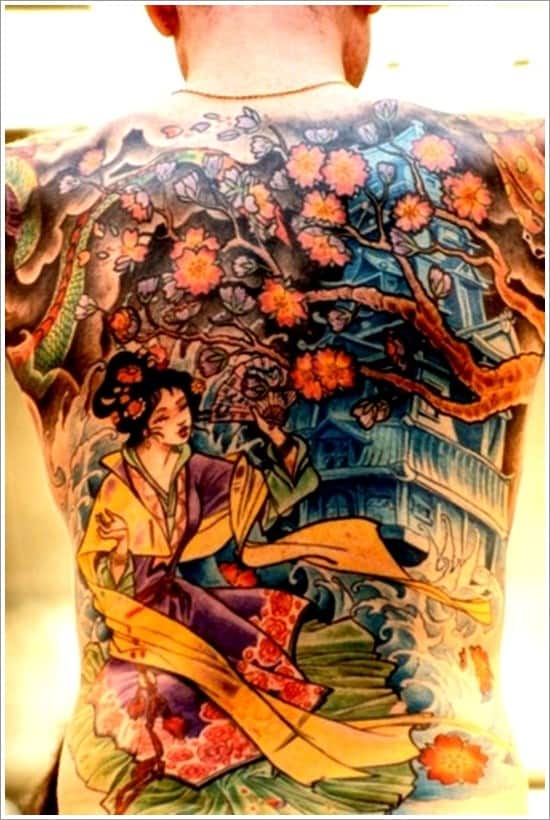
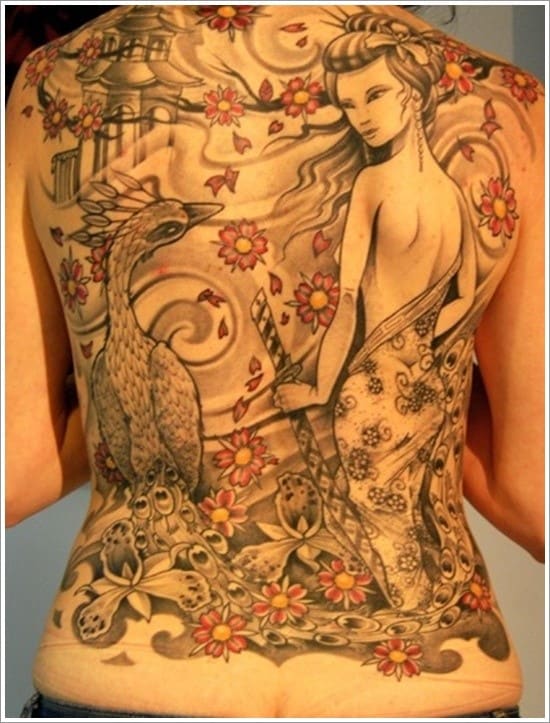
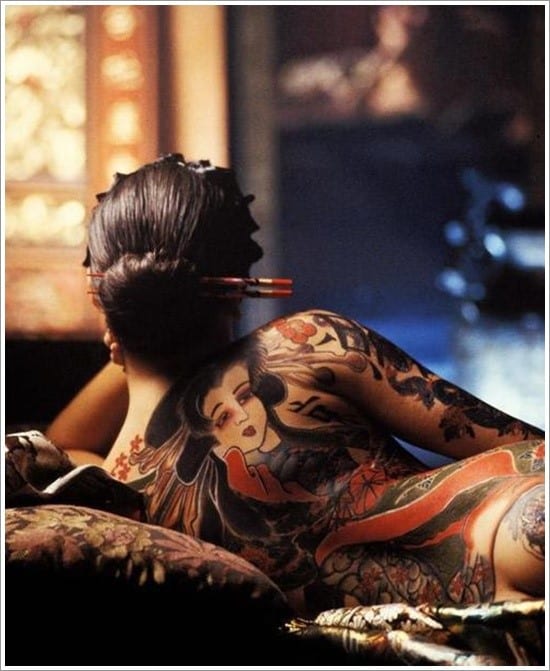
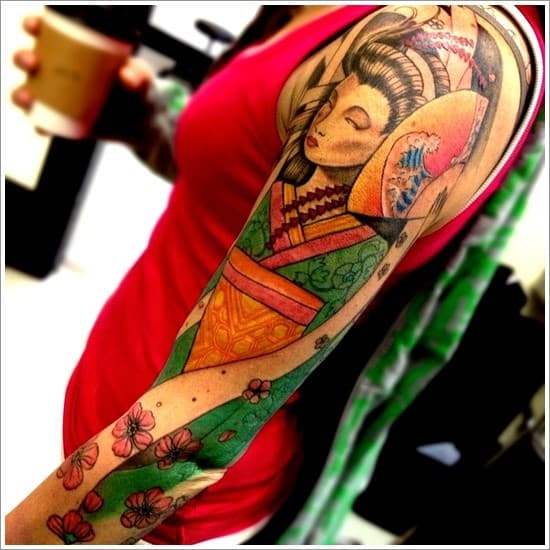
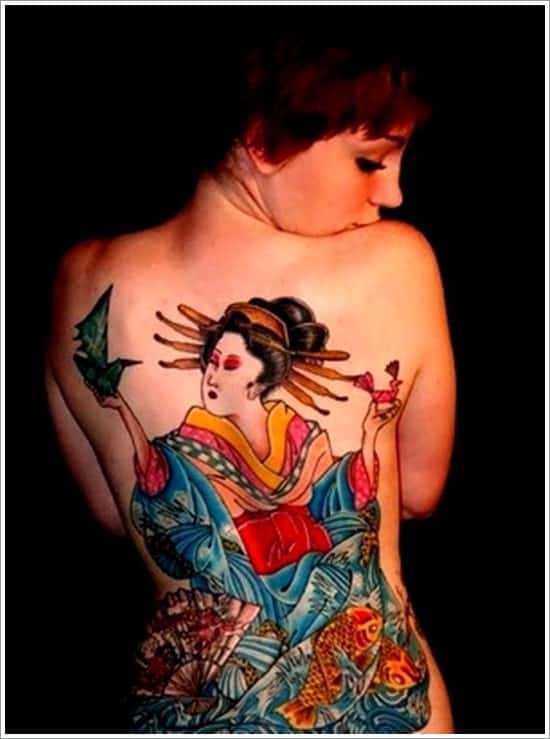
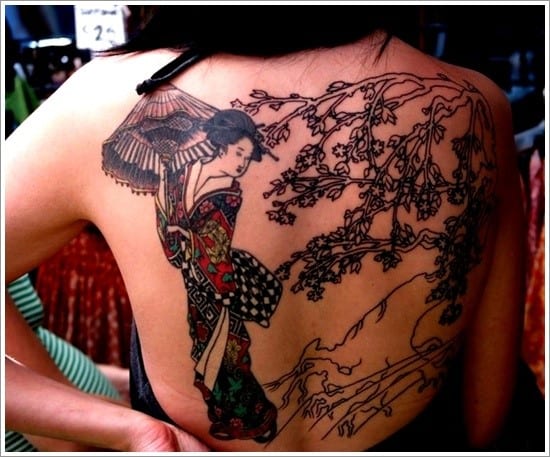
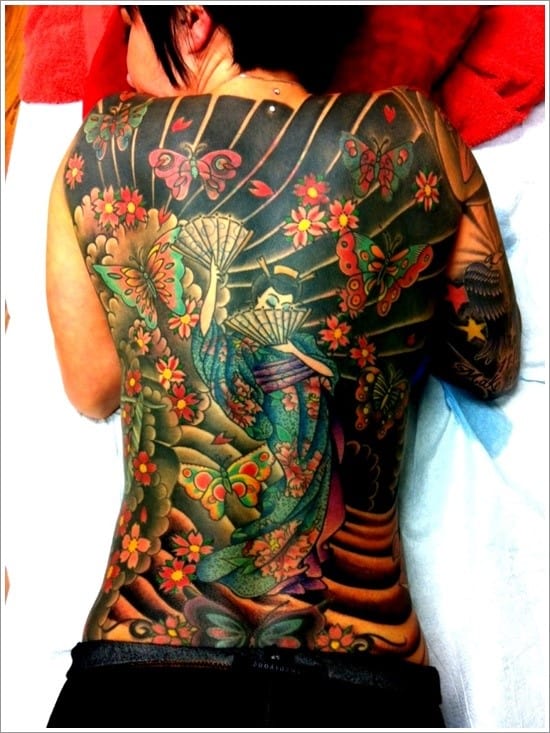
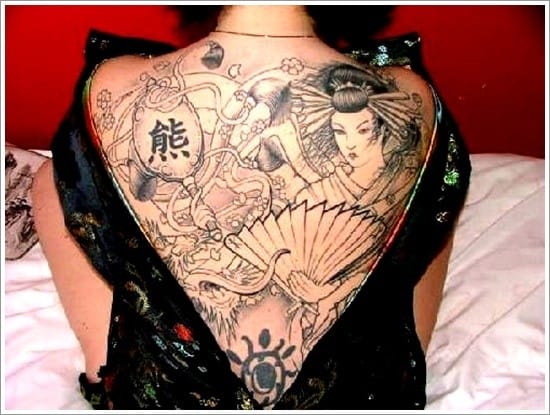
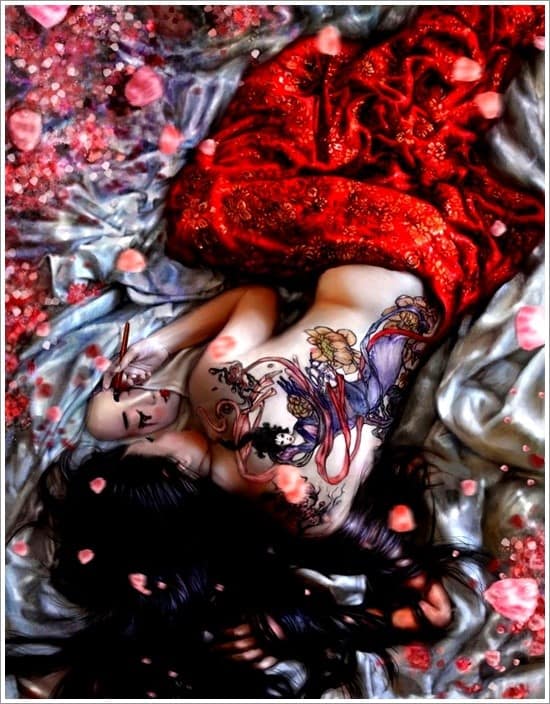
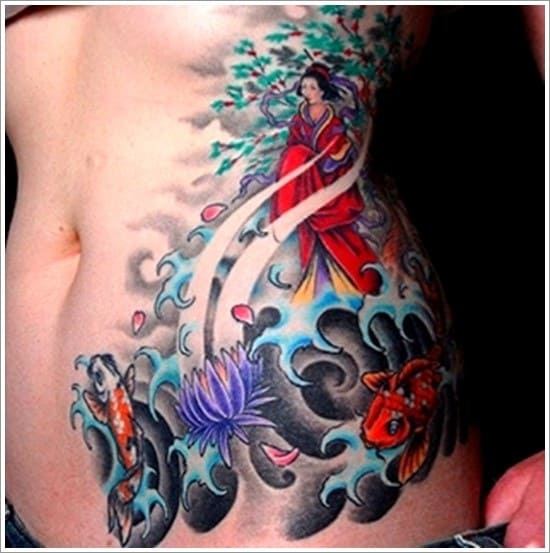
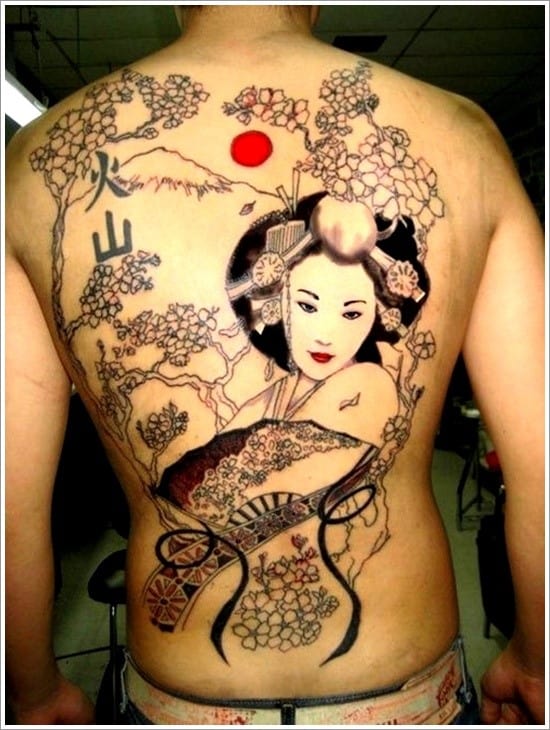
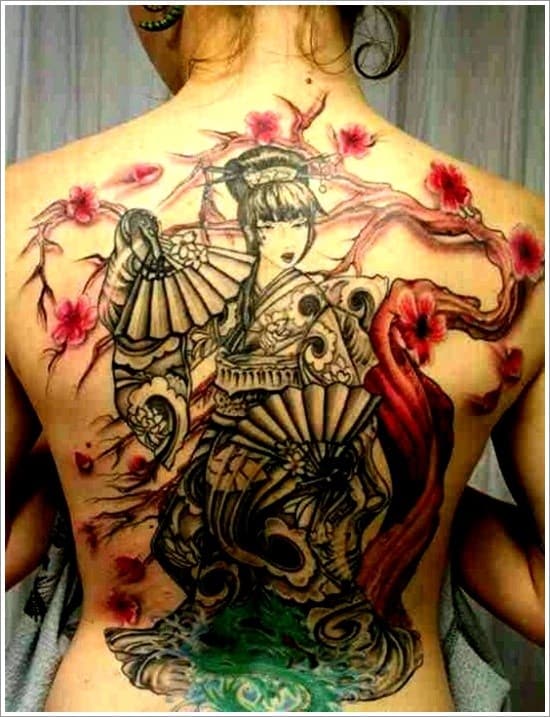
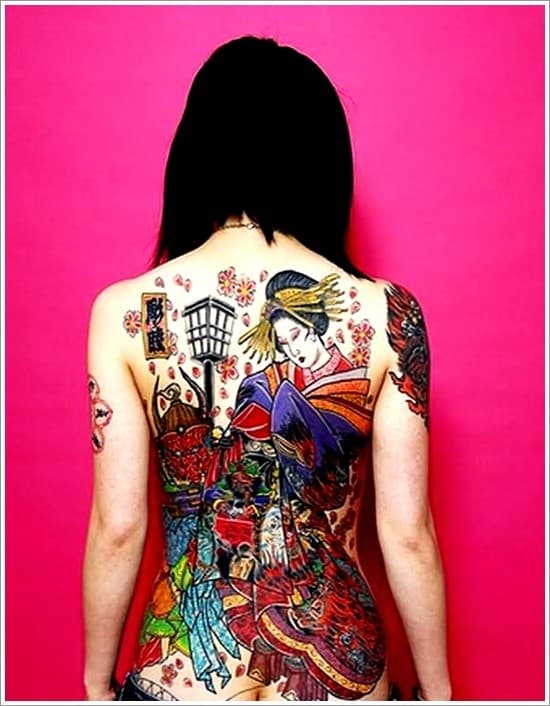
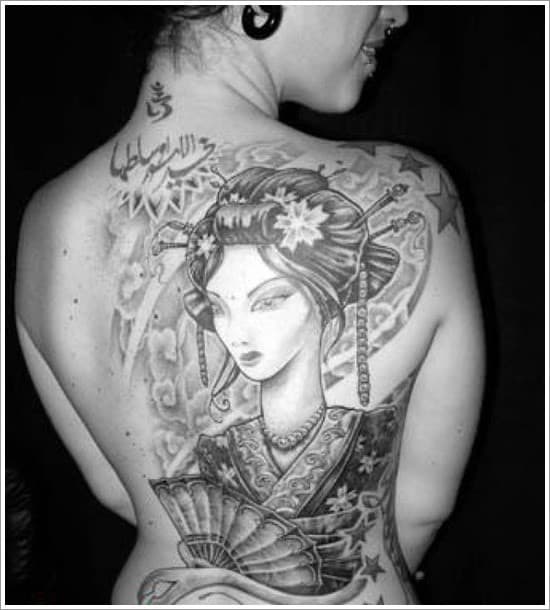
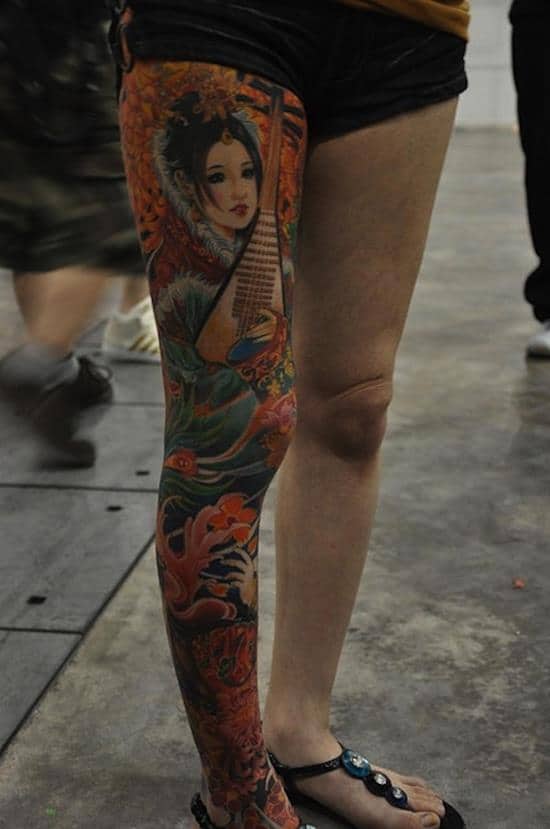
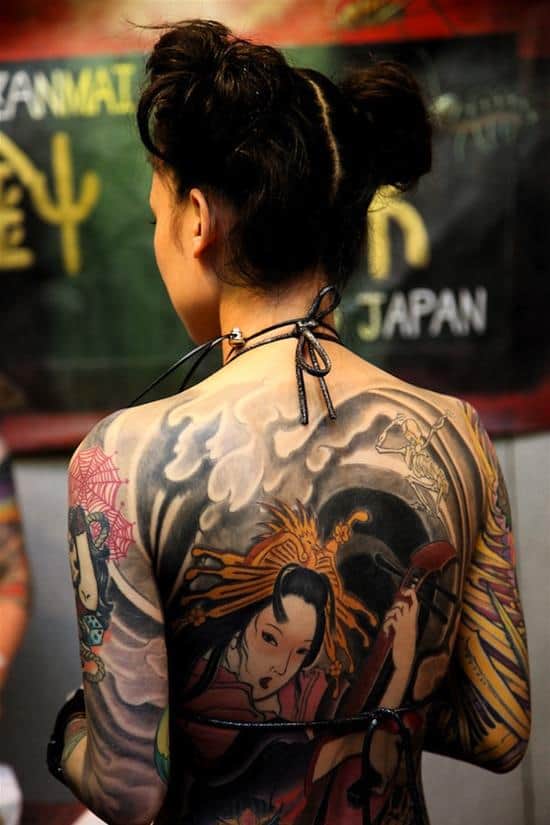
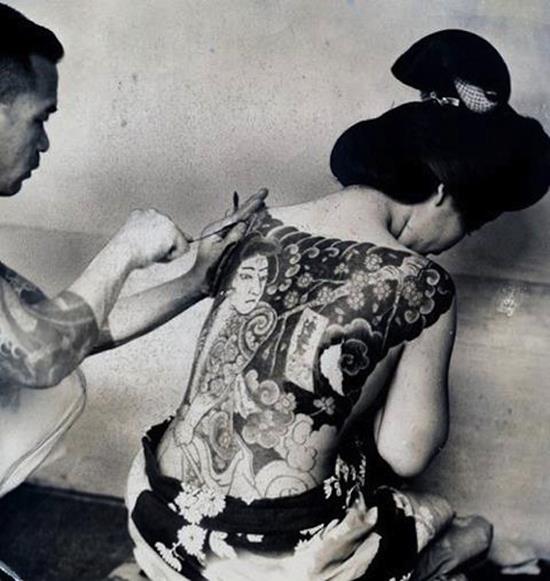
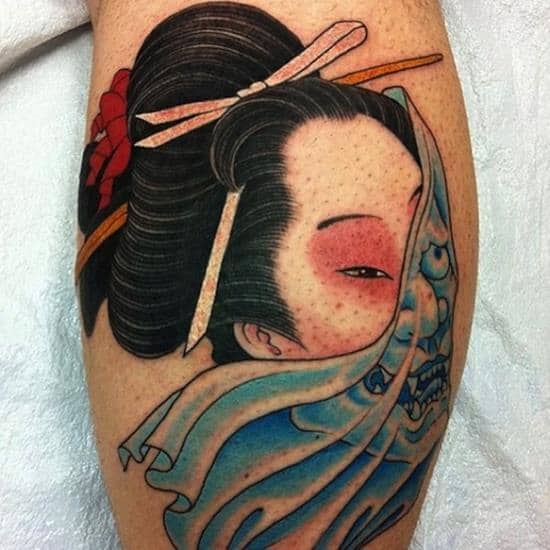
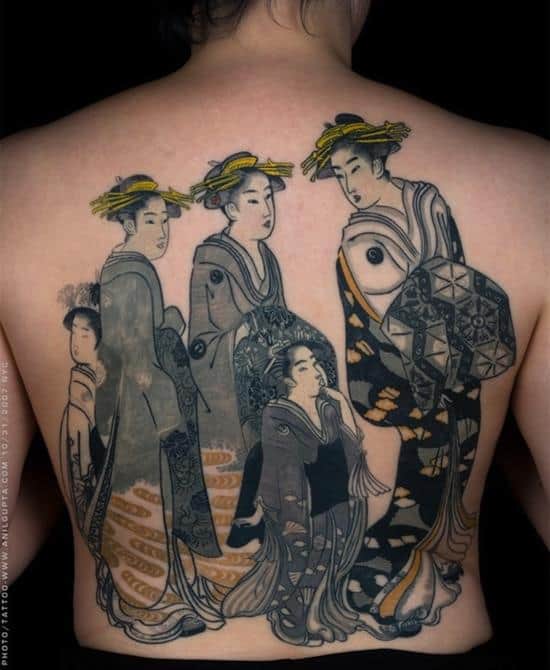
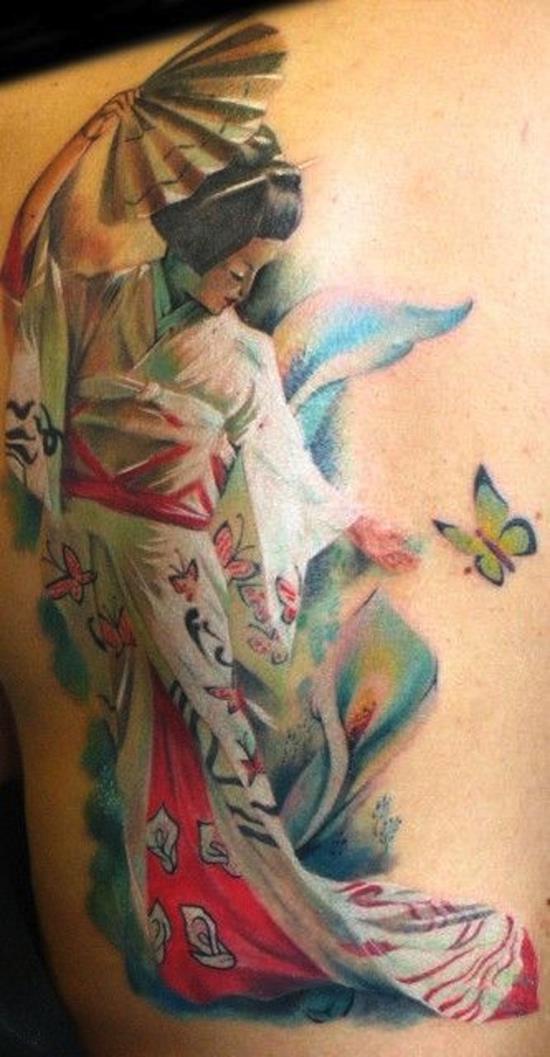
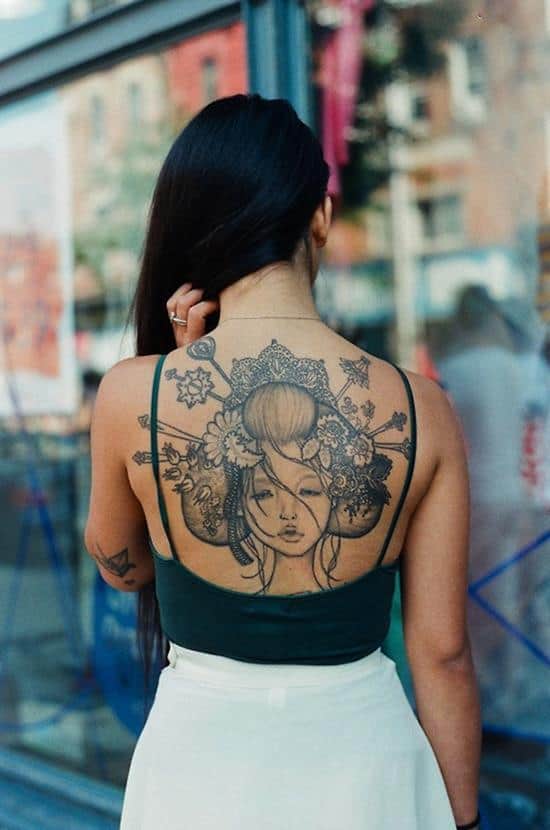
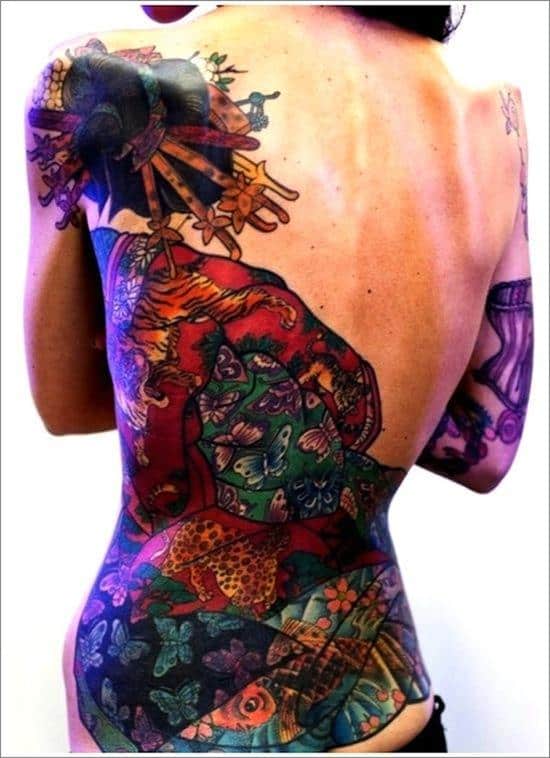
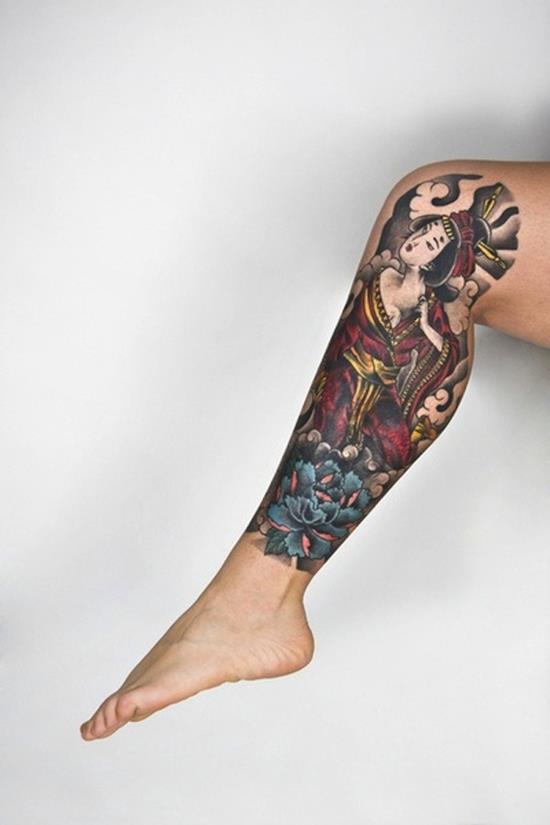
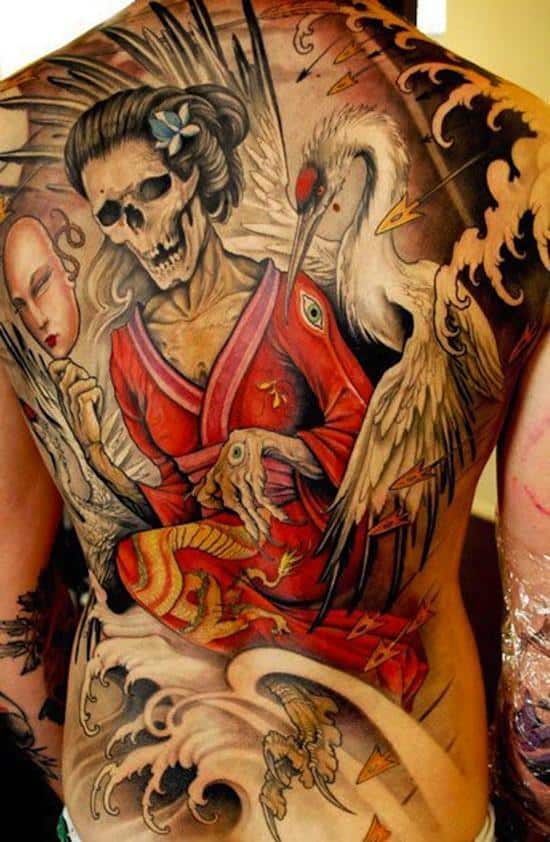
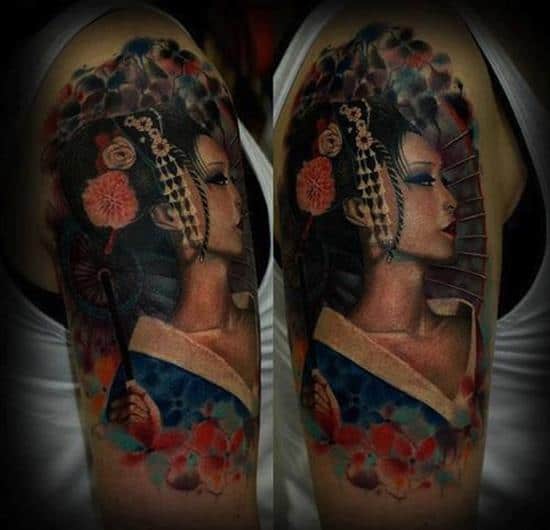
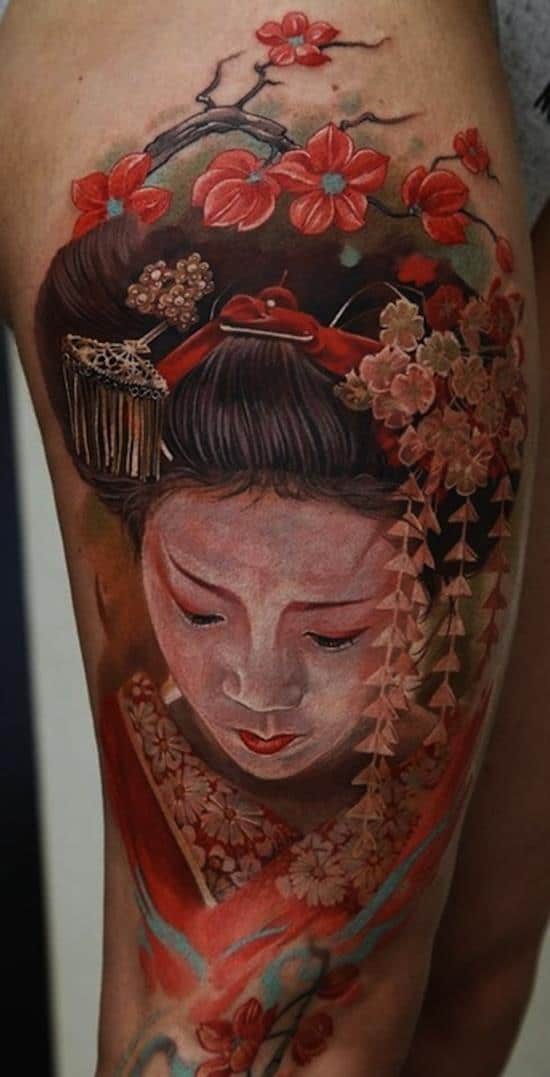
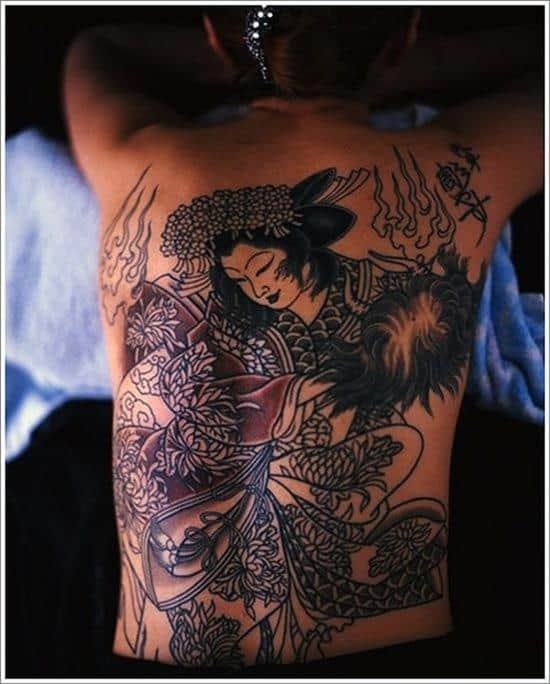
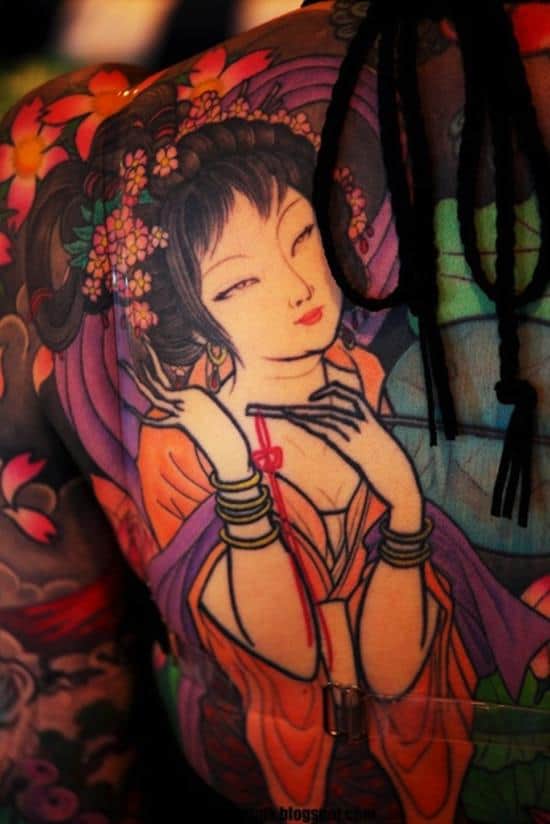
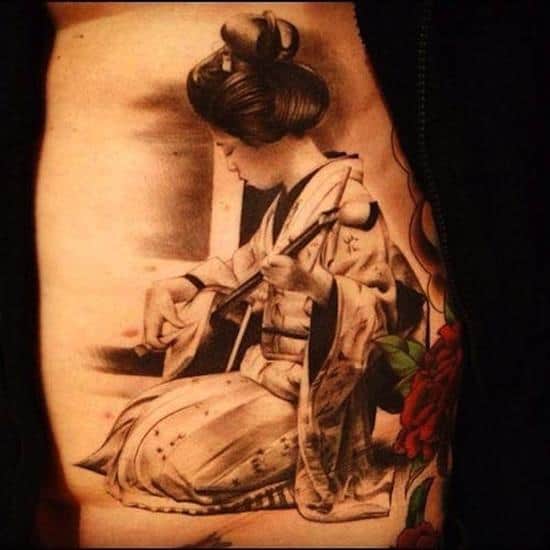
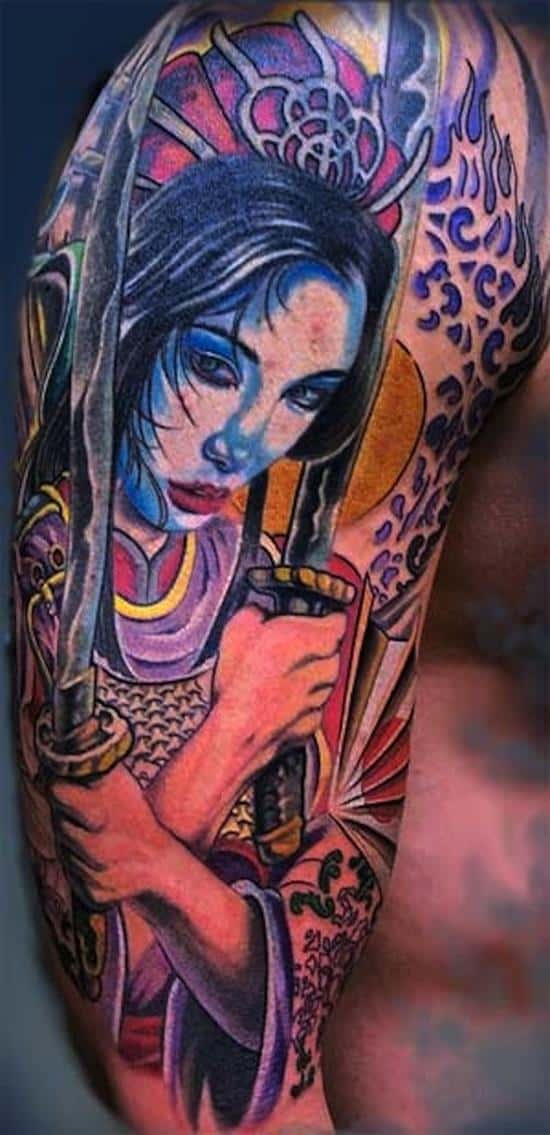
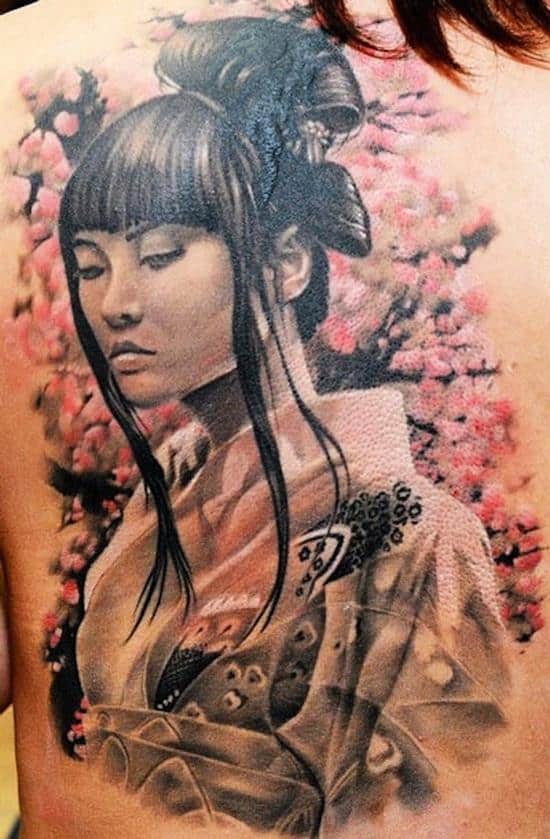
Who are geishas?
Geishas are traditional female entertainers, exclusive to Japanese culture. The tradition of geishas as we know them reaches back to the 1700s. Before then, geishas were almost exclusively male.
In Japanese, gei means ‘art’, and sha – ‘person who does’. Therefore, the word geisha loosely translates to ‘artist’.

Geishas dedicate their lives entirely to the arts, mastering various skills and talents in order to entertain wealthy clients.
These skills often involve traditional Japanese dancing, poetry, singing, and literature.
A broad general knowledge compliments these artistic talents, in order to make geishas exceptionally good conversationalists.
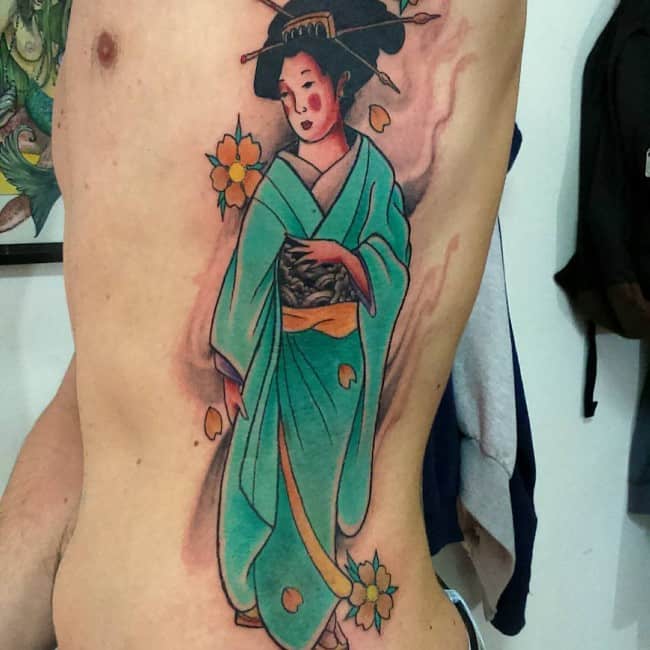
Geishas were not supposed to marry. They lived in houses exclusive to the profession (okiya), where they took their training and studied the arts. If a geisha got married, she usually ended her career as an entertainer.
The training to become a geisha was long and extremely difficult. Girls started their studies at a very young age, working as maids in okiya while they learned. The work was famously challenging and hard.
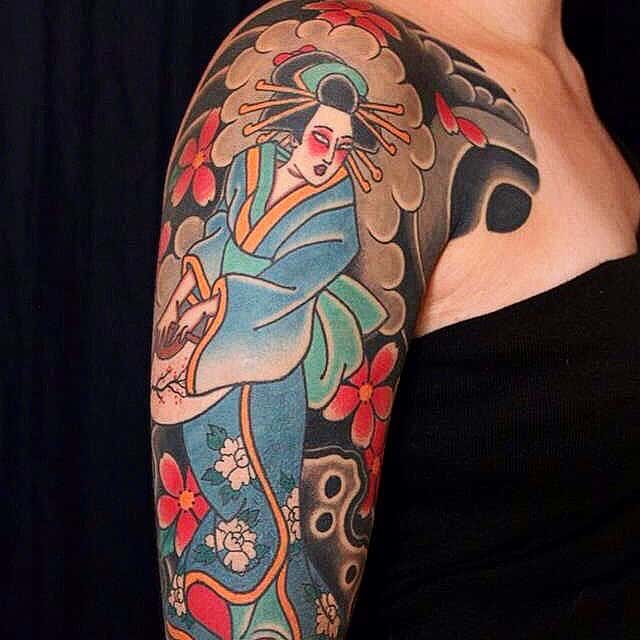
Once a girl was able to pass the extremely difficult test, she became an apprentice who no longer had to do the chores. Apprentices would accompany experienced geishas during performances and continue to learn.
Being a geisha is both a profession and a way of life: geishas remain geishas even when they are not currently entertaining guests.
The Japanese city of Kyoto has particularly strong ties to the geisha tradition. Residents of Kyoto sometimes refer to geishas as geiko.
It’s important to note that many people mistakenly believe geishas to have been prostitutes. While geishas were trained in the art of flirting to entertain male guests, they were never sex workers.
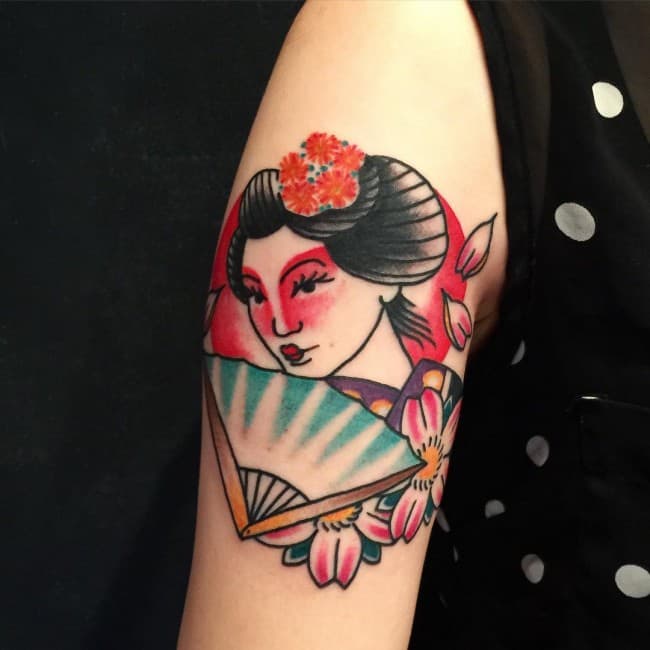
Appearance
Geishas wear silk kimonos, tied at the back. Their hair is set in elaborate buns, and younger geishas wear white makeup on their faces.
Traditionally, there were strictly observed methods of hair-styling, makeup application, and clothing choice.

Geishas today
The traditional way of living for geishas continues today, though it’s far less popular. In the 1920s, there were an estimated 80,000 geisha in Japan: today, the number is closer to 1500.
Most of the ‘geishas’ that tourists are likely to see in Japan nowadays are actually actresses stylized to look like geishas. Meeting a real geisha requires the right connections and, usually, a large amount of money.
Today’s geishas still follow the same training, although it’s likely to be shorter and less rigorous.
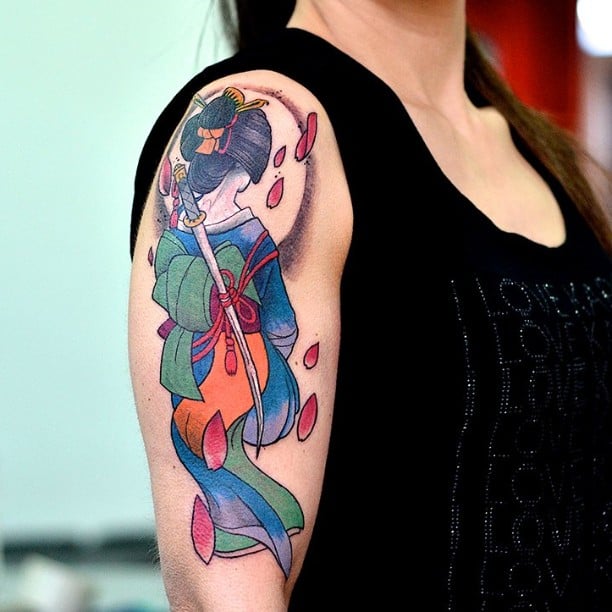
Geisha tattoo meaning
Geishas are symbols of sophistication, the arts, and Japanese traditions and customs. Many people who choose geisha tattoo designs do so as an homage to Japanese culture.
Arts, knowledge, and wit
Geishas are virtually synonymous with these three concepts, in Japanese culture and beyond.
They distinguished themselves from other entertainers by their extensive knowledge on a range of topics, their artistic talents, and their elegance.
Therefore, geisha tattoos are often a reference to the importance of cultivating the arts and maintaining tradition.

Dedication
The idea of dedication comes from the extreme determination it took to become a geisha. The training for the profession was famously difficult, intended to make sure that only the best of the best actually became professional entertainers.
For example, until the 1920s, geishas had a custom of putting their hands in icy water, going outside into the freezing cold, and playing the shamisen (a musical instrument) until their hands started bleeding!
There was also an element of ritual and spirituality in geishas’ dedication to their way of life, which is reflected in geisha tattoos. One of a geisha’s key principles is to improve herself in some way every day.
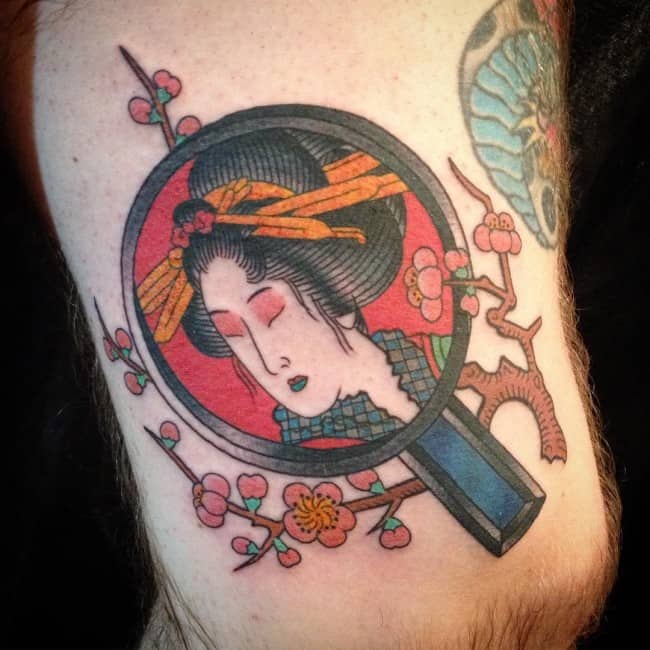
Self-control and elegance
It took tremendous self-control to become a geisha. Modern geisha-themed tattoos can carry the symbolic meaning of restraint.
A geisha had to walk, talk, sit, and move in very particular ways, at all times. We can only imagine the self-control it takes to constantly pay attention to every movement and never react impulsively.
Part of the reason behind this restraint was to project an image of elegance, composure, and sophistication.

Trustworthiness
As we’ve already seen, geishas are supposed to entertain guests with conversation as well as dancing and singing.
Traditionally, geishas would not repeat anything a client told them. They were trustworthy and discreet, and customers could be sure that anything they say will remain a secret.
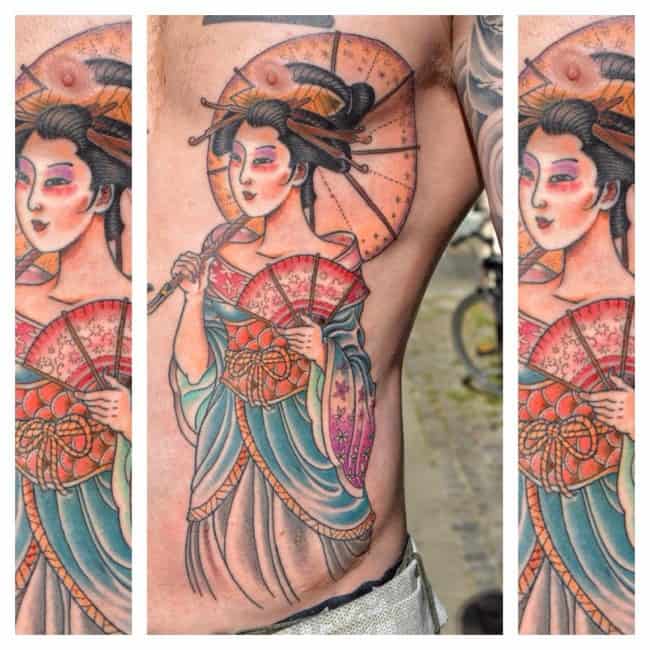
Geisha tattoo ideas
You’ll notice that geisha tattoos are usually medium to large in size. The main reason behind this is that a fair amount of detail is necessary to accurately render even a simple image of a geisha.
In order to be distinguishable as a geisha, the woman in the design needs to be visibly wearing a kimono, a traditional bun, and often white makeup.
If the image is scaled down too much (made too small), these details will be lost and it will be difficult to tell that the woman pictured is a geisha.

Japanese geisha tattoos
One of the most popular choices for the theme of a geisha tattoo is the traditional Japanese style.
Interestingly, tattoos are actually not common in Japan. This is largely because of their perceived ties to criminal activity.
Firstly, they are associated with the Yakuza – Japanese mafia. Secondly, Japan has a history of using tattoos to mark convicted criminals as outcasts.

However, there is a distinct style that tattoo enthusiasts generally accept as ‘Japanese tattoos’.
Japanese tattoos are almost always large. They usually cover the entire back, chest, or arm. They use little outlining and plenty of vivid colors.
In addition, natural elements often appear in the designs – waves, clouds, flowers, or animals. The designs represent these in a style that draws on traditional Japanese art.
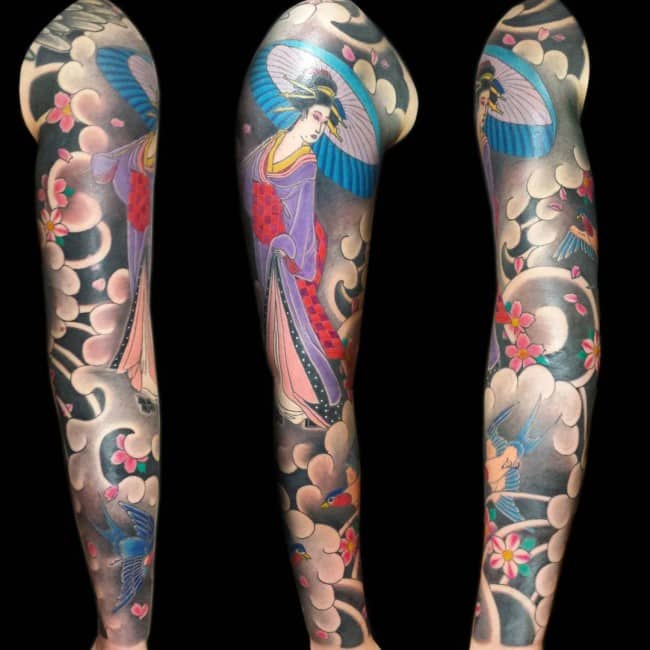
If you’re considering a Japanese-style tattoo, it’s a good idea to find a tattoo artist with experience in this niche. Japanese tattoos are very distinctive and it takes expertise from the artist to get the style exactly right.
It’s not just about filling the space with the right elements: the appearance of each part has to be rendered in a specific way in order to be recognizable as Japanese art.
To find out more about Japanese tattoos and see further examples of traditional designs, check out this article.
Alternative styles
Although Japanese-style geisha tattoos are among the most popular, they are by no means the only option.
Plenty of people opt for more modern-looking designs. For example, you can see some truly impressive 3D renditions of geishas.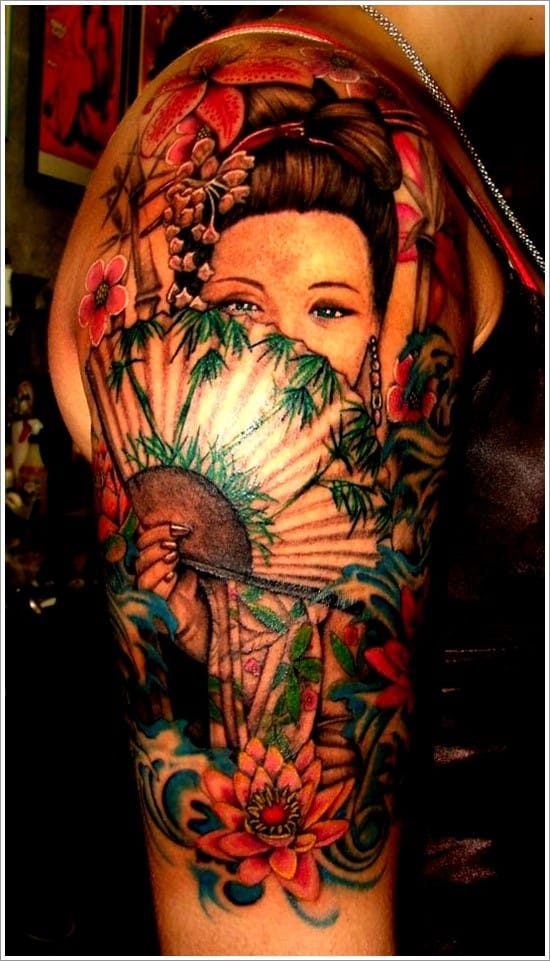
On the other end of the realism spectrum, manga and cartoon-style art are also common choices.
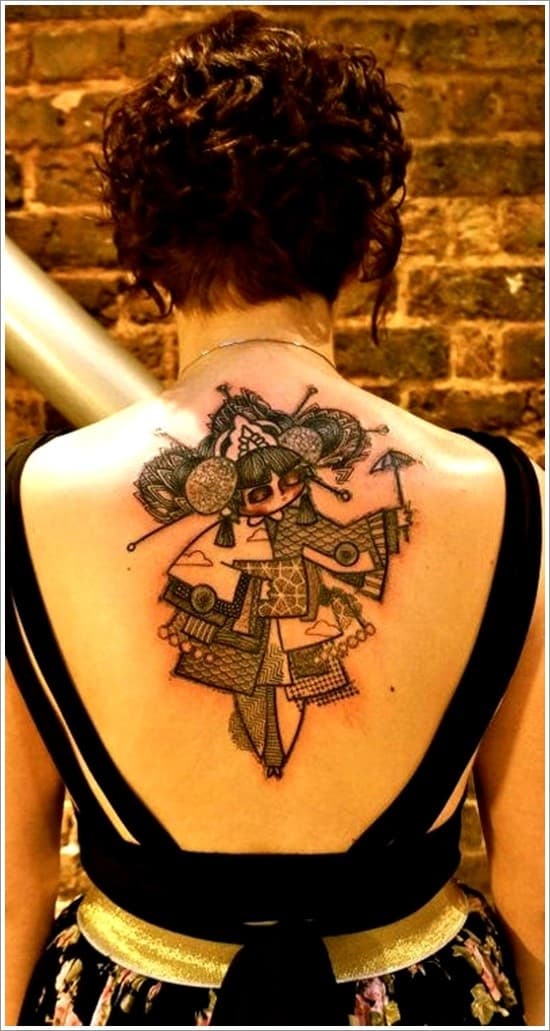
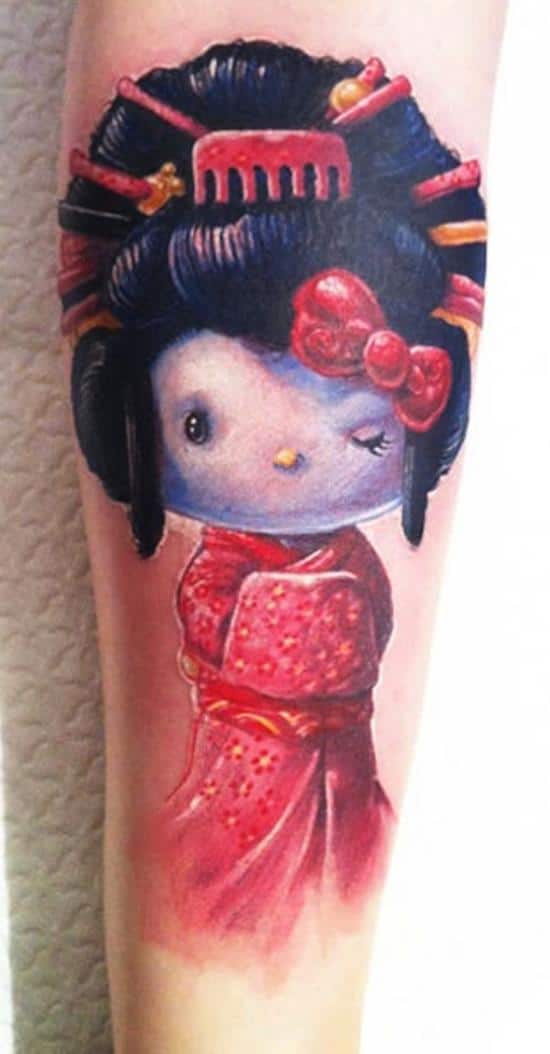
Whatever style you choose for your geisha girl tattoo, it’s important to remember that you are, in effect, appropriating an important part of a country’s culture.
Therefore, it’s advisable to avoid representing geishas in body art in disrespectful or offensive ways.
Other elements
We know that a geisha would typically wear a kimono, with her hair in a bun.
Many tattoo designs add further elements to accentuate the ties with Japanese culture and with the profession of a geisha.
The two most common elements are fans and cherry blossoms.
You’ll often see geishas in tattoos holding a fan, or with a fan appearing somewhere in the design. Fans are, for many people, symbolic of the traditional image of a geisha.
Because geisha were seductive through their elegance and charm, rather than exposed sexuality, the fan is something of a main prop. Geishas would conceal parts of their faces with the fan to create an air of mystery and elegance.
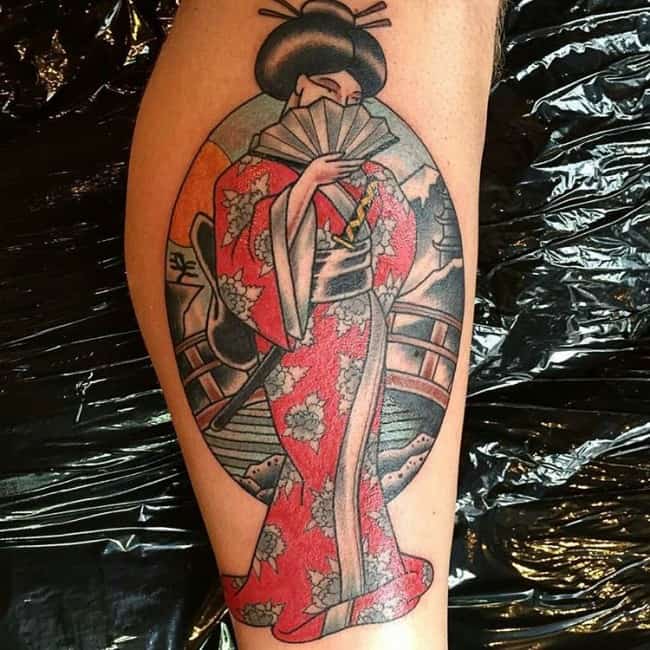
Meanwhile, cherry blossoms are a reference to the Japanese origins of geisha. These little pink flowers are the symbols of Japan, and appear very often in Japanese tattoos and art in general.
On their own, cherry blossoms in tattoos mean new beginnings, transition, and the fleeting nature of life. In Japanese culture and beyond, they are often a reminder of our mortality and of the importance of living in the moment.
In geisha tattoos, cherry blossoms function more as a direct link to Japanese art and culture.
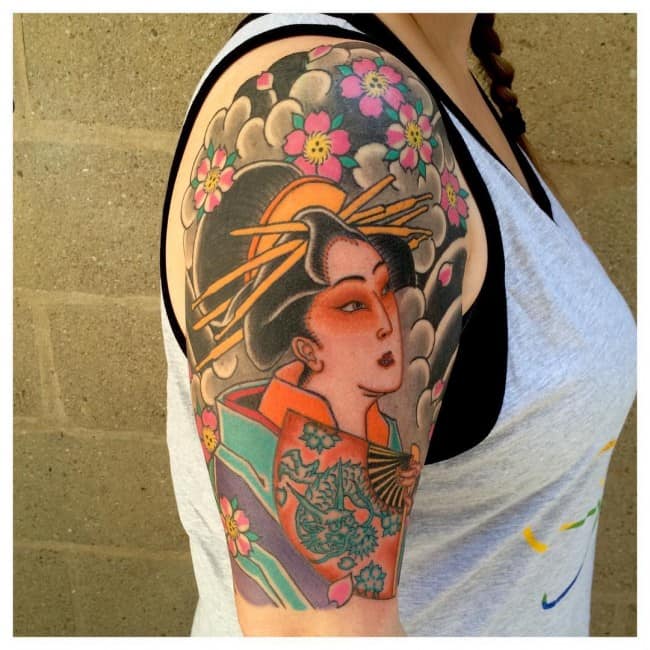
Geisha tattoo design examples
Alternative 3D realism
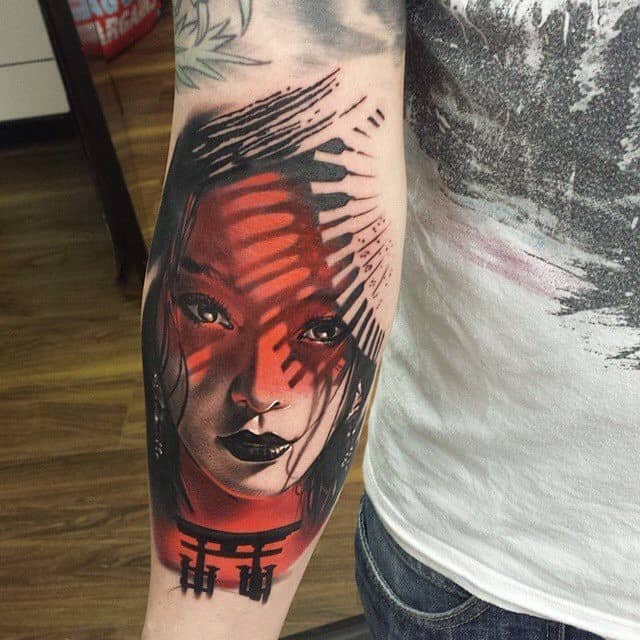 This tattoo combines the traditional imagery of a geisha with a modern, hyper-realistic style. The complex play of light and shadow in this design is particularly impressive – the artist rendered the face of the geisha in full 3D, achieving photorealism.
This tattoo combines the traditional imagery of a geisha with a modern, hyper-realistic style. The complex play of light and shadow in this design is particularly impressive – the artist rendered the face of the geisha in full 3D, achieving photorealism.
The use of the color red, alongside the customary white for the geisha’s face, is likely a reference to Japan – you’ll notice the Japanese flag consists of white and red.
Interestingly, even though we can’t see what the woman in the design is wearing and her hair is not in a traditional bun, she is still recognizable as a geisha. This is in part due to the make up that she is wearing, and the strong ties to Japan this tattoo otherwise includes.
Drawing on traditional style
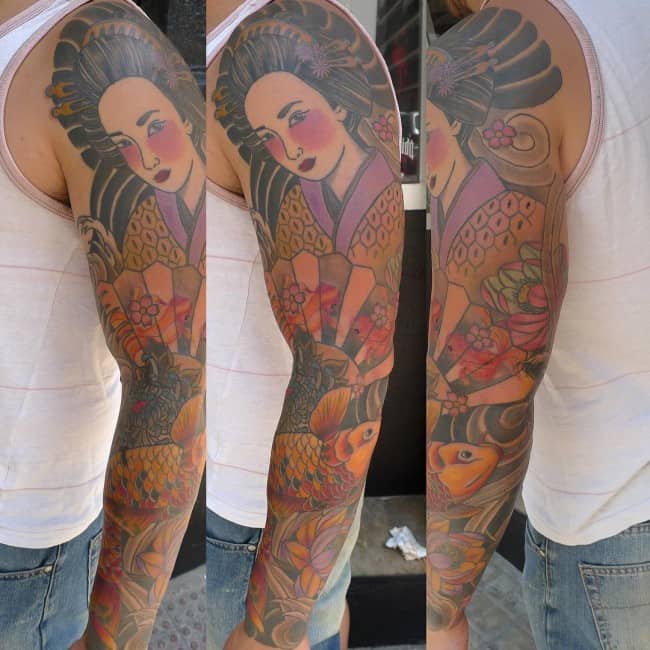
This traditional geisha tattoo also includes a decorative fan, flowers, and a koi fish.
Koi fish are another important cultural element in Japan, with a range of symbolic meanings. They are primarily associated with courage, ambition, and perseverance, because unlike most other fish, they are able to swim upstream.
Koi fish have a tendency to go against the current, which lends them additional meaning of overcoming obstacles. They also represent good luck.
In the context of this design, the koi fish is likely an addition that underlines the tattoo’s Japanese theme. The style of the drawing is similar to traditional Japanese tattoos, although not entirely on the mark.
Colorful illustration tattoo
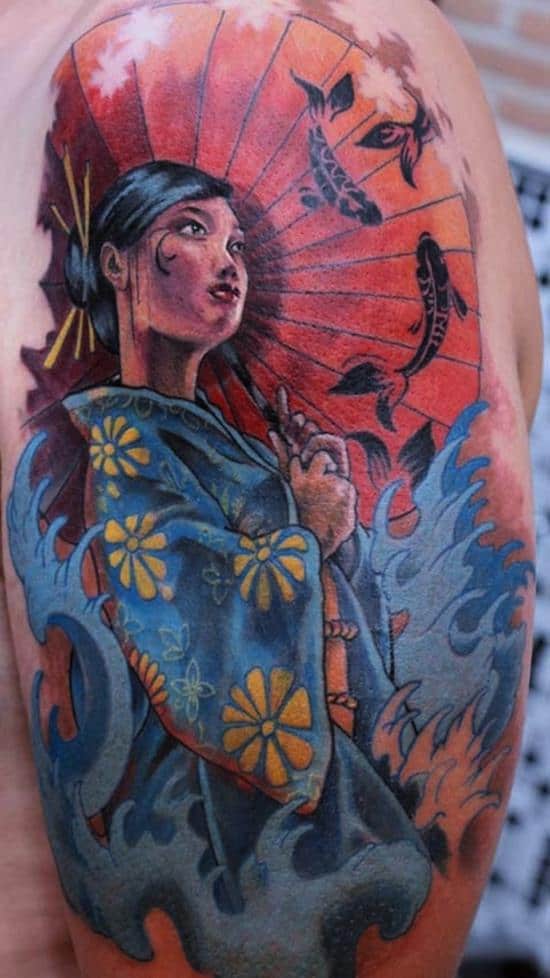
This design combines traditional Japanese tattoo elements – such as the distinctive shape of the waves – with a more modern style.
The outlines and vivid colors, as well as the extensive shading, put this style somewhere between realism and old school tattoos.
Like the previous example, this geisha tattoo also involves koi fish. However, this time, they are cleverly worked into the design – they appear as decorations on the geisha’s umbrella.
Artistic and alternative
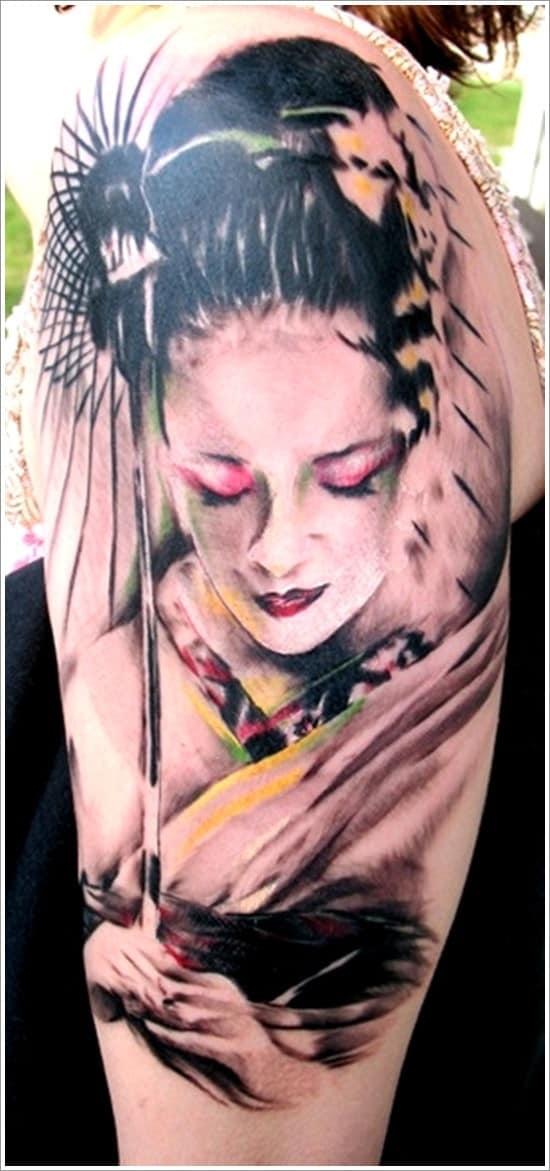
Representing a modern take on the image of a geisha, this tattoo combines realism with an artistic angle. The blurred shapes and the absence of outlines make this a highly original design.
Sparse use of color and reliance on negative space makes this design appear light and subtle, despite the fact that it is rather large – taking up the person’s entire upper arm.
Colorful, traditional Japanese design
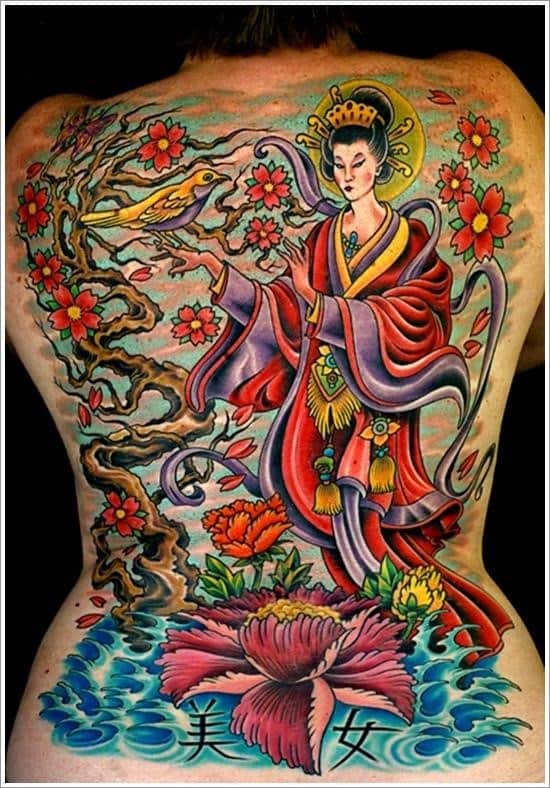 This full-back Japanese tattoo is at first overwhelming, with the vivid colors and plenty of distinct objects.
This full-back Japanese tattoo is at first overwhelming, with the vivid colors and plenty of distinct objects.
The geisha we see here is among natural elements – flowers, a tree, a bird, and waves. Placing the geisha in this scenery can suggest that her beauty and elegance matches the beauty of nature.
The style of the tattoo draws heavily on traditional Asian art. This is evident especially in the shapes of the waves and the tree.
Minimal design
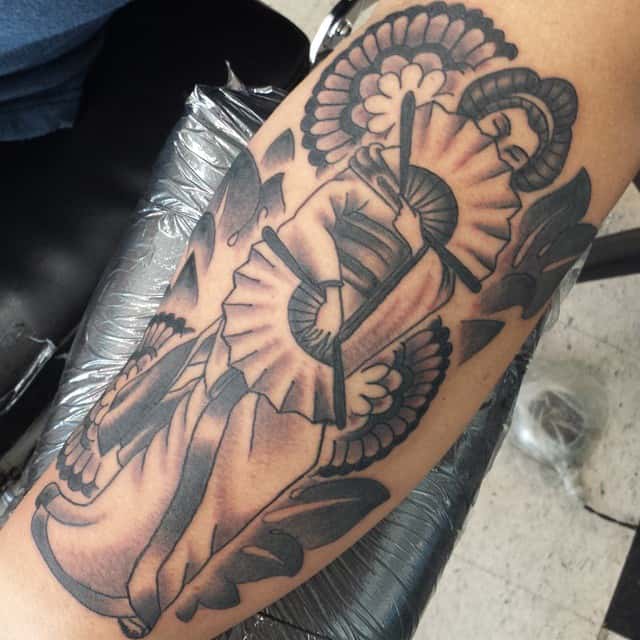
While most traditional Japanese geisha tattoos will be large by necessity, there are smaller alternatives.
This design involves a simple outline style, with minimal shading, all done in black ink. Because of this, it looks minimalistic and light. However, because the style is akin to that of traditional Japanese art, the design doesn’t look modern.
The geisha in this design is not fully visible. However, we can identify the woman as a geisha through her hairstyle, kimono, and the two fans that she is holding.
The addition of floral motifs behind her fills out the design, making it look more complete and cohesive.
Modern back design
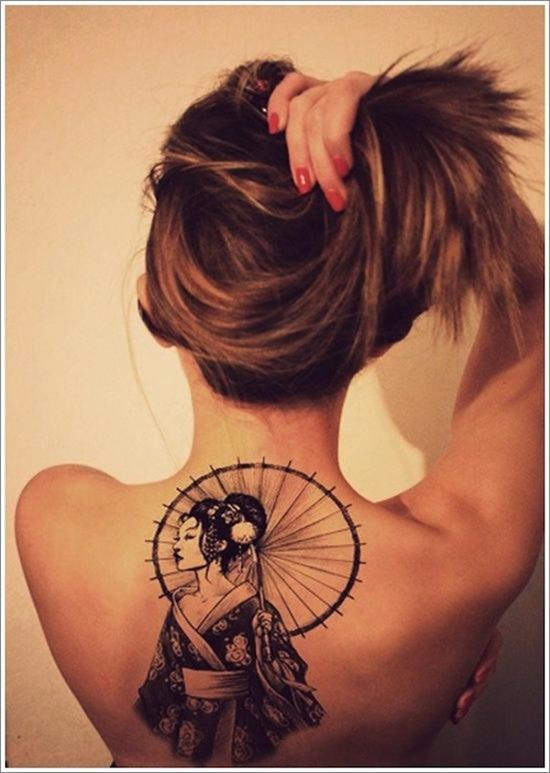
This geisha tattoo represents an entirely fresh take on the theme.
Tattooed in black ink in the style of an illustration, it identifies the subject as a geisha through the kimono tied on the back and the hairstyle.
Interestingly, the umbrella that the geisha is holding forms a perfect circle. This circle is placed in the center of the wearer’s upper back, creating an original effect.
